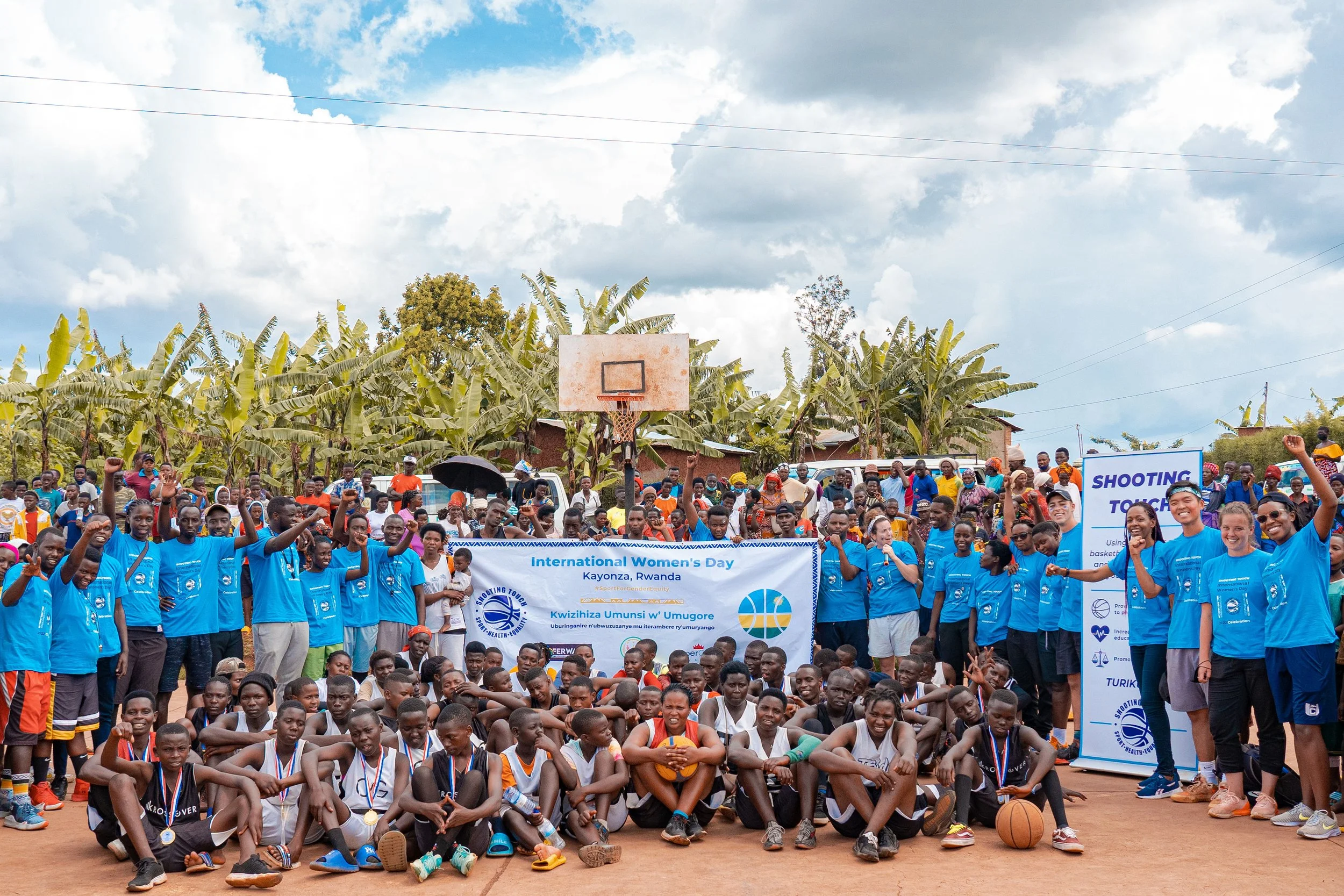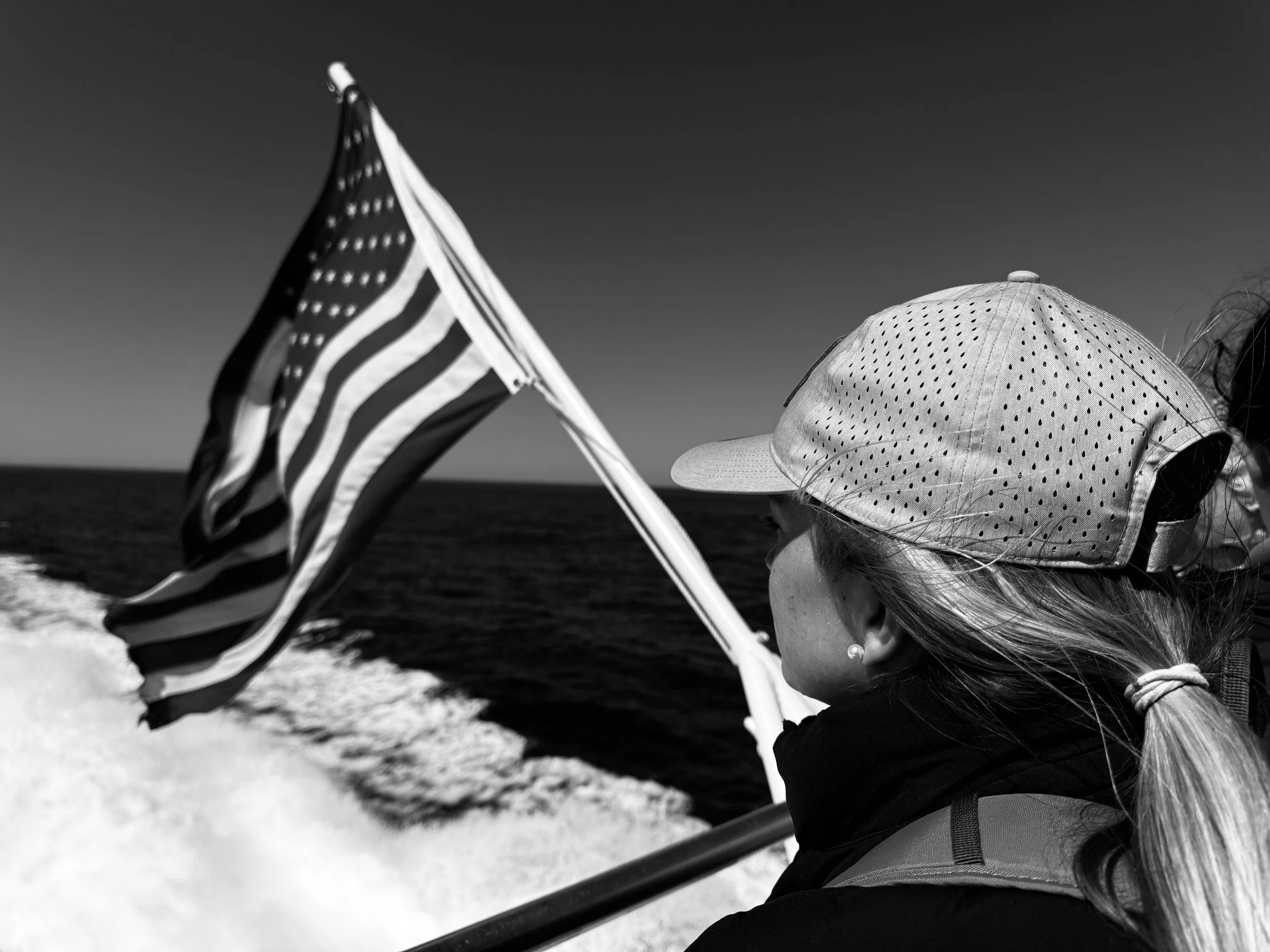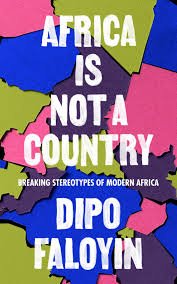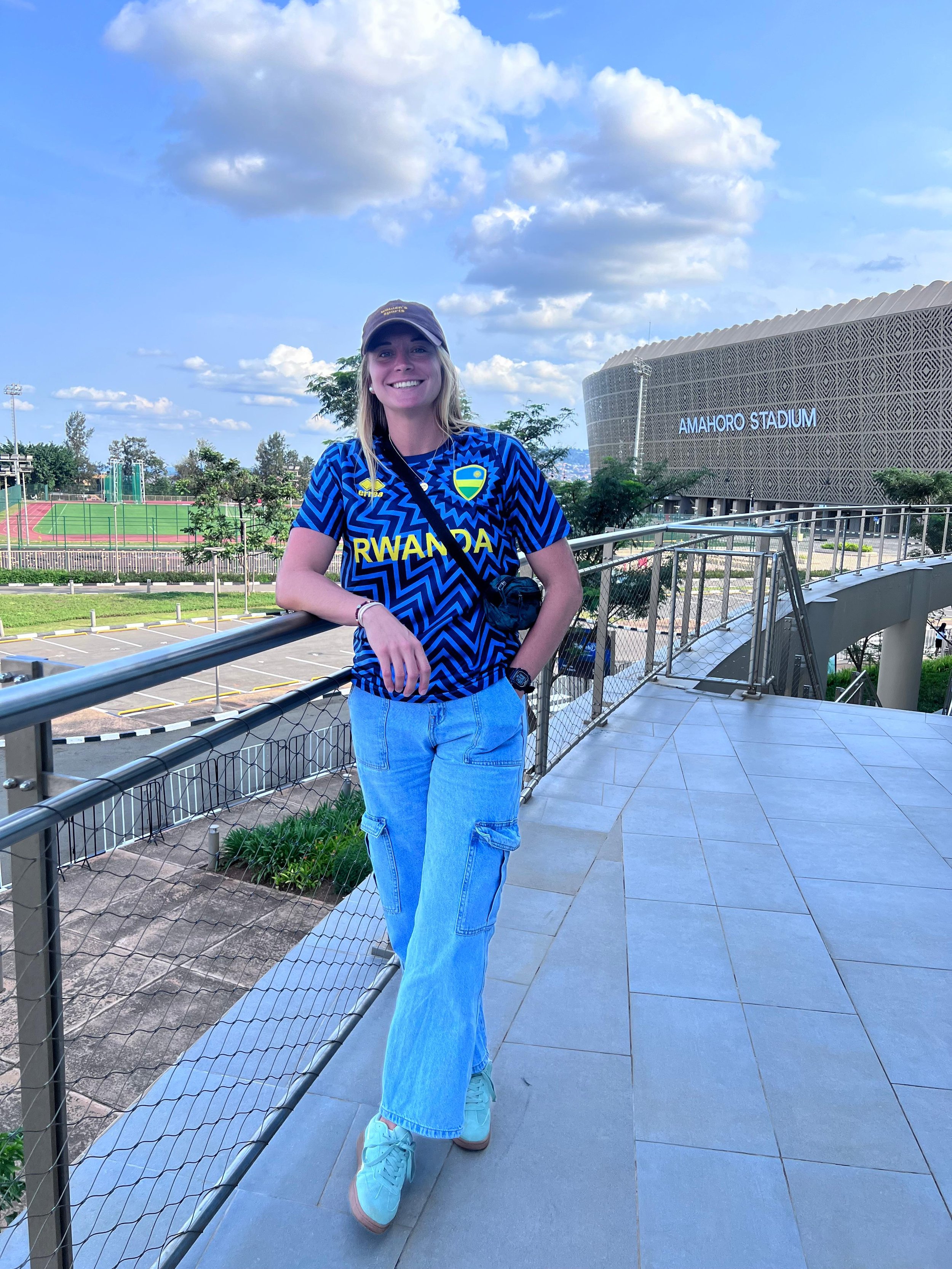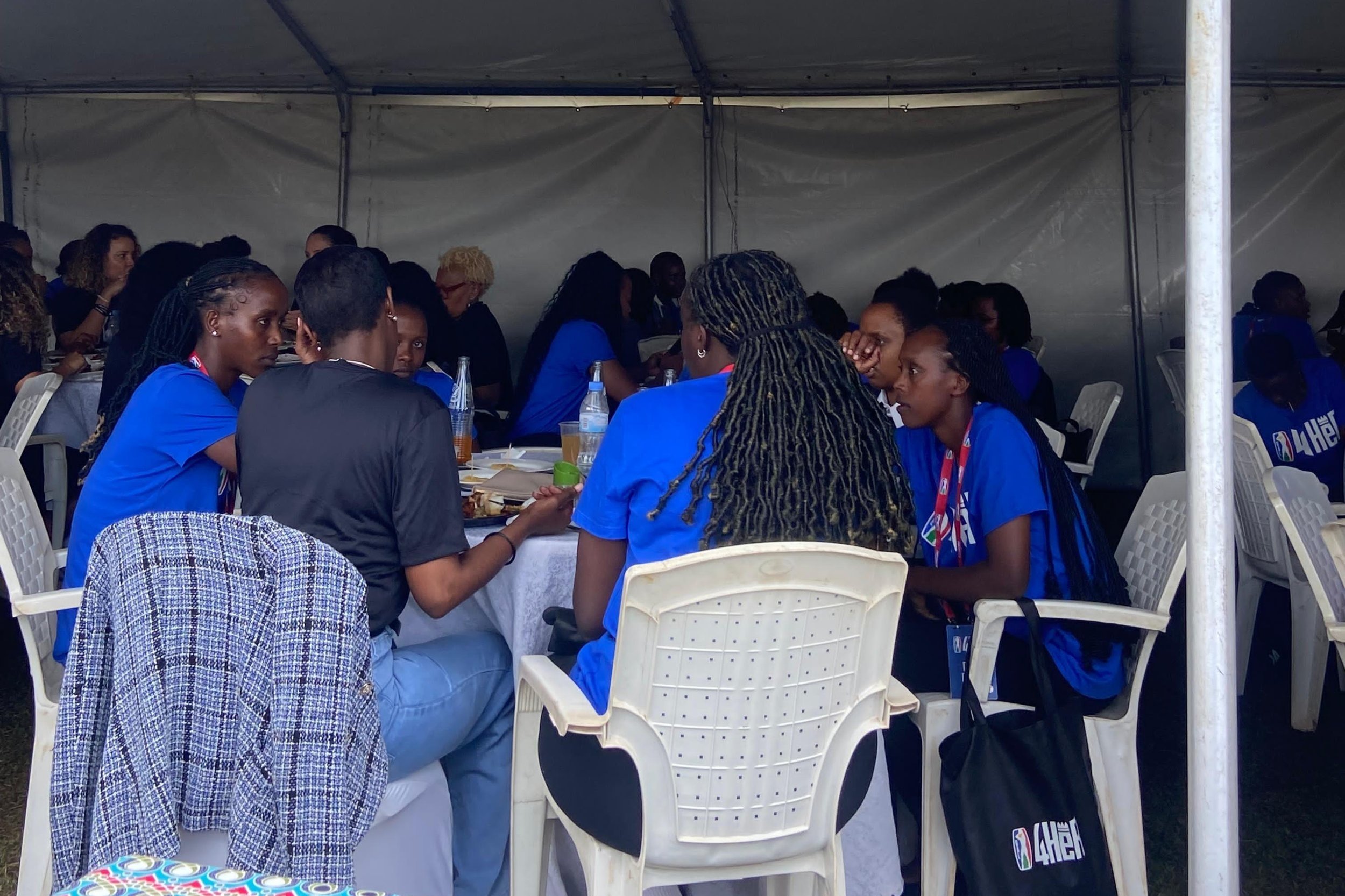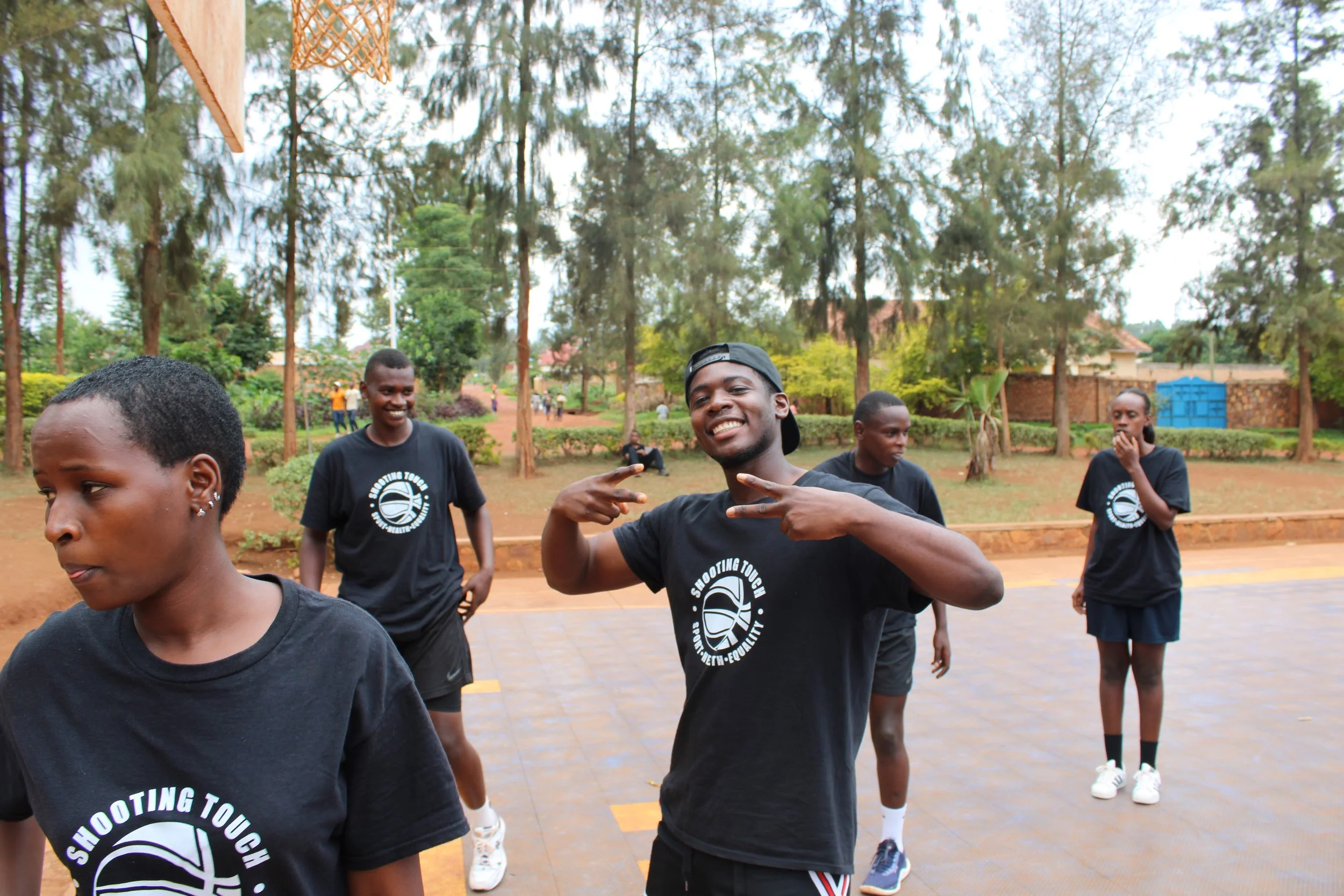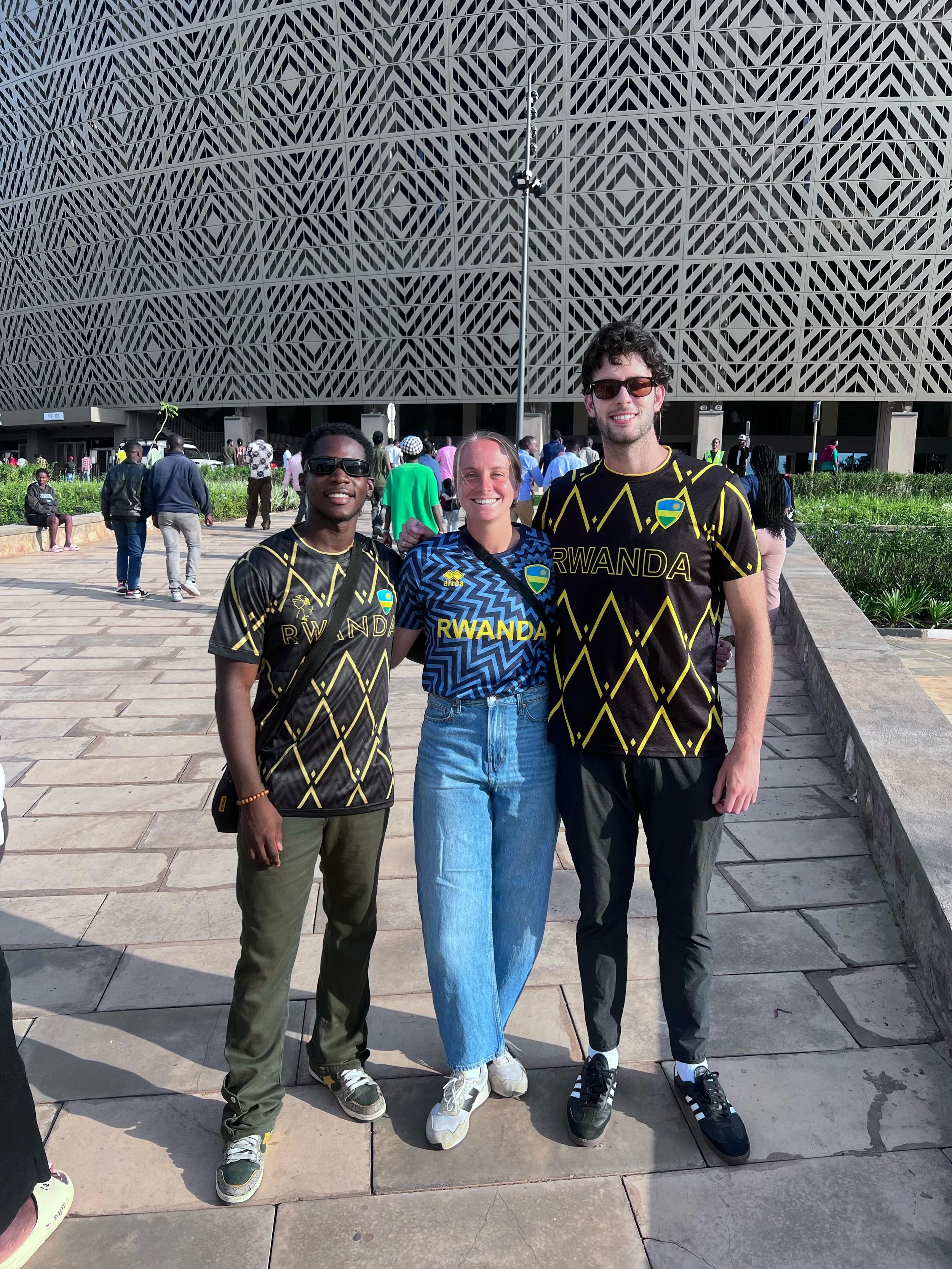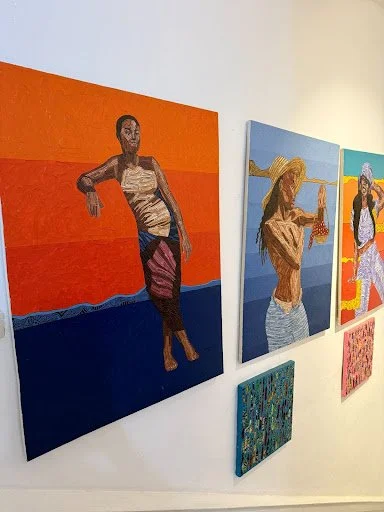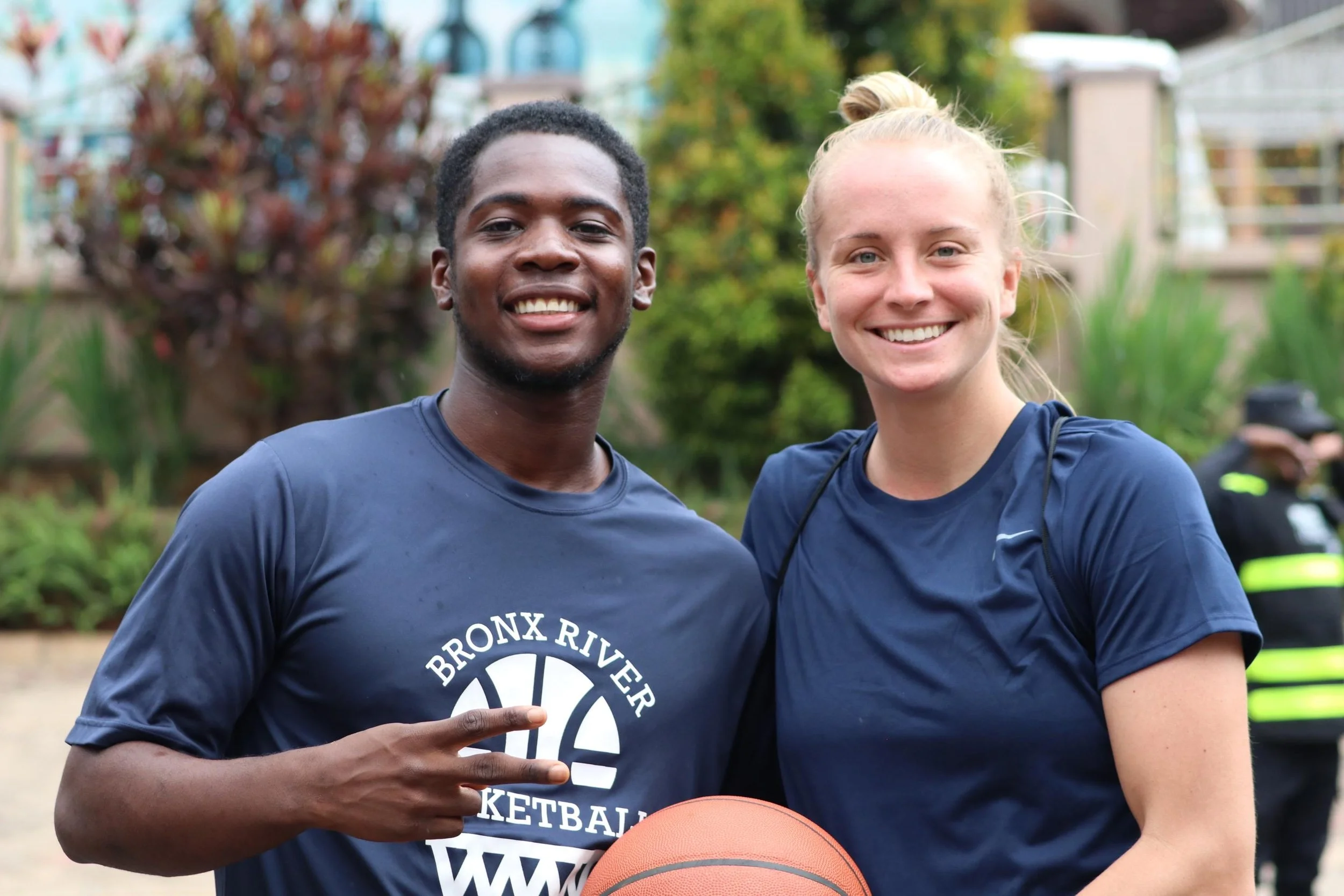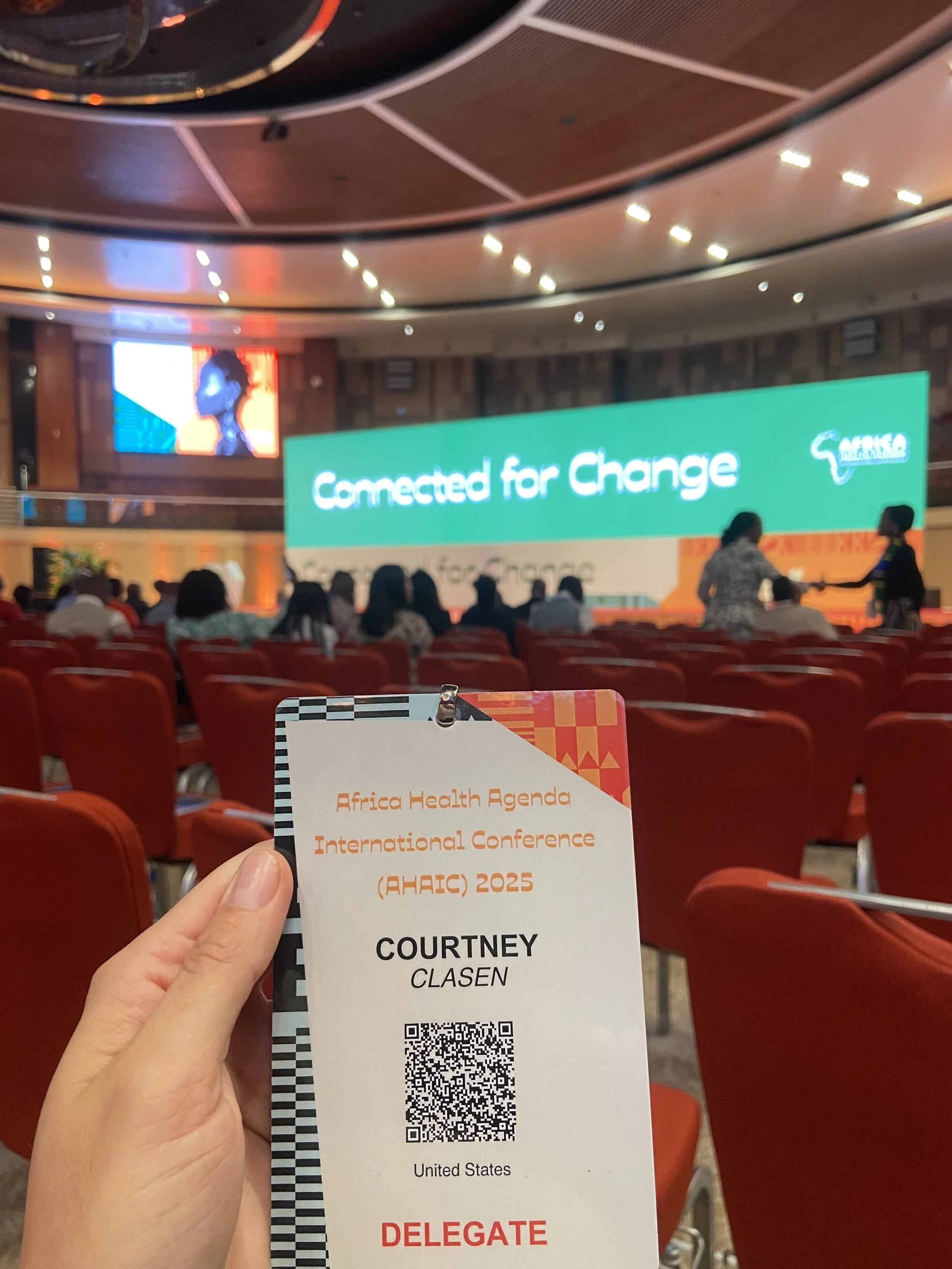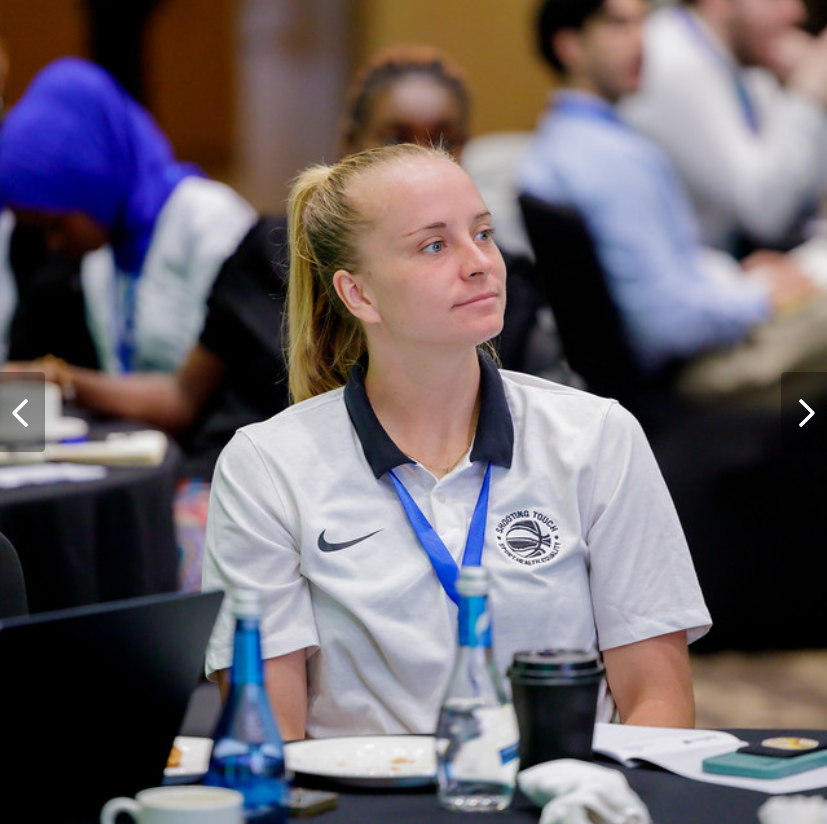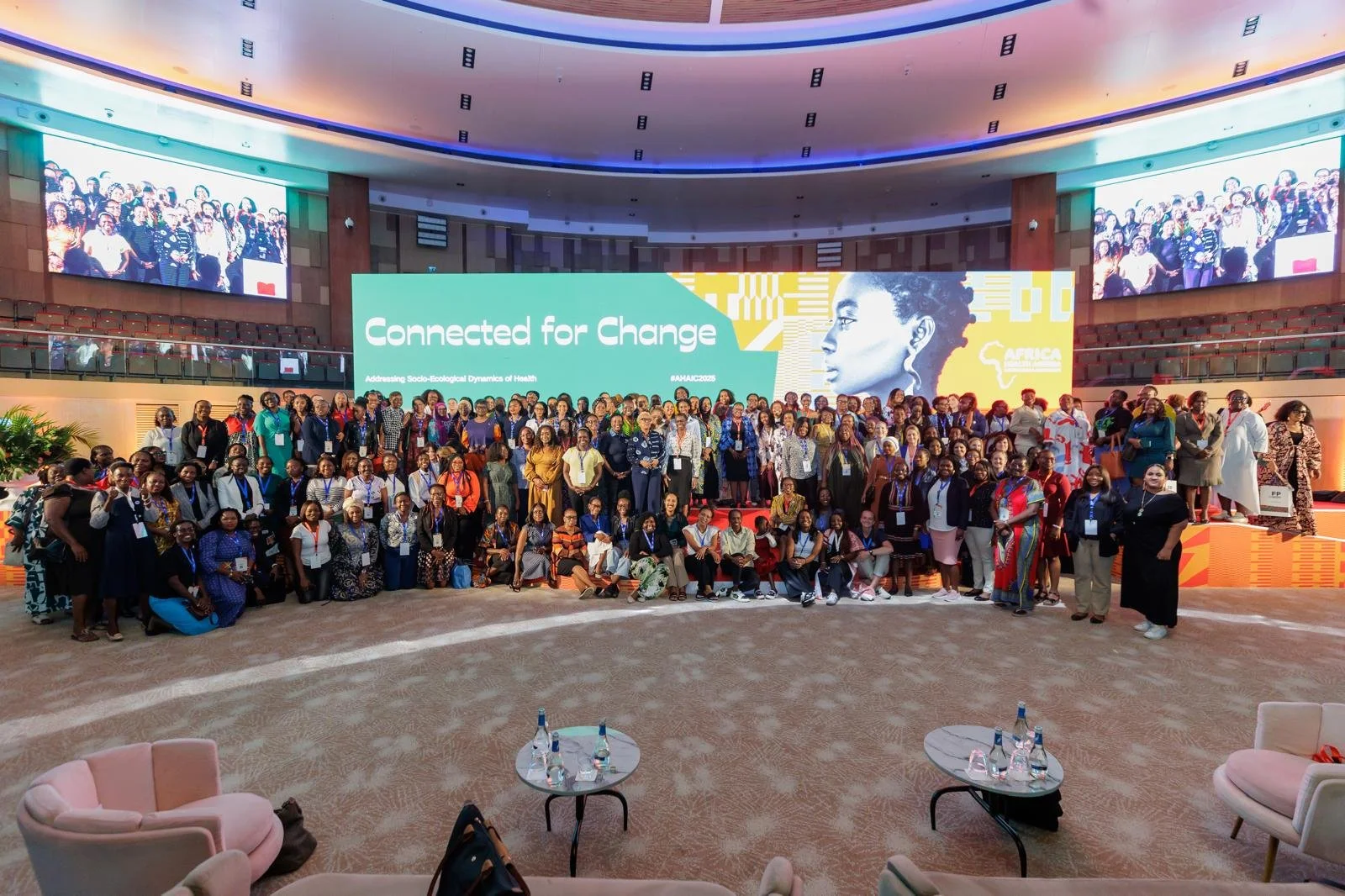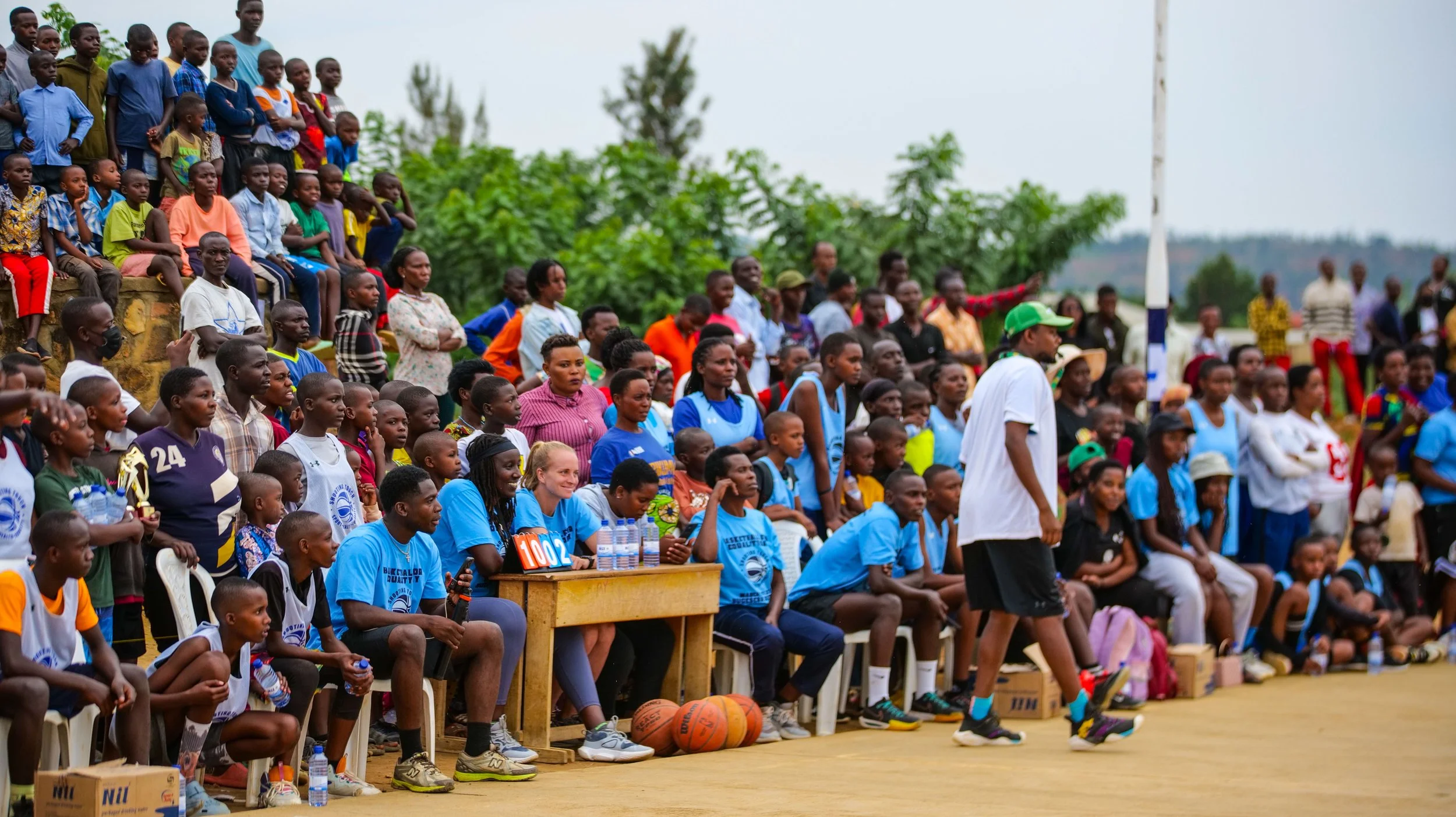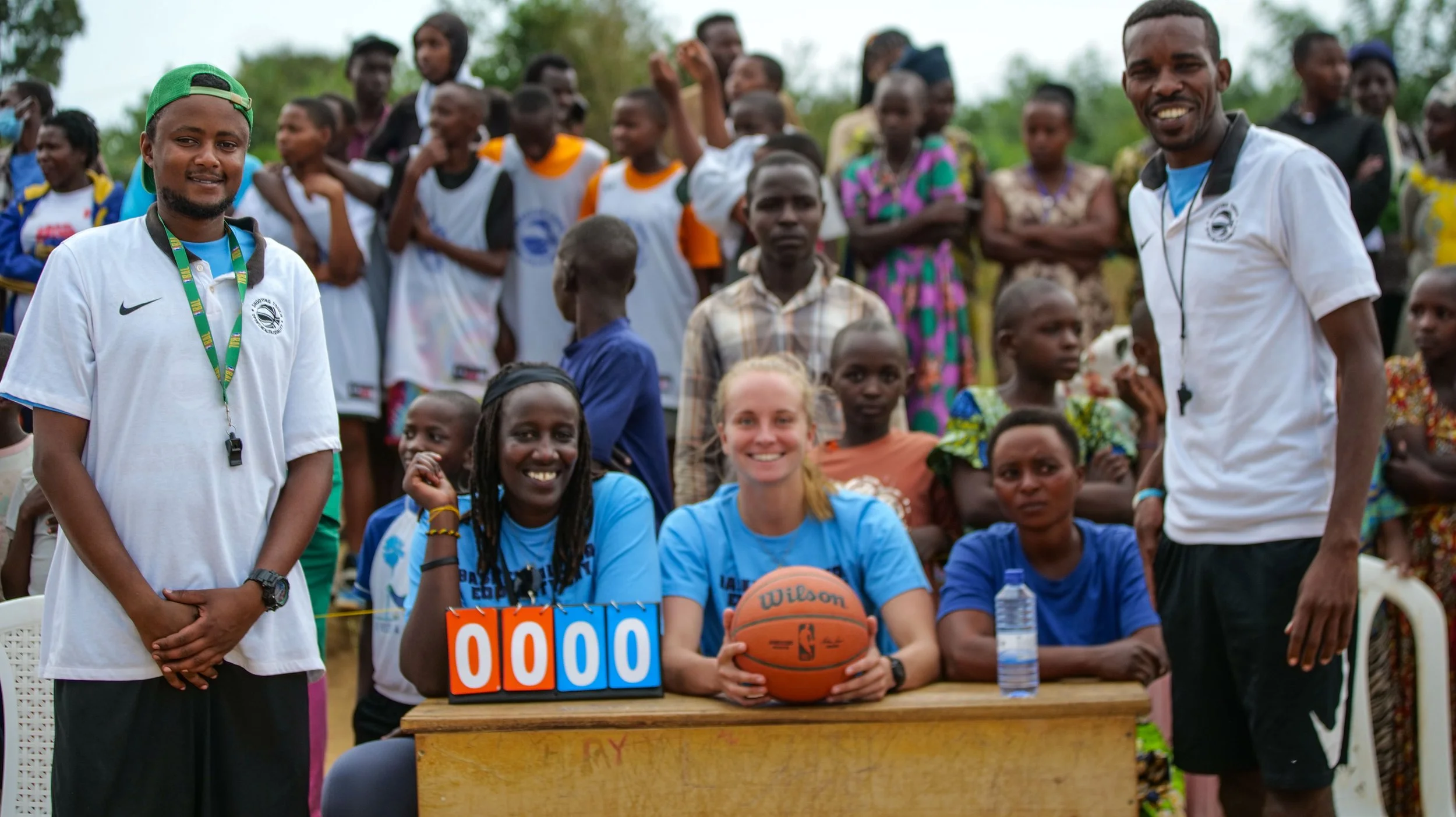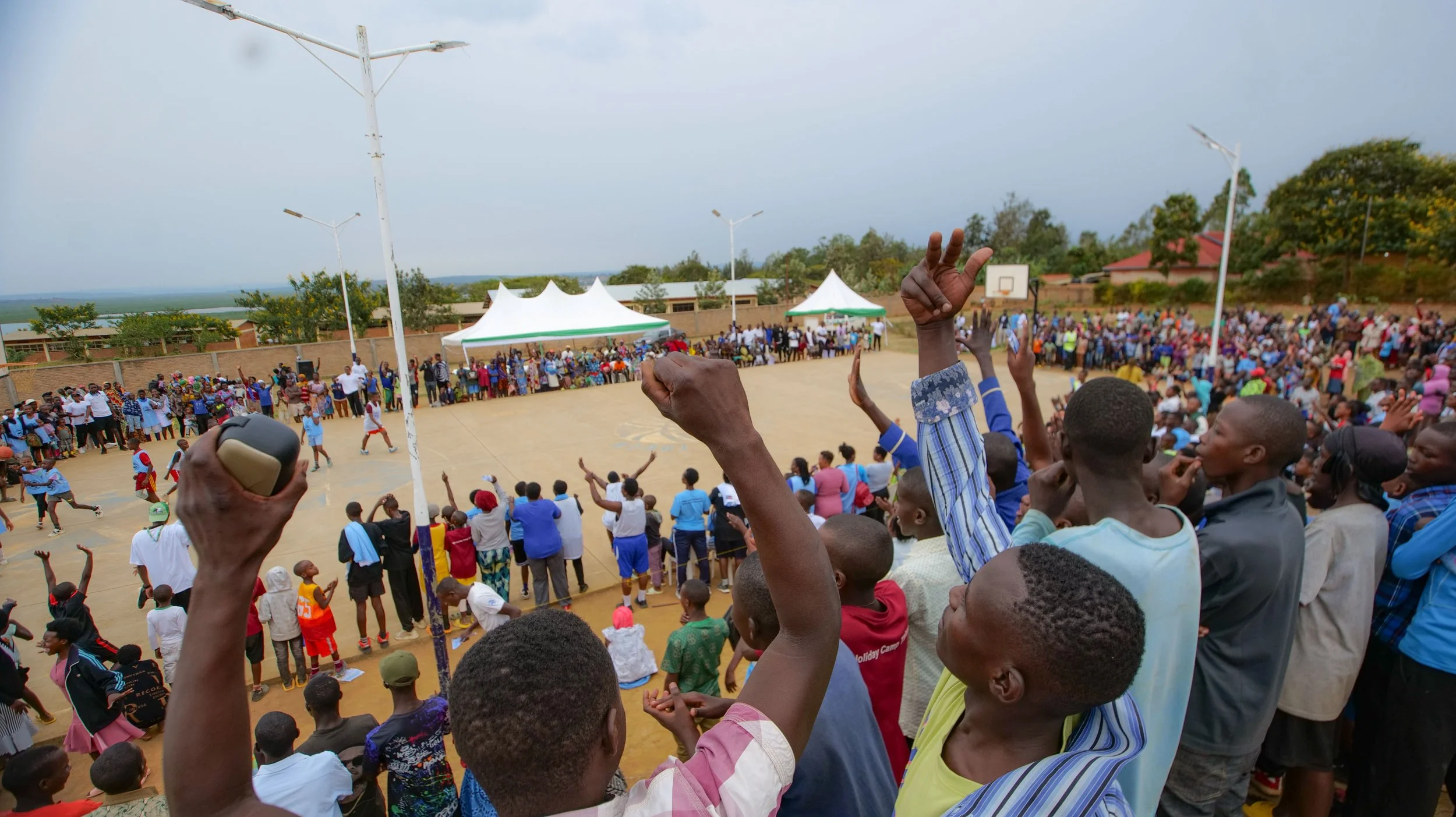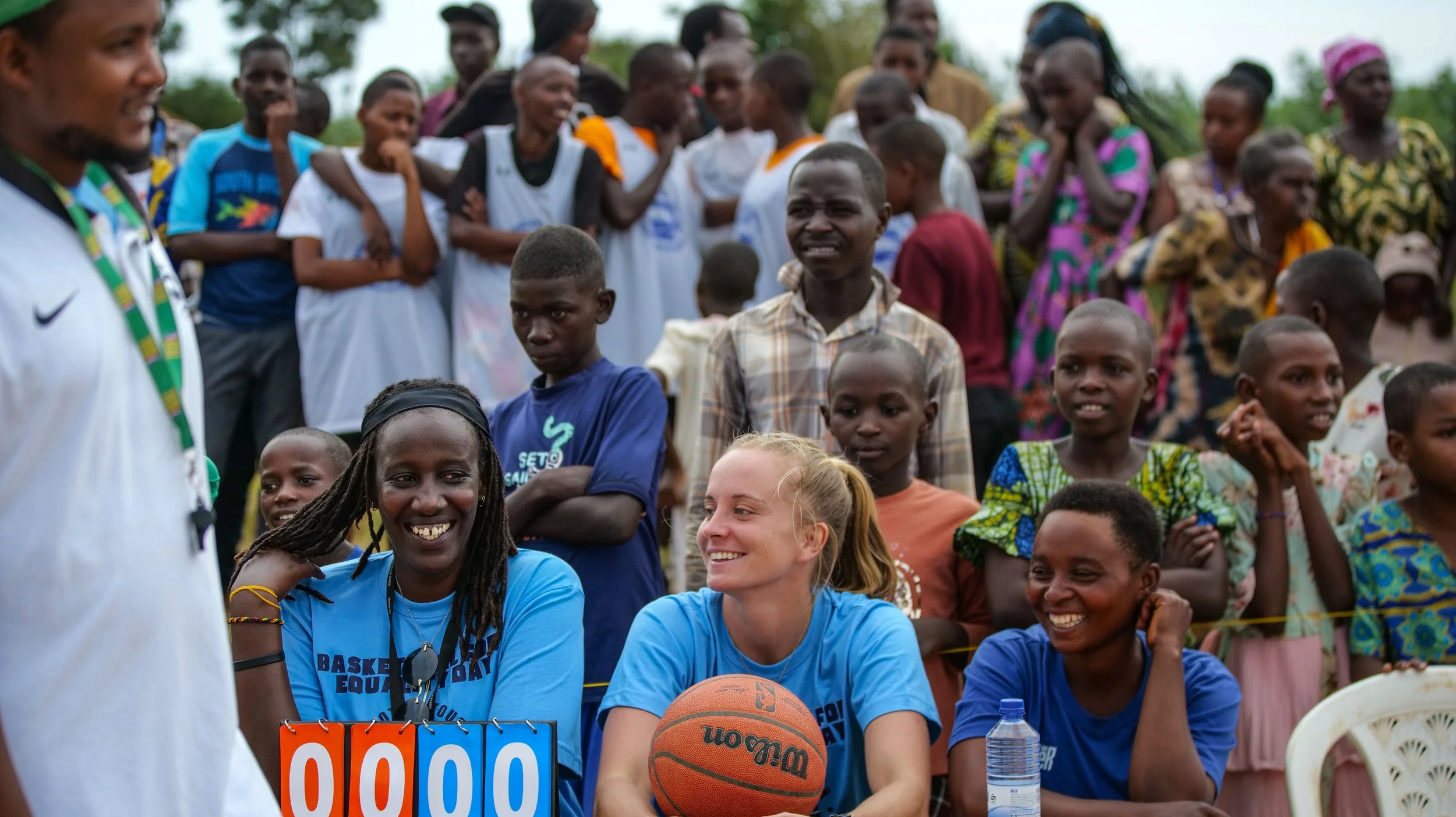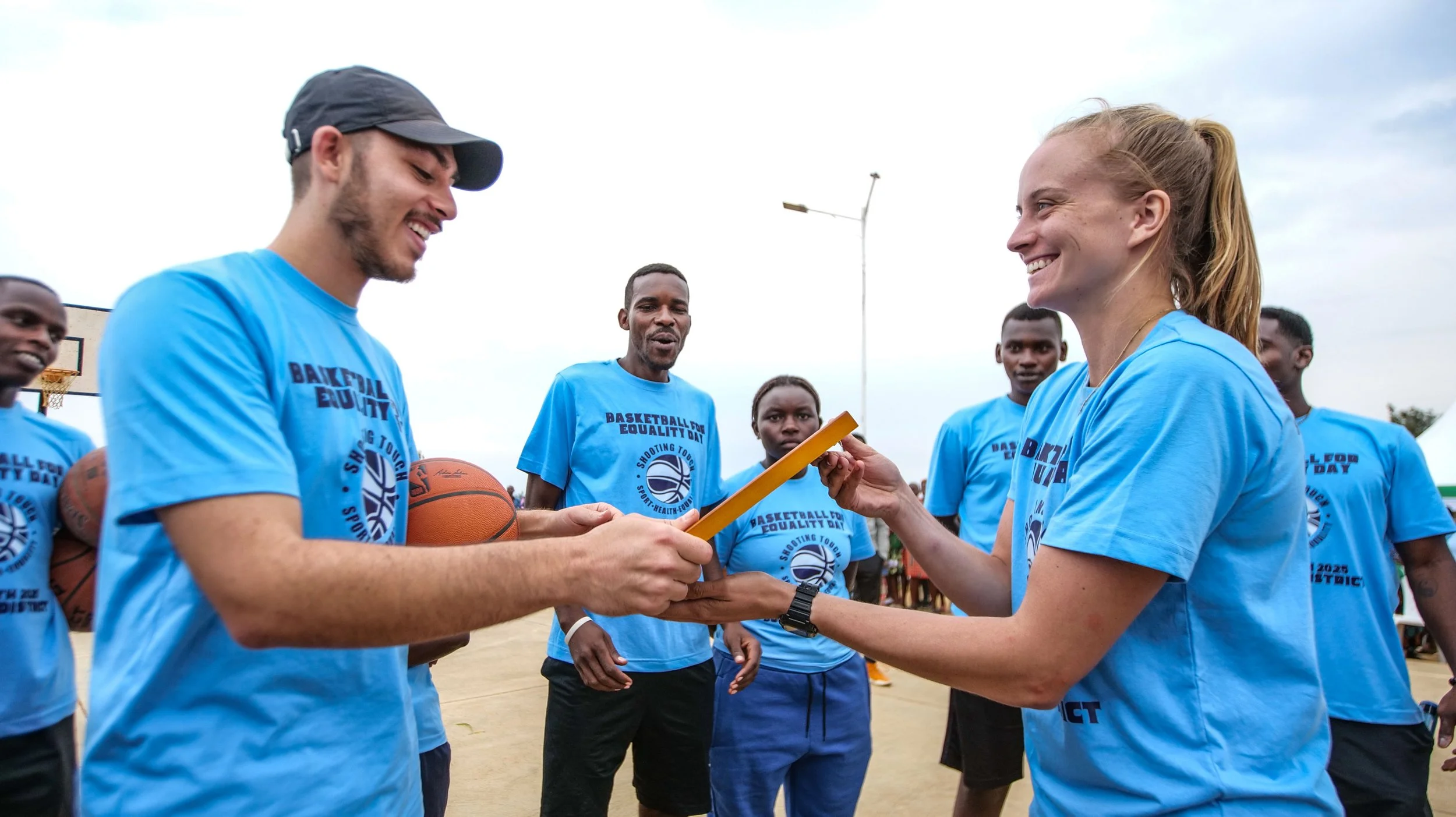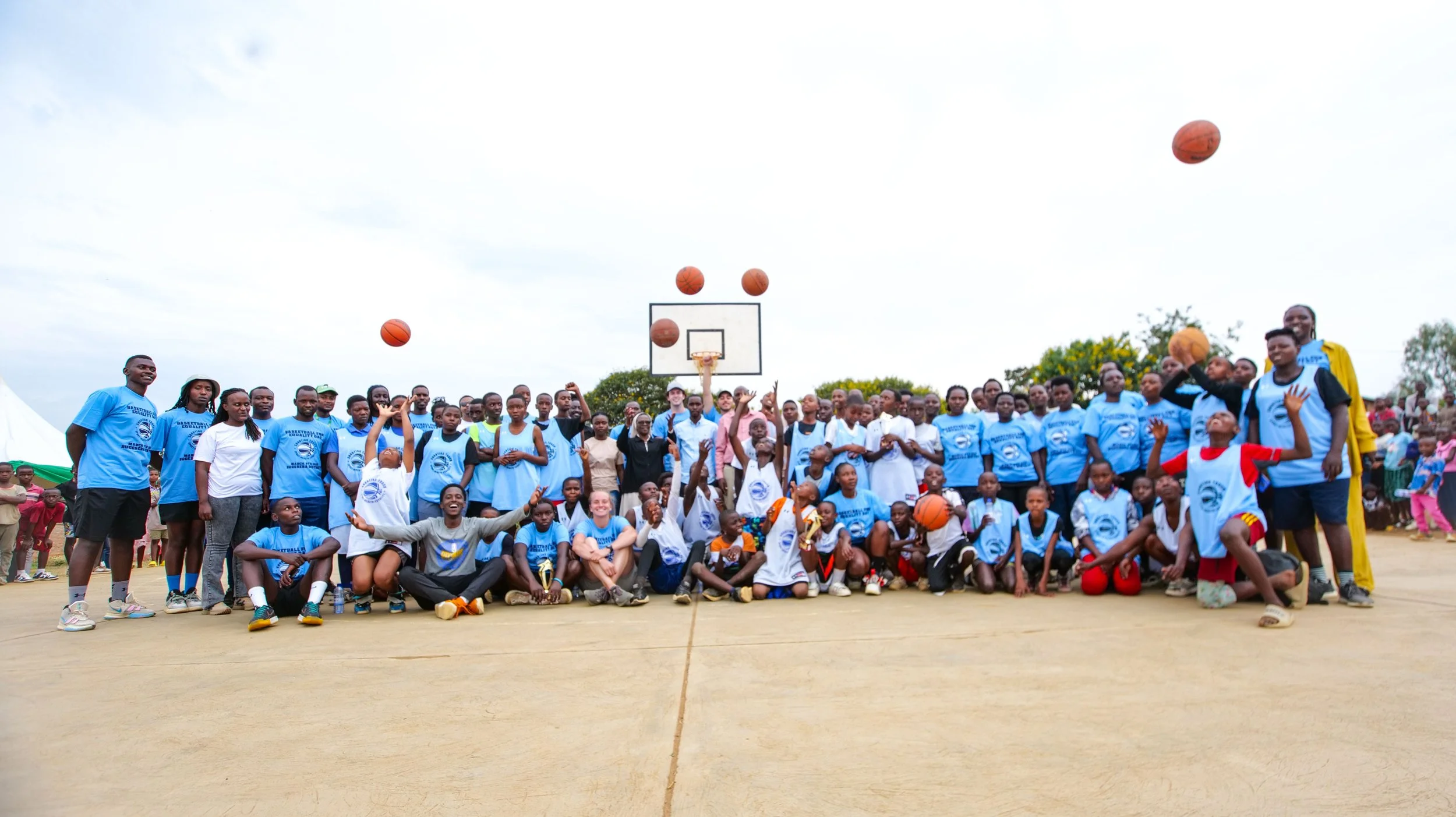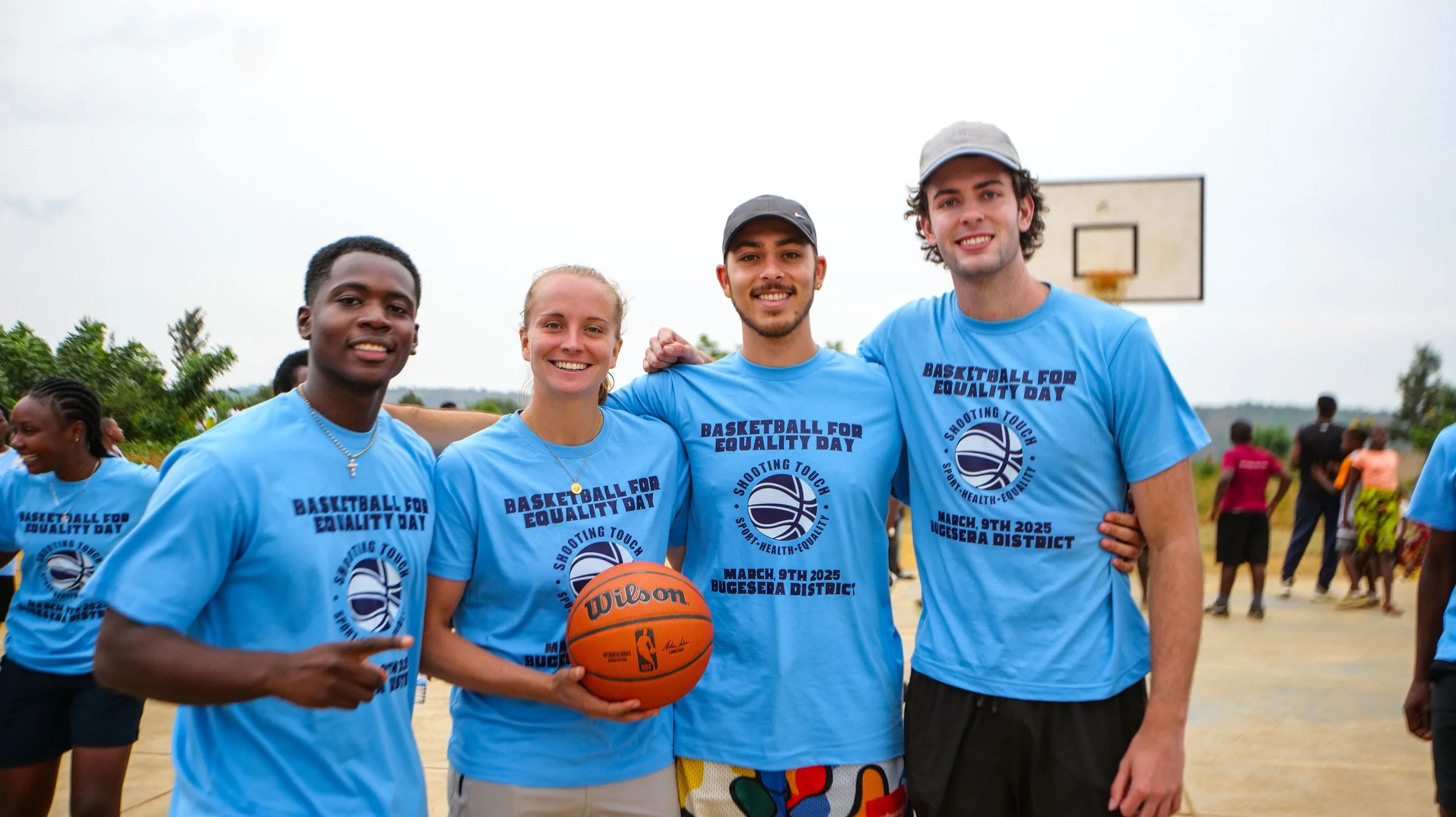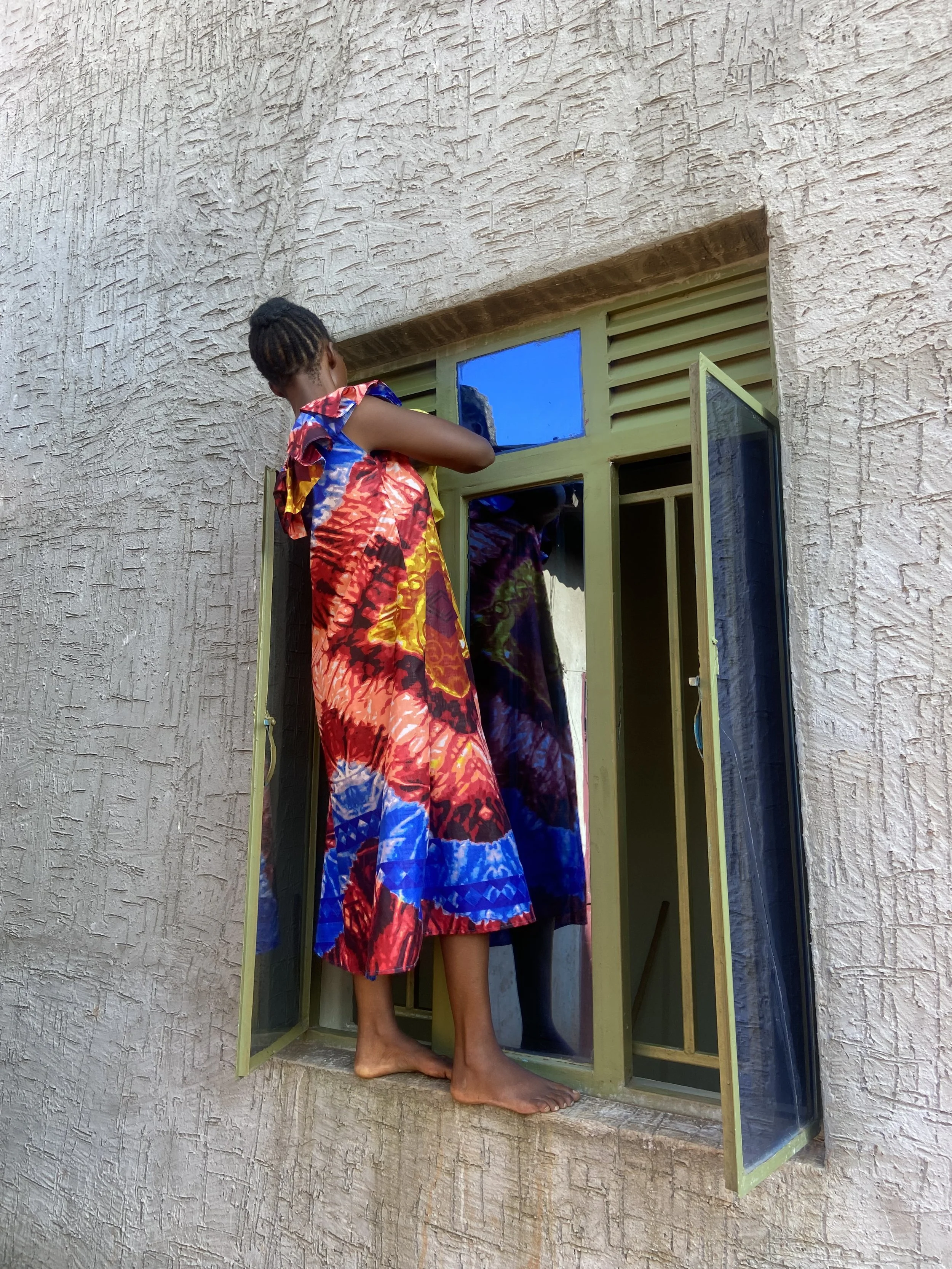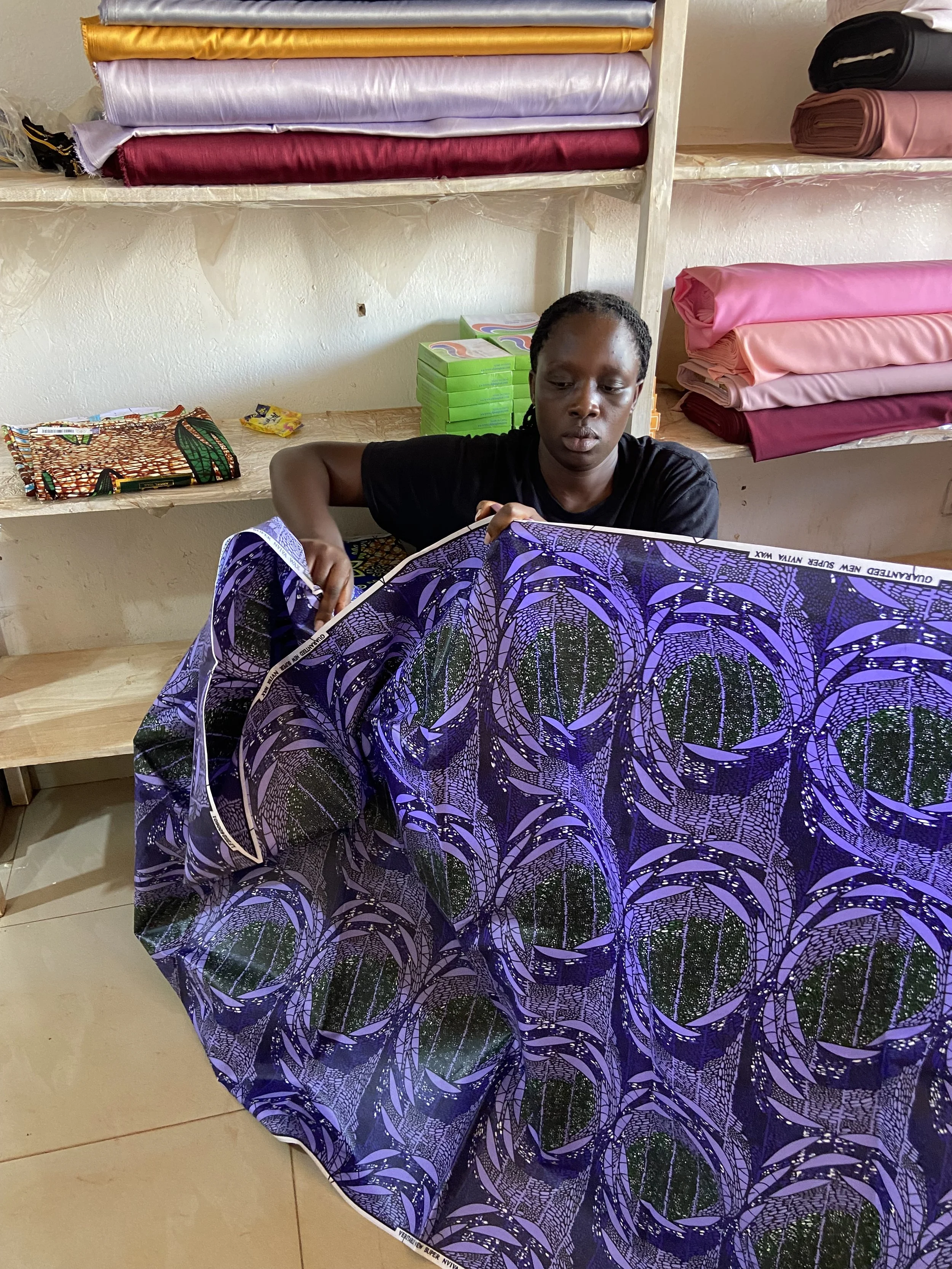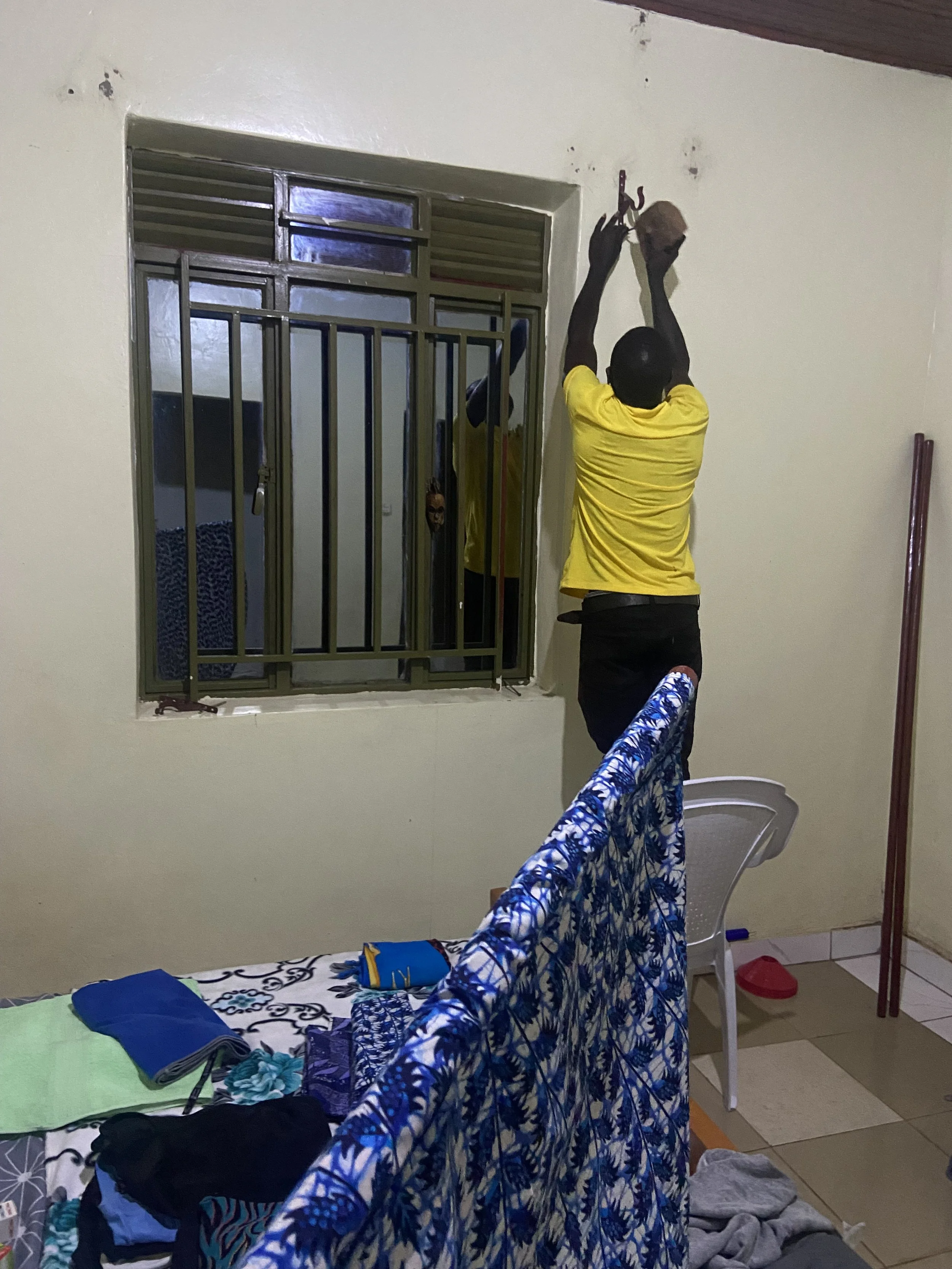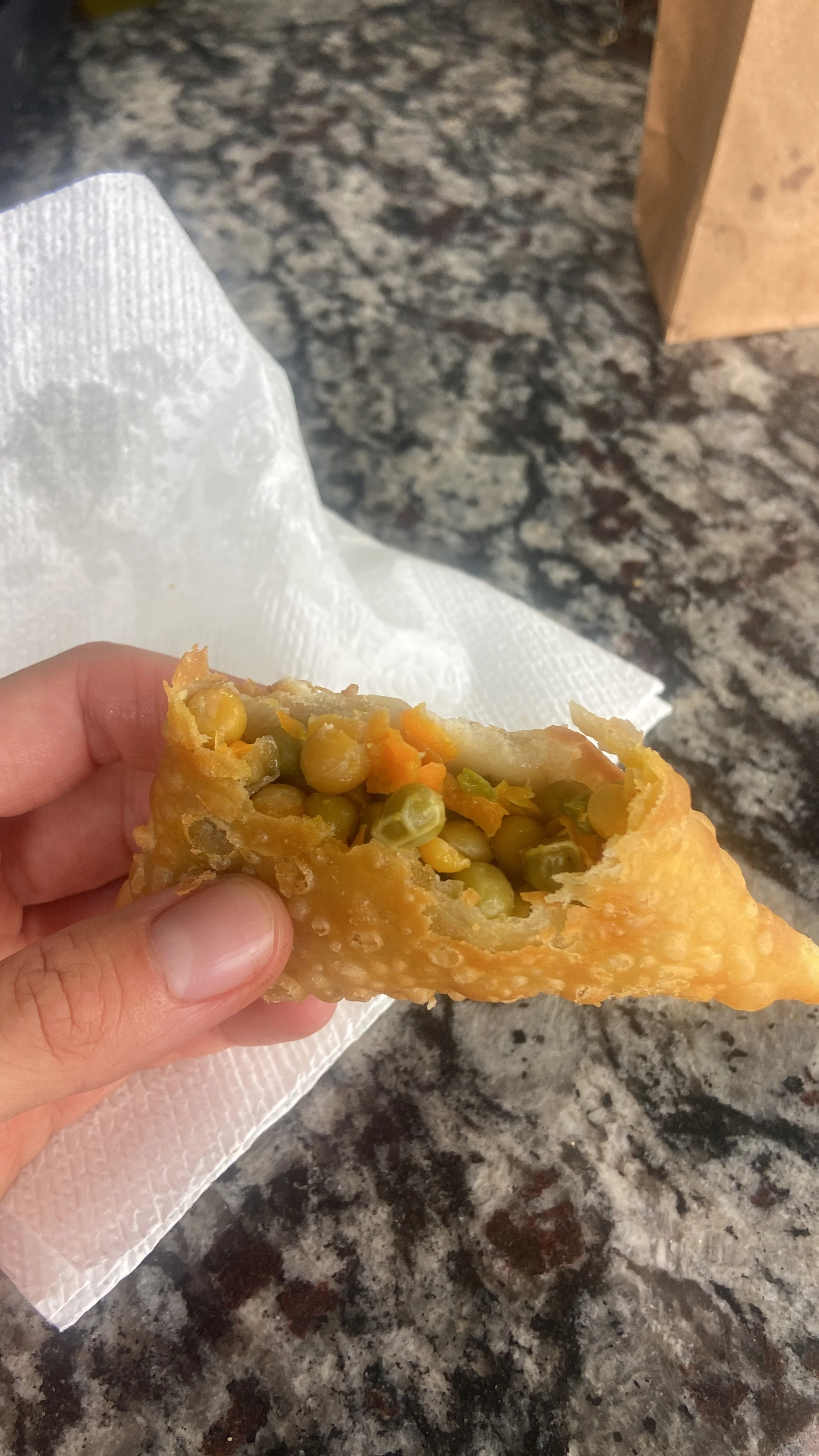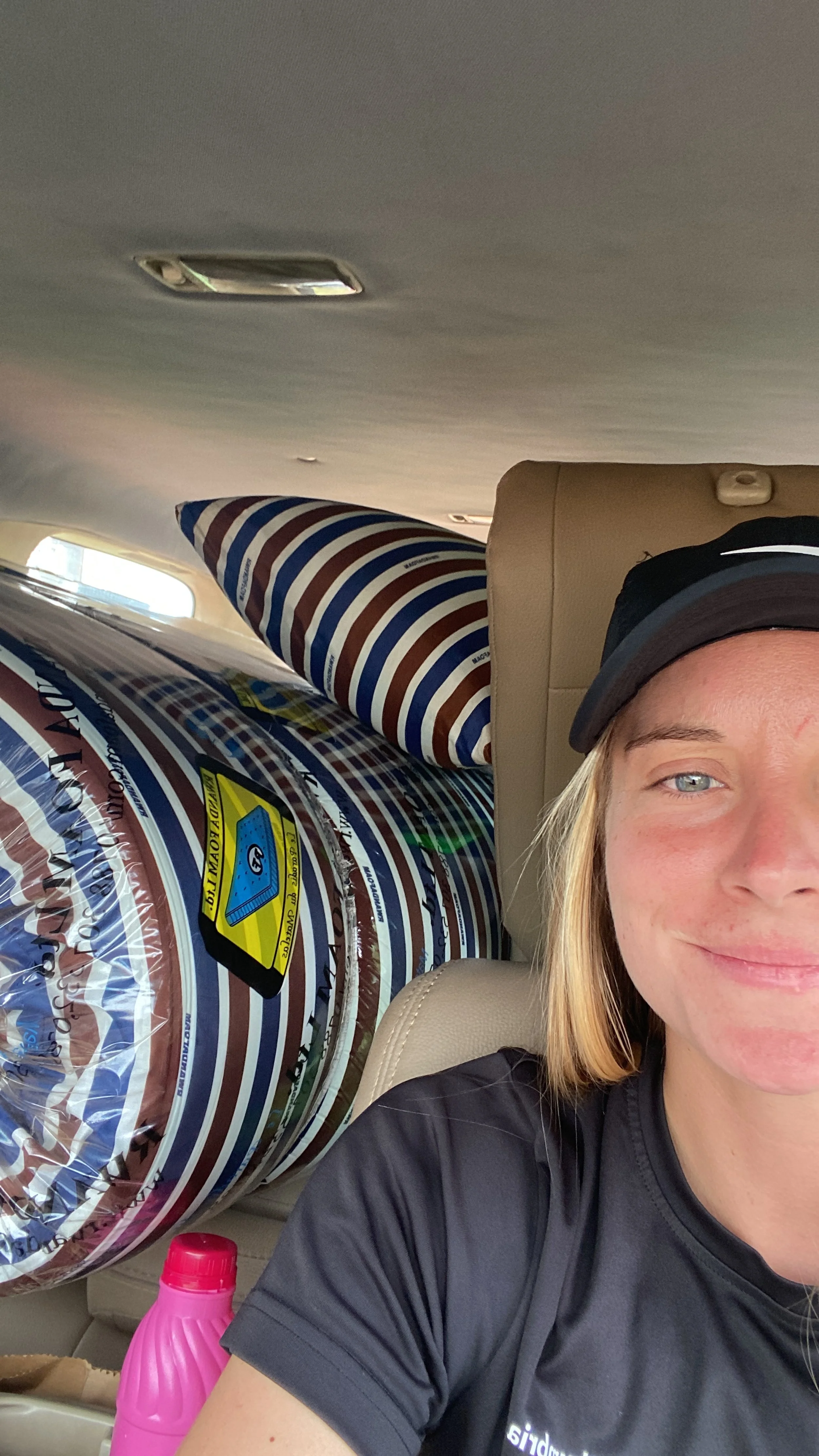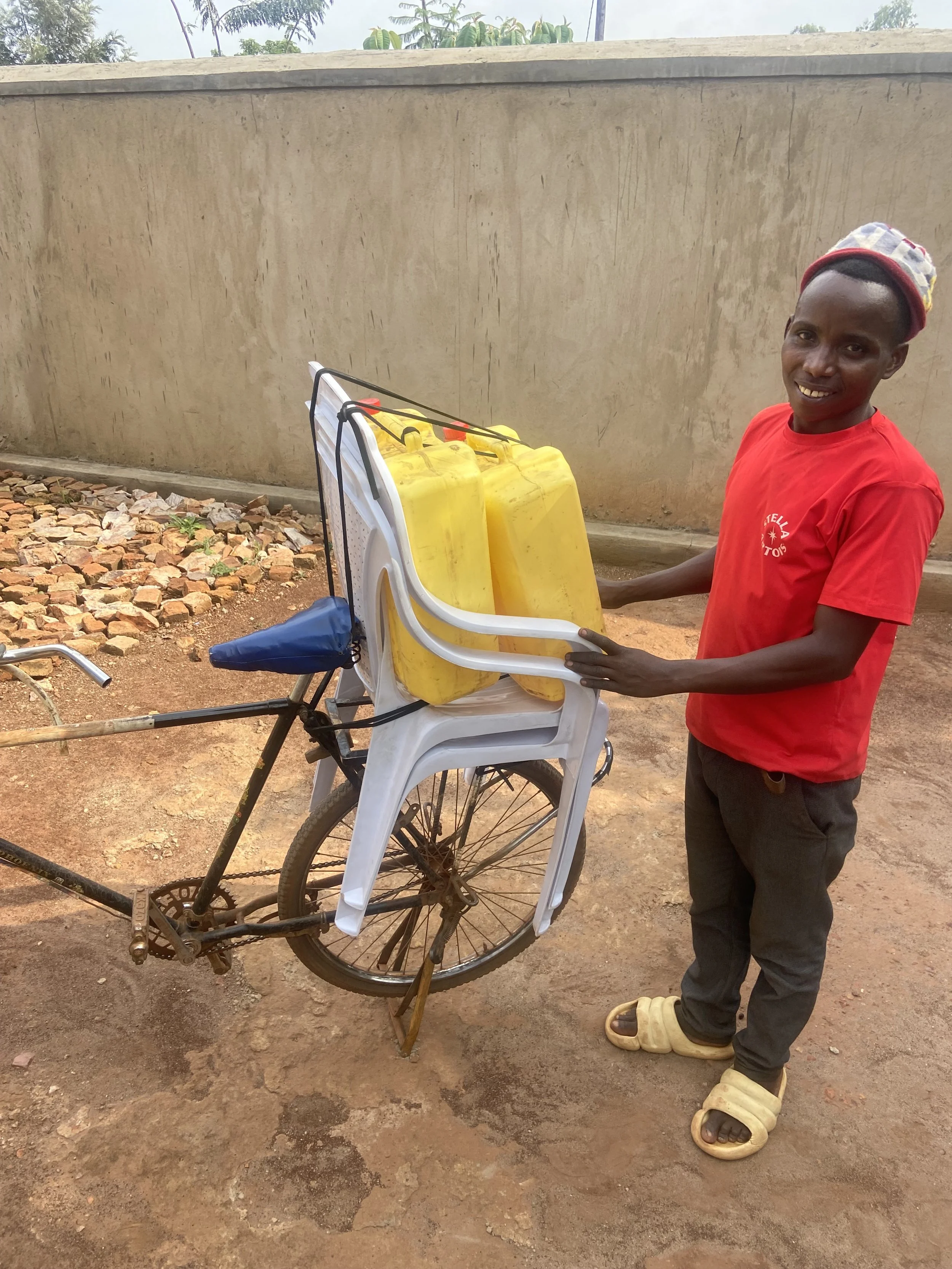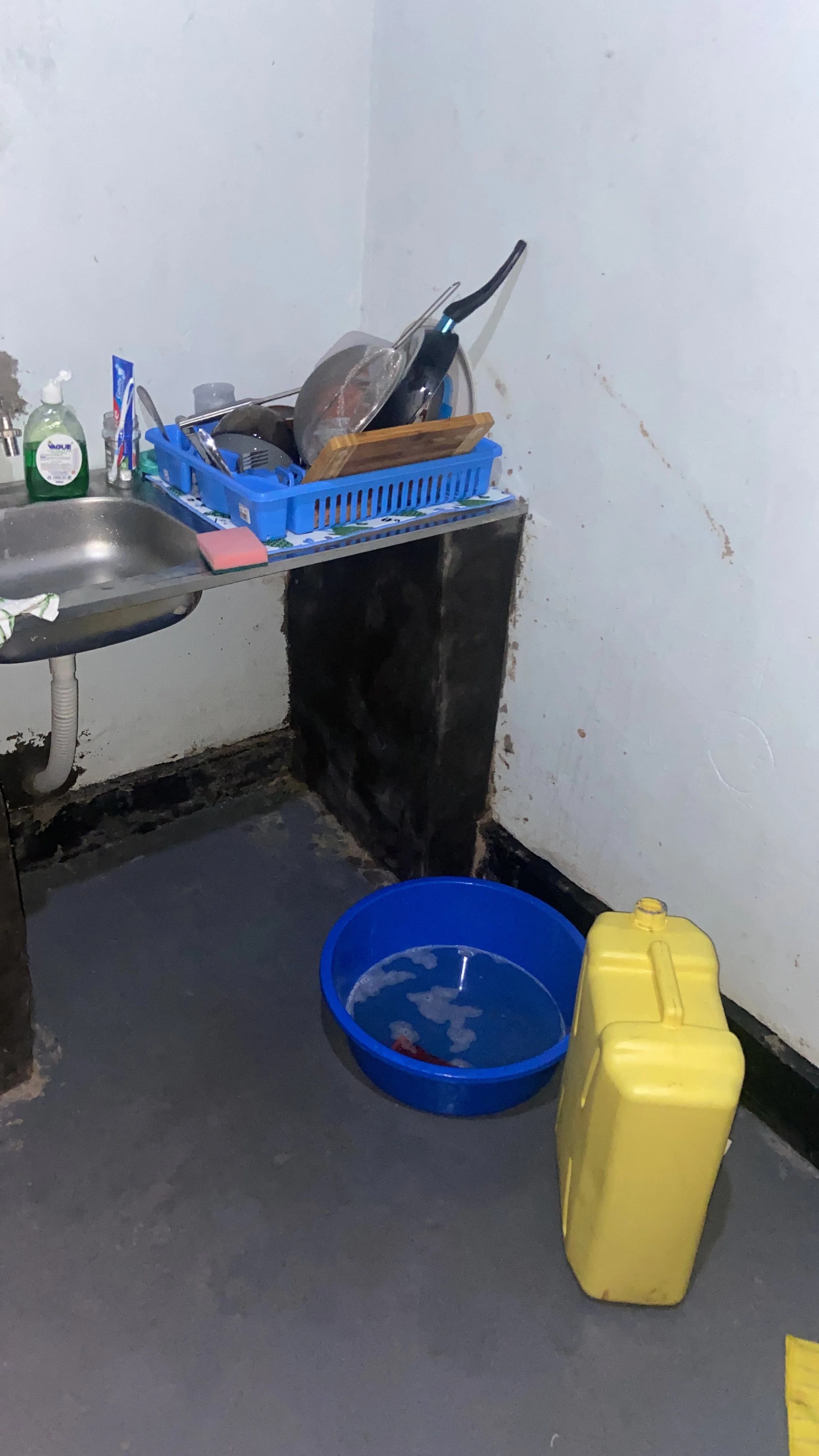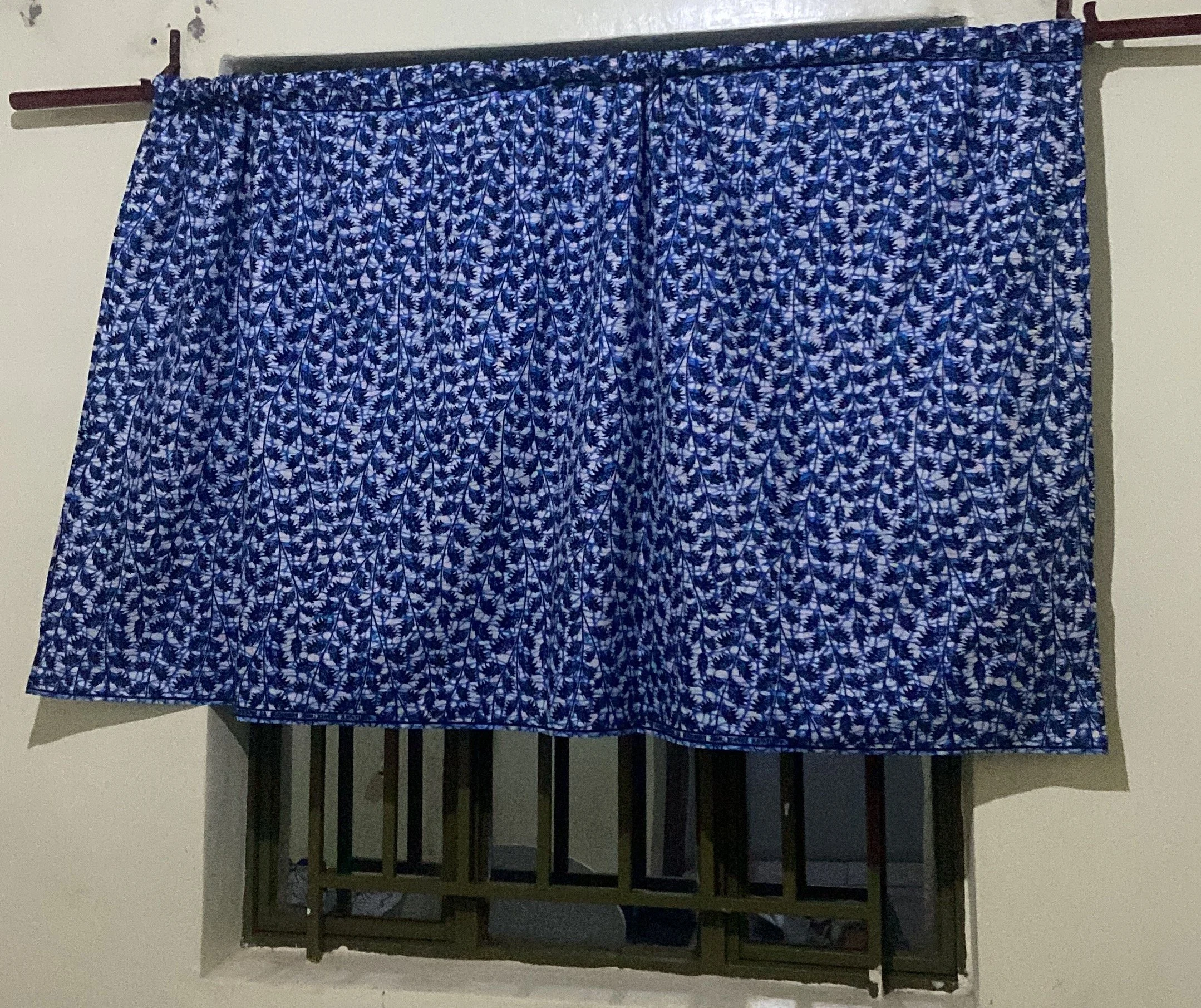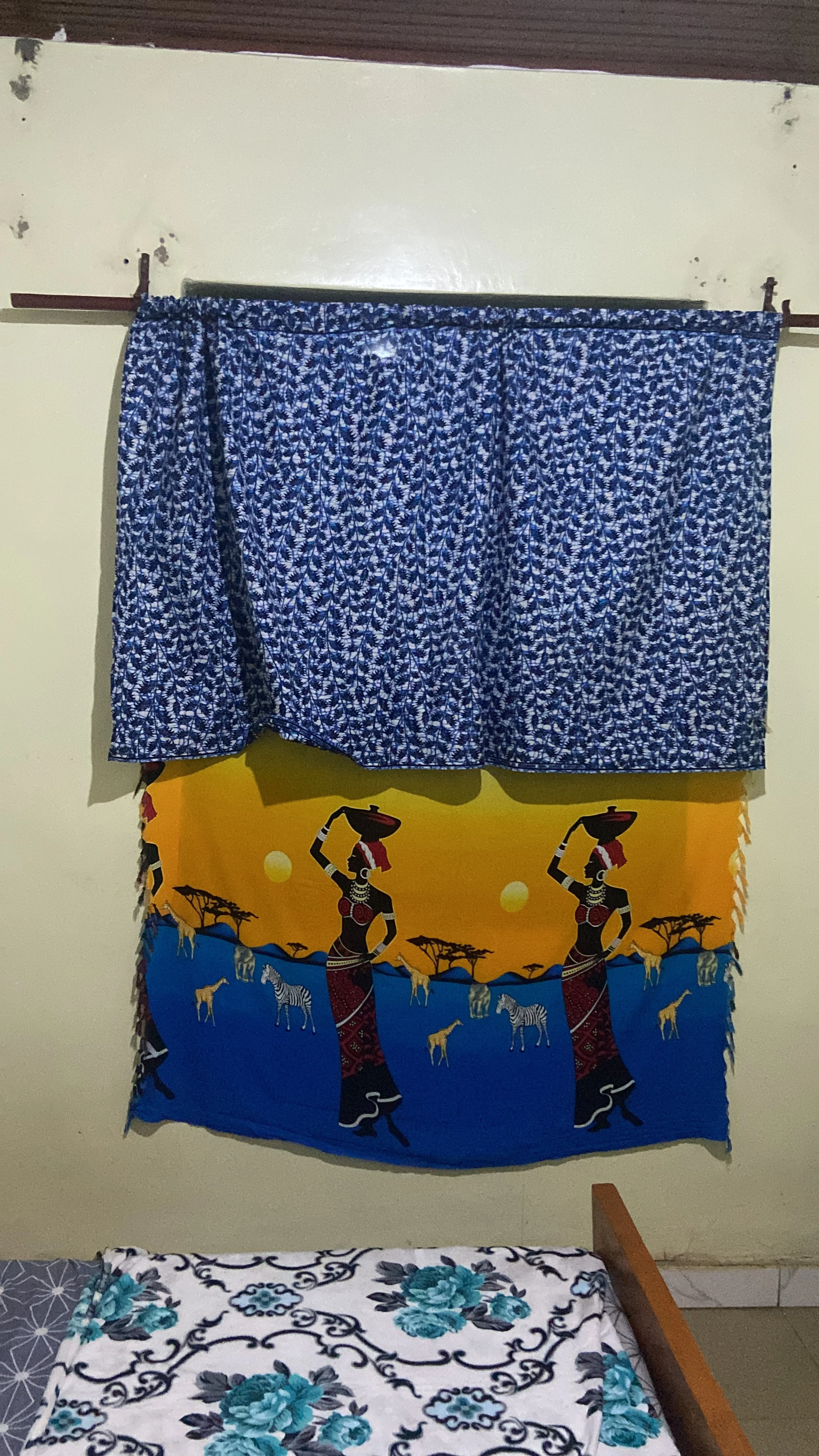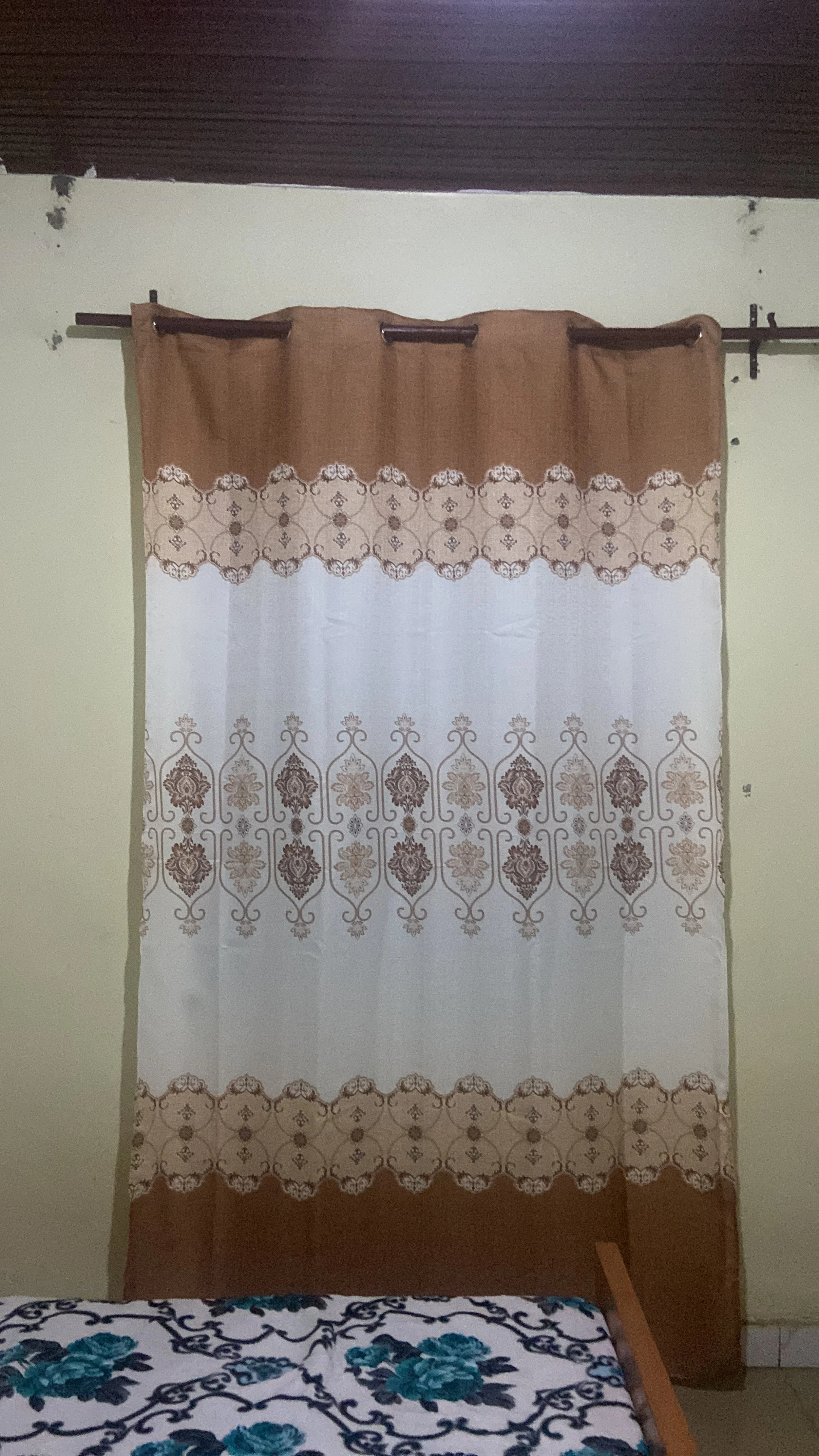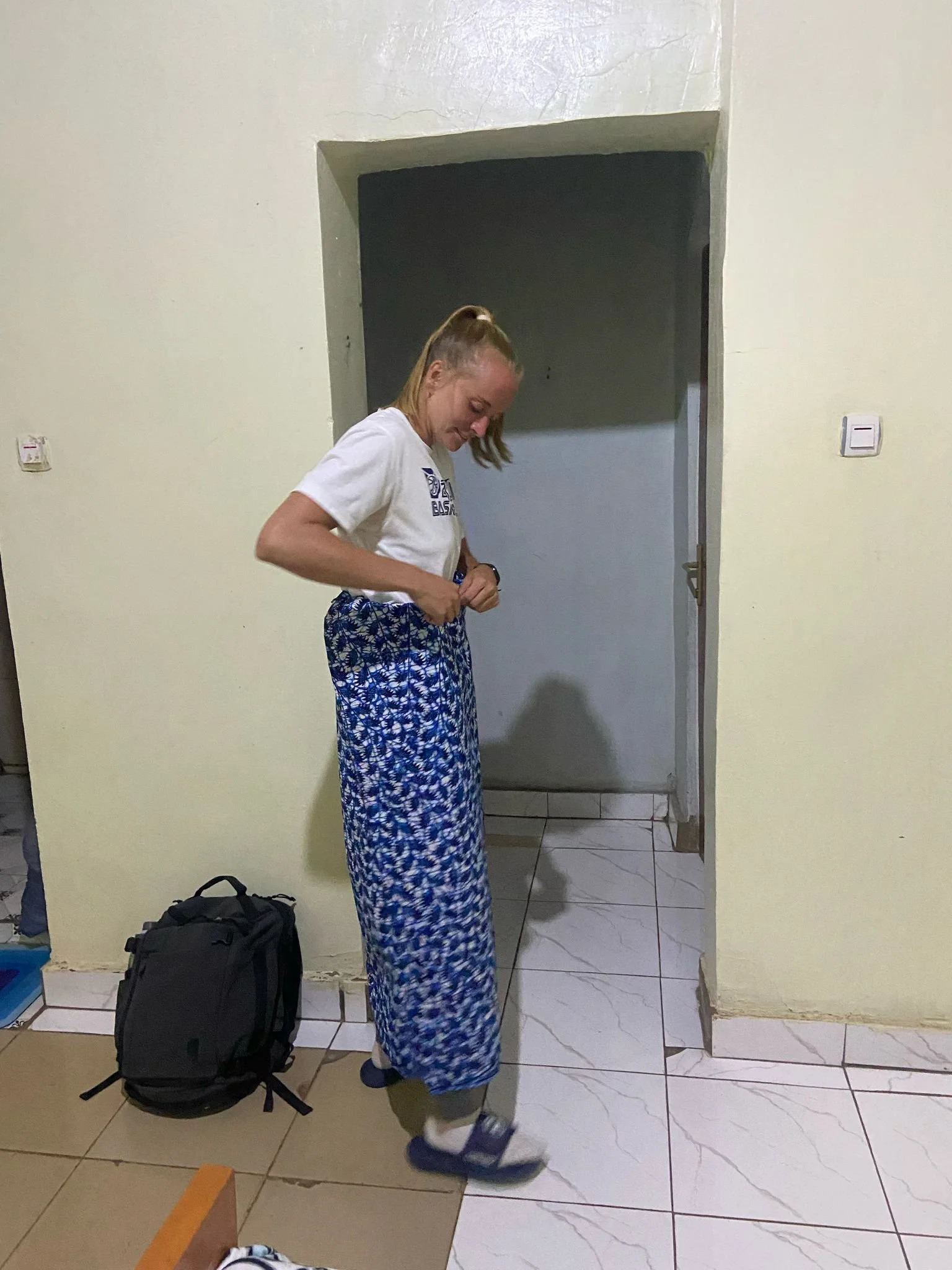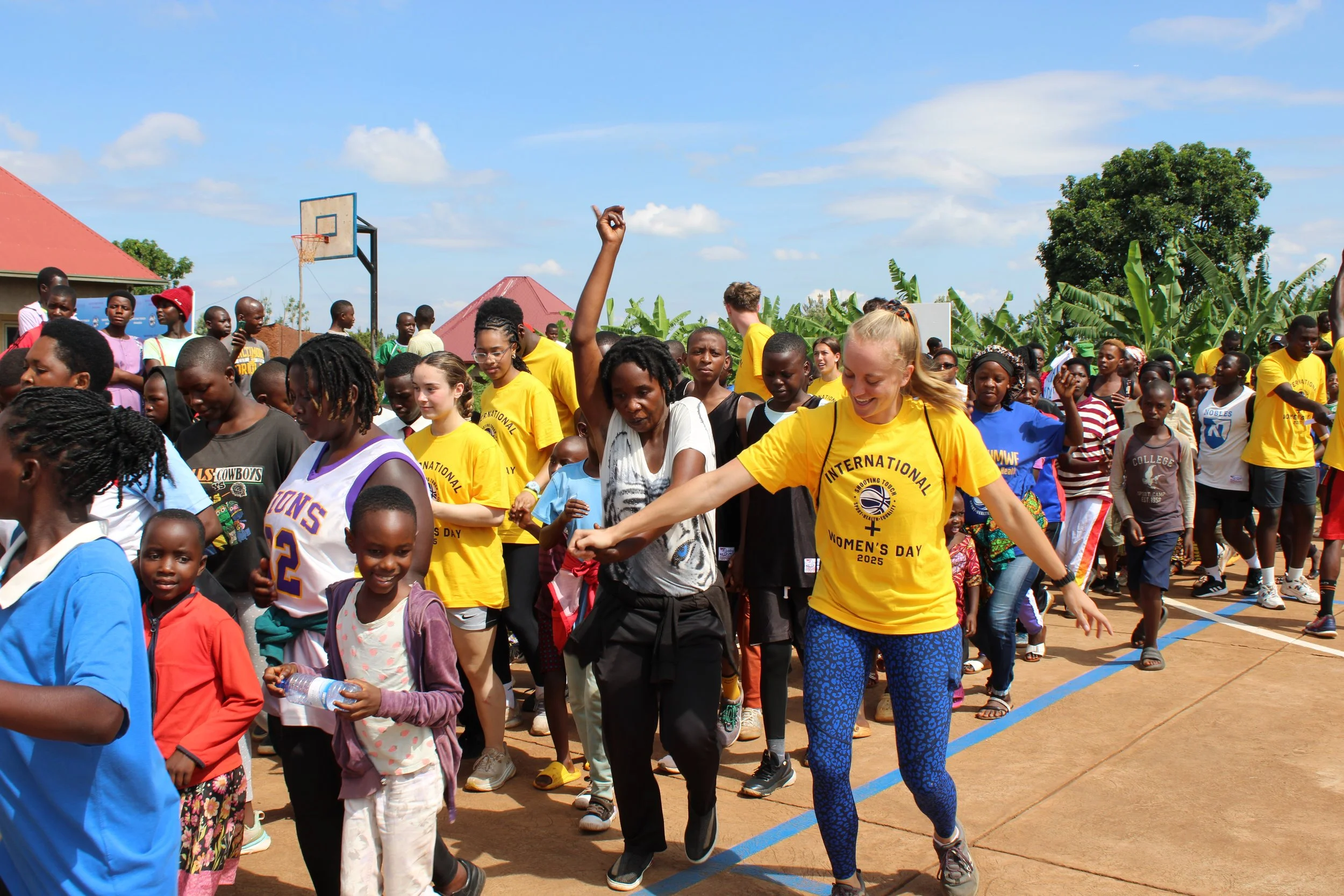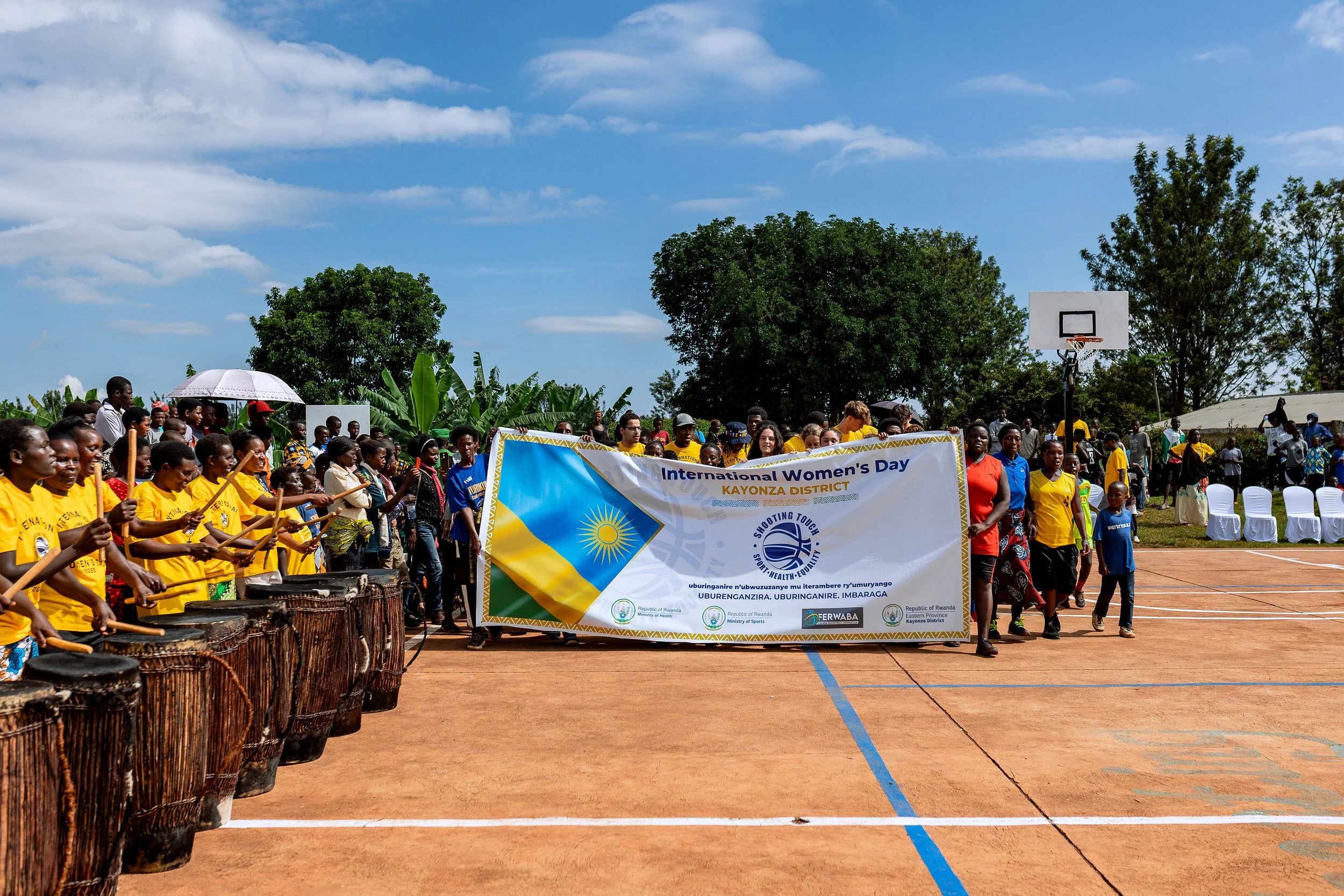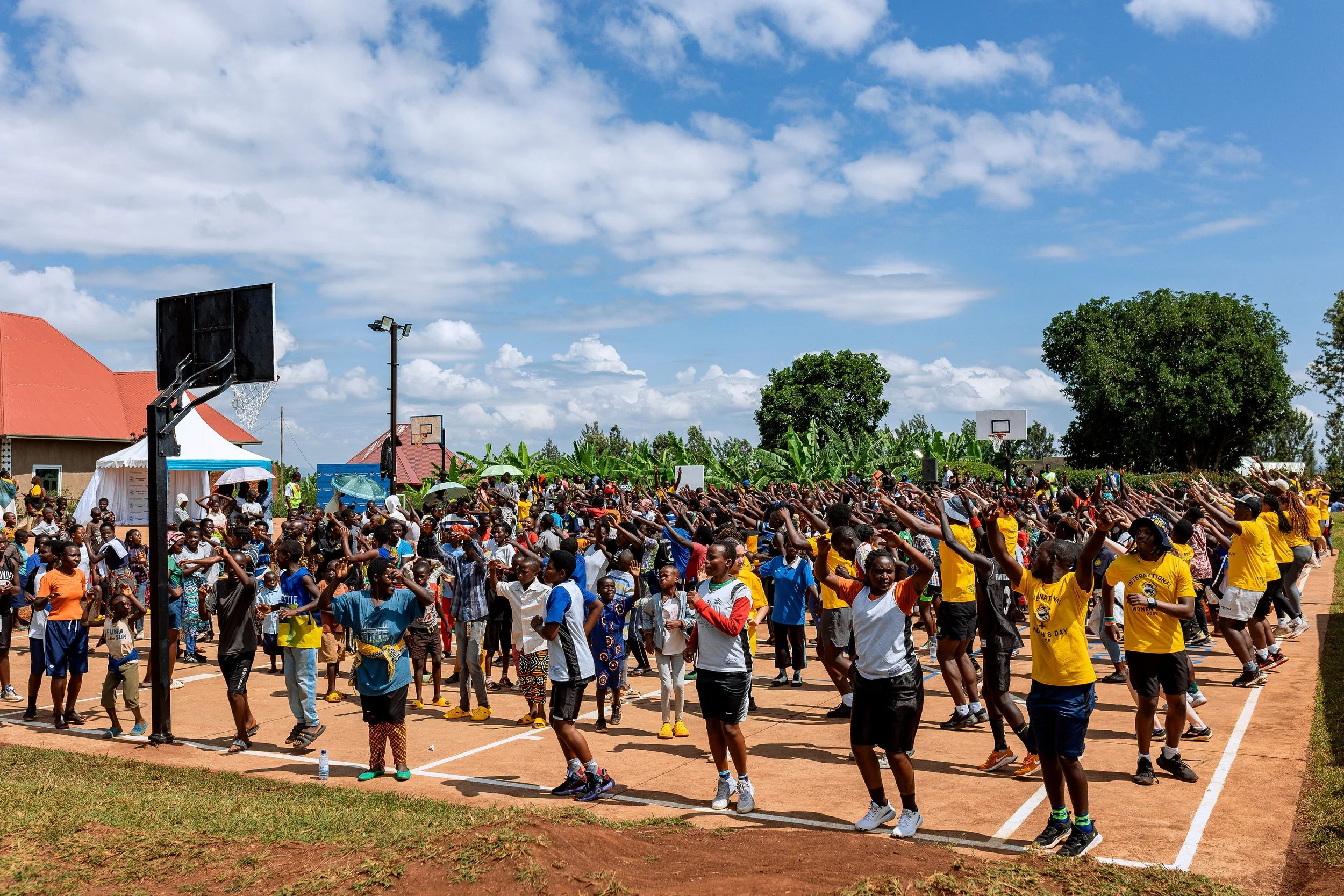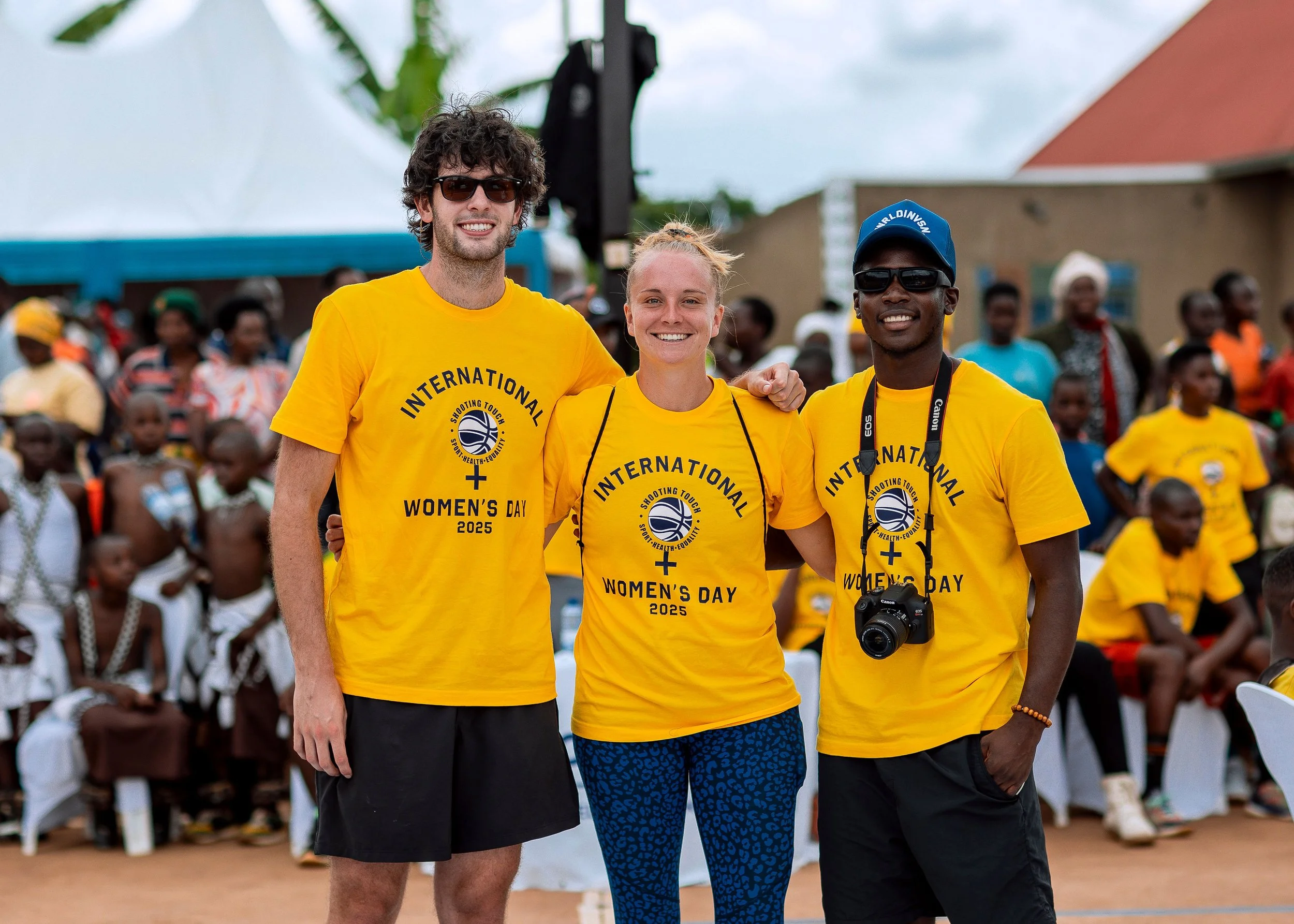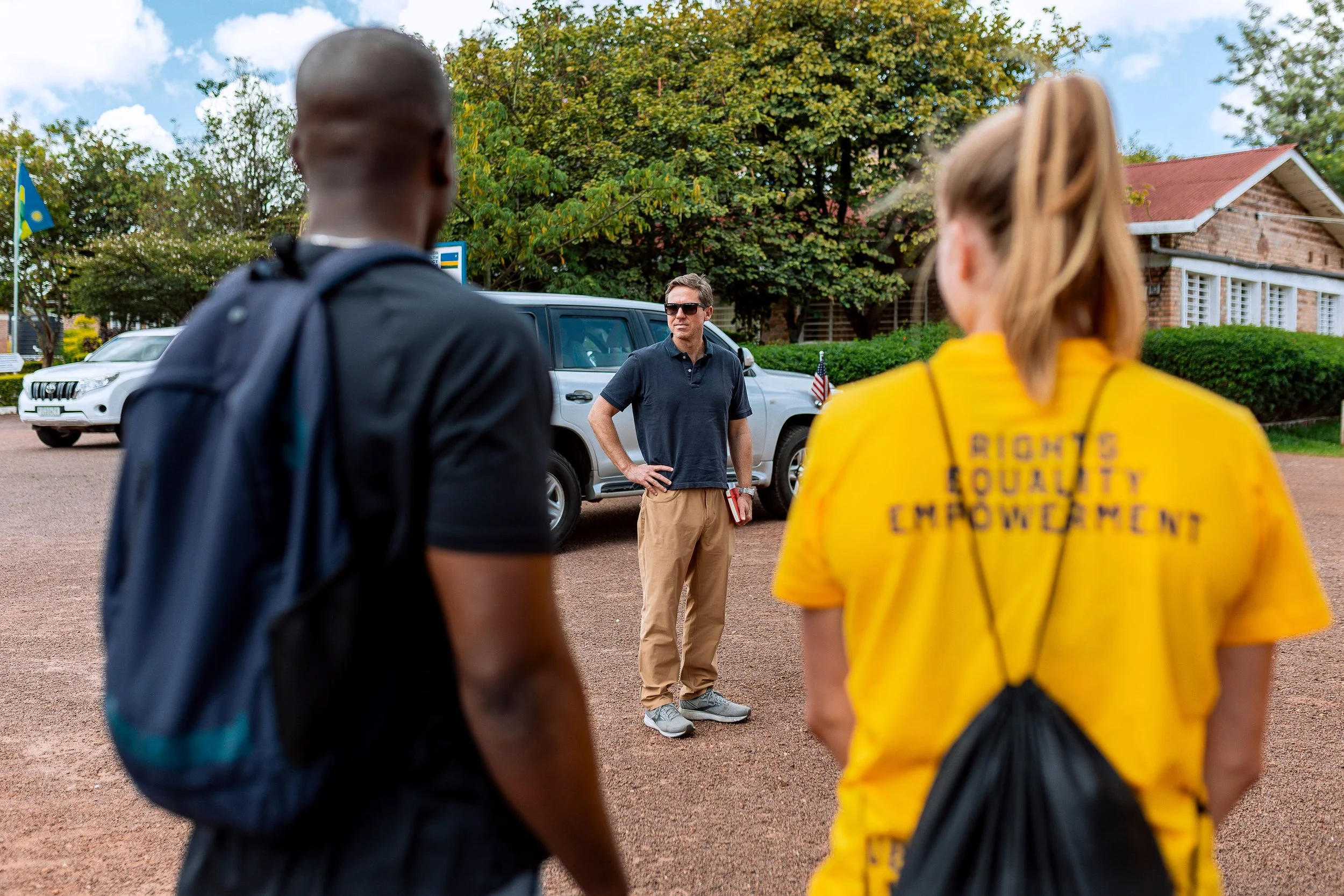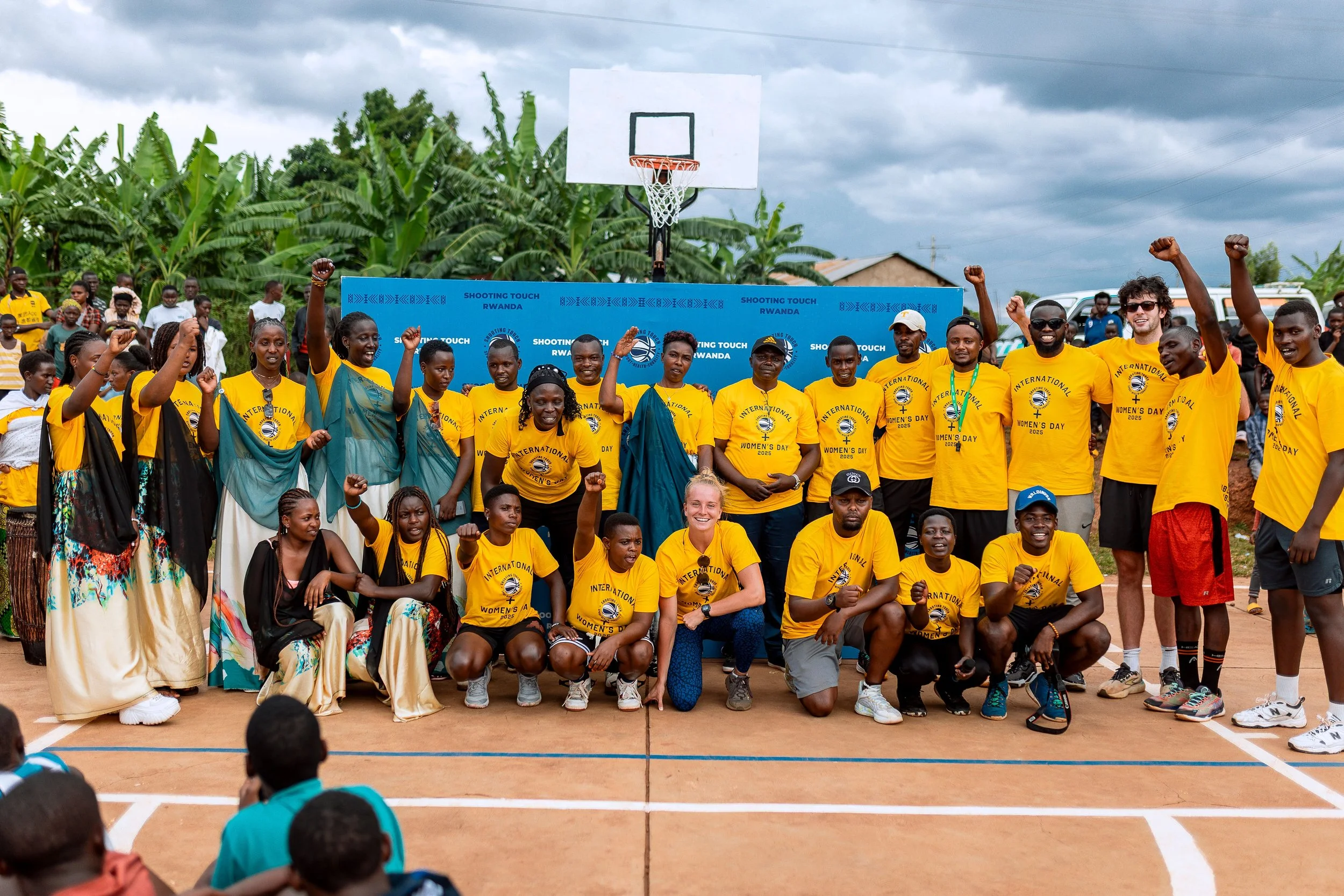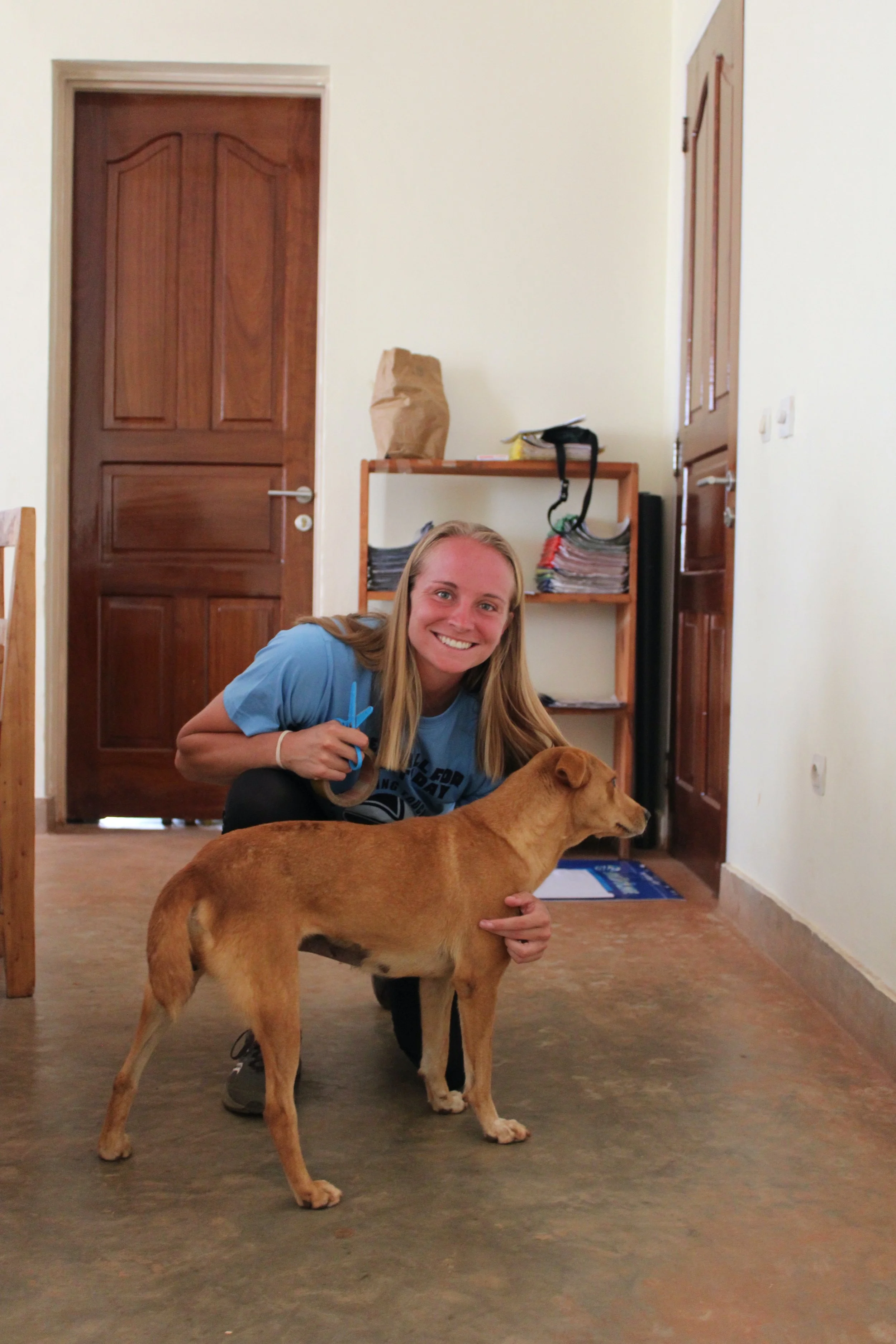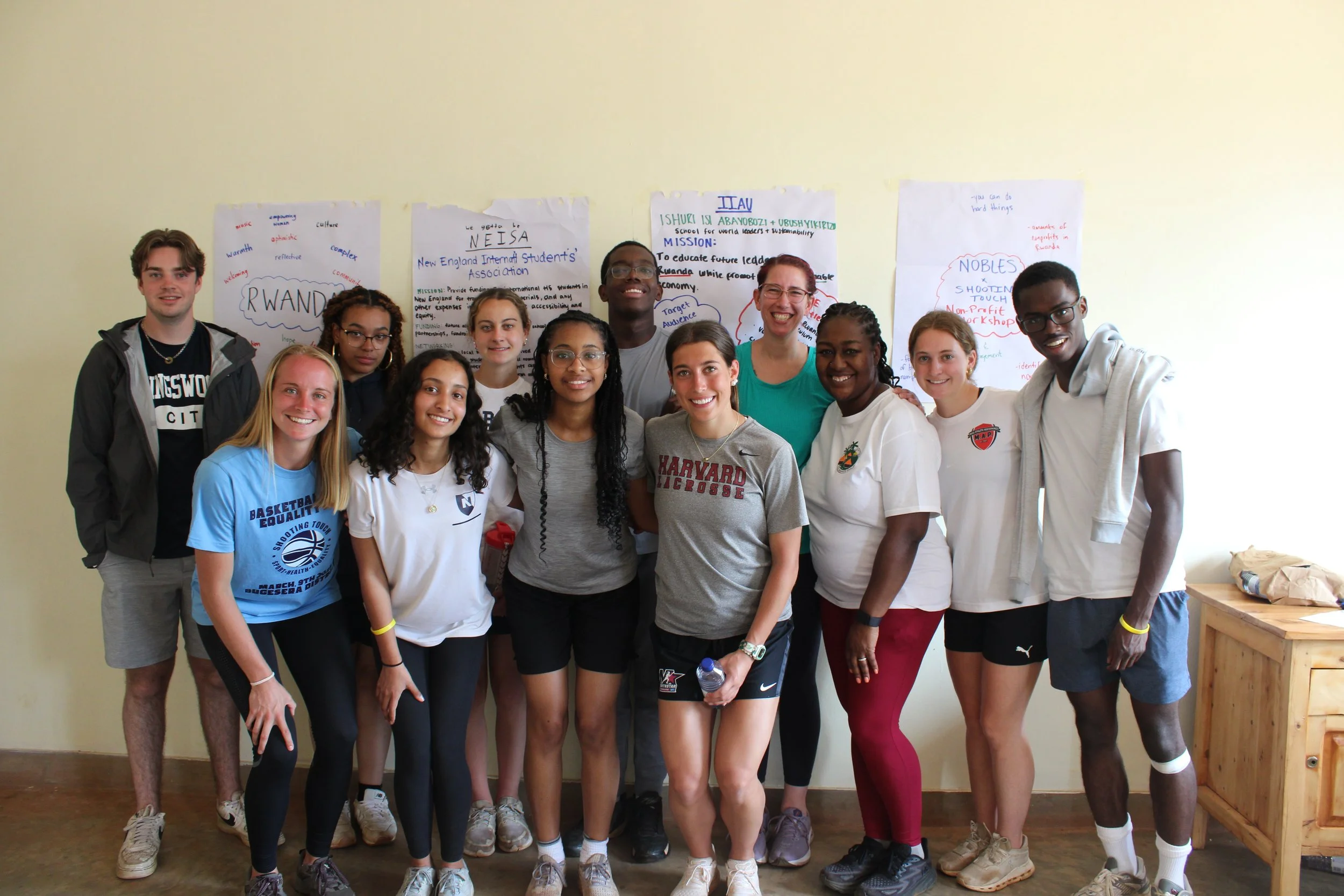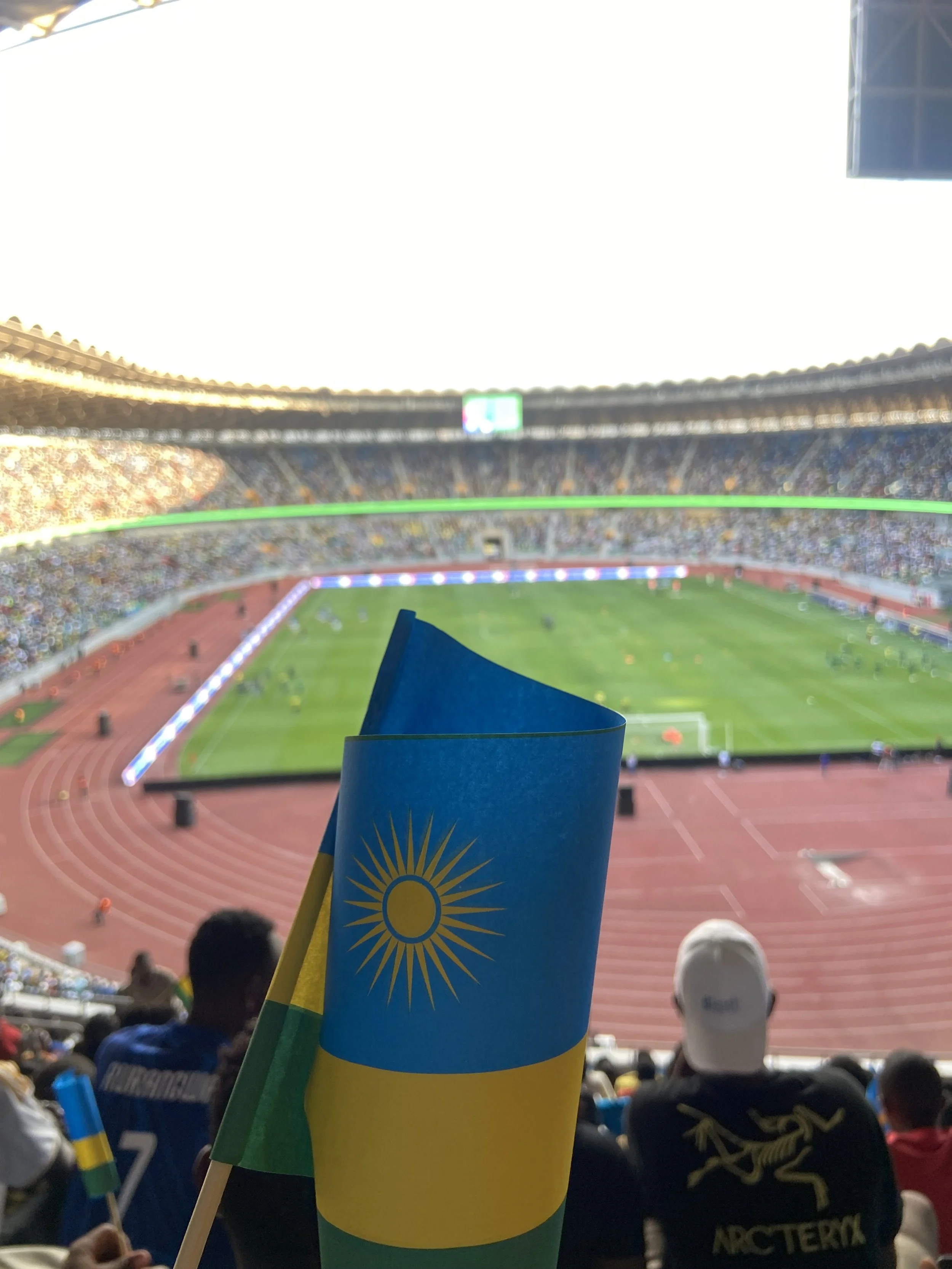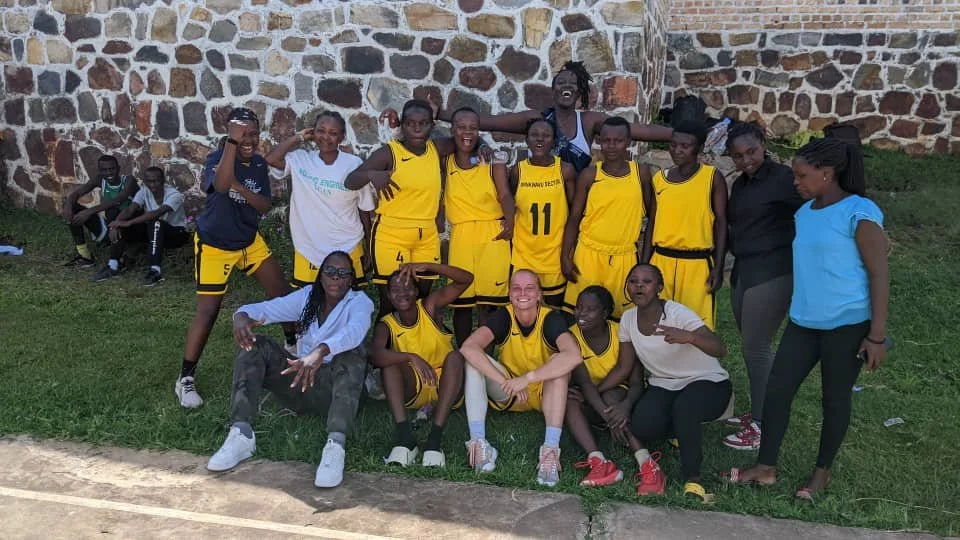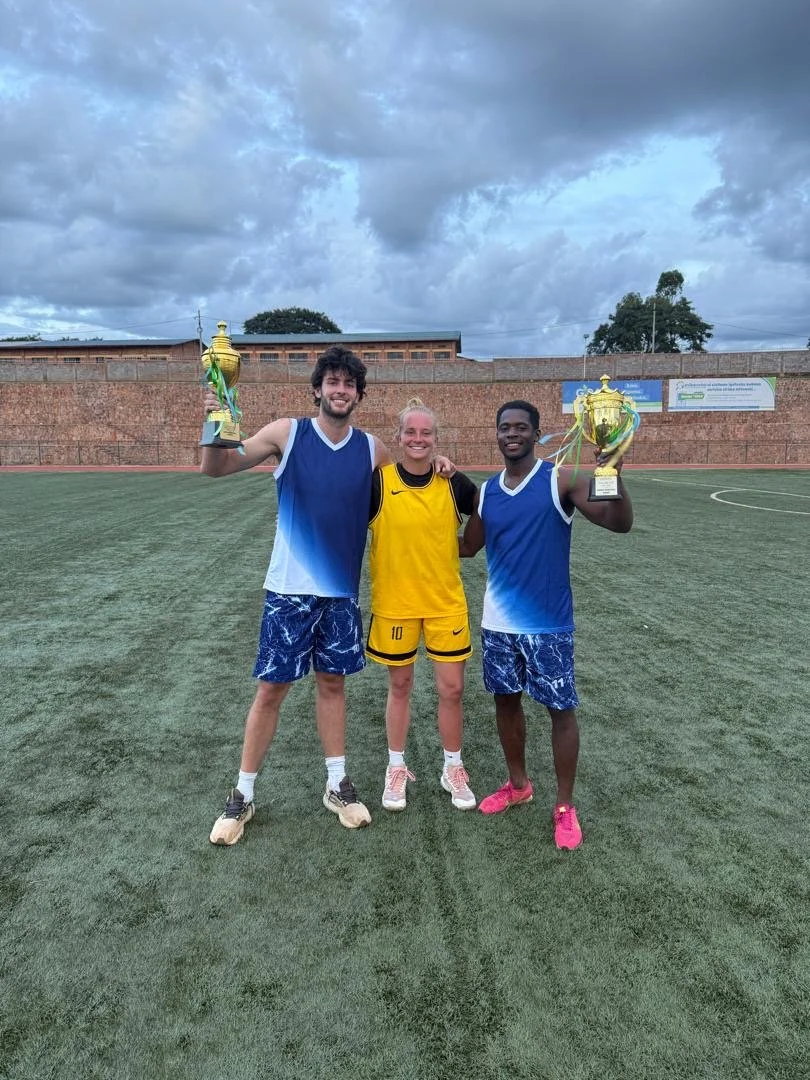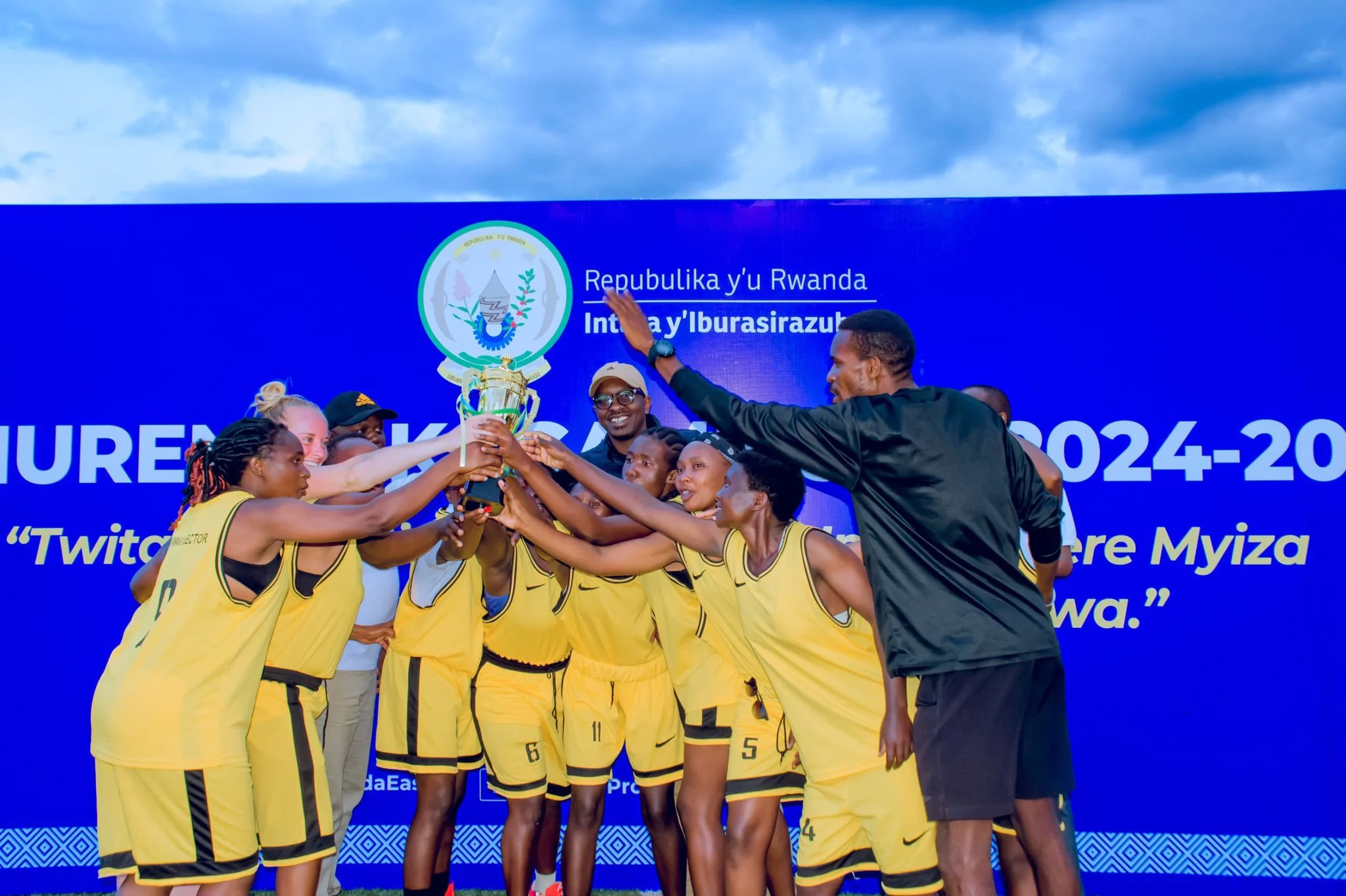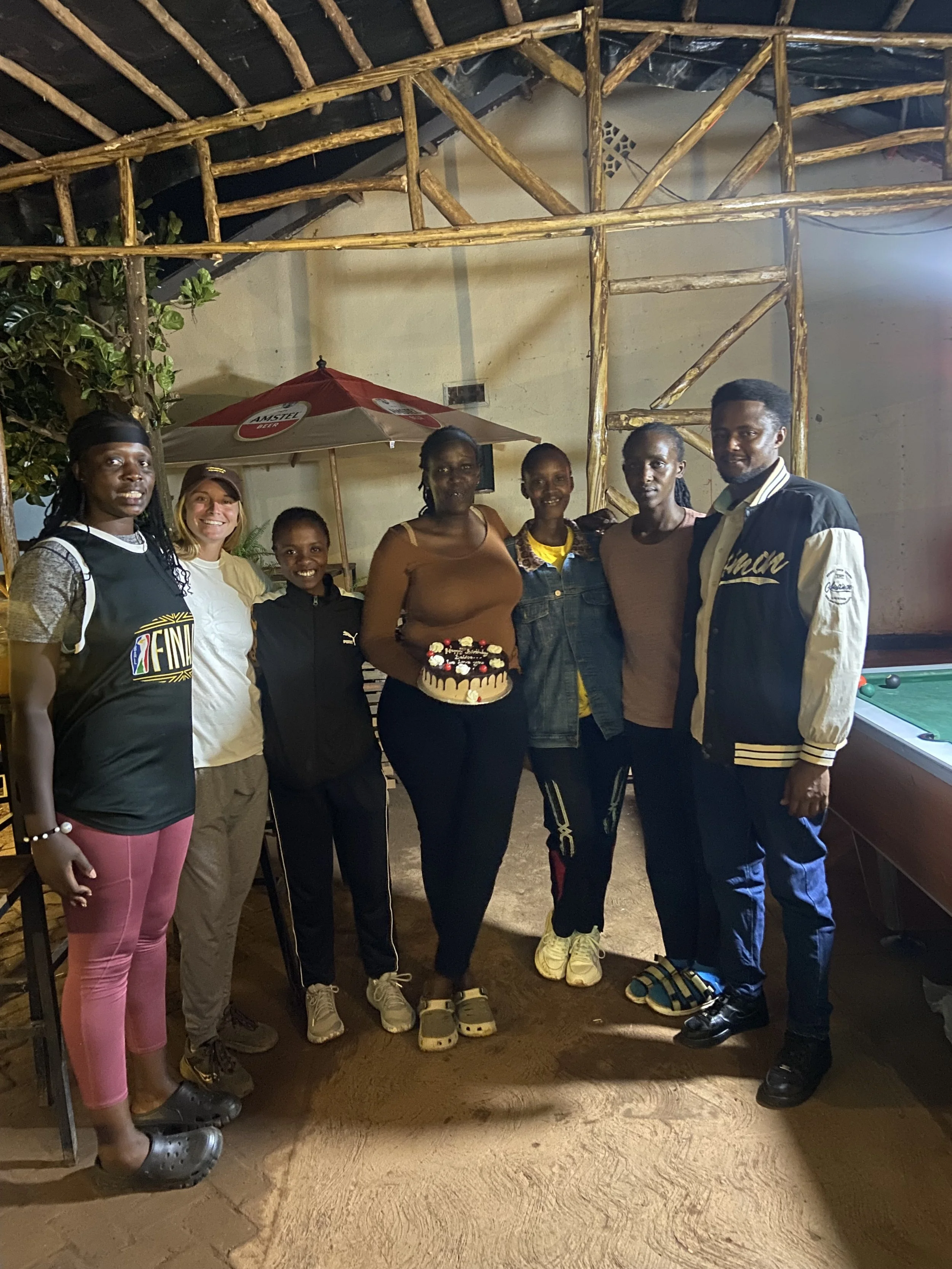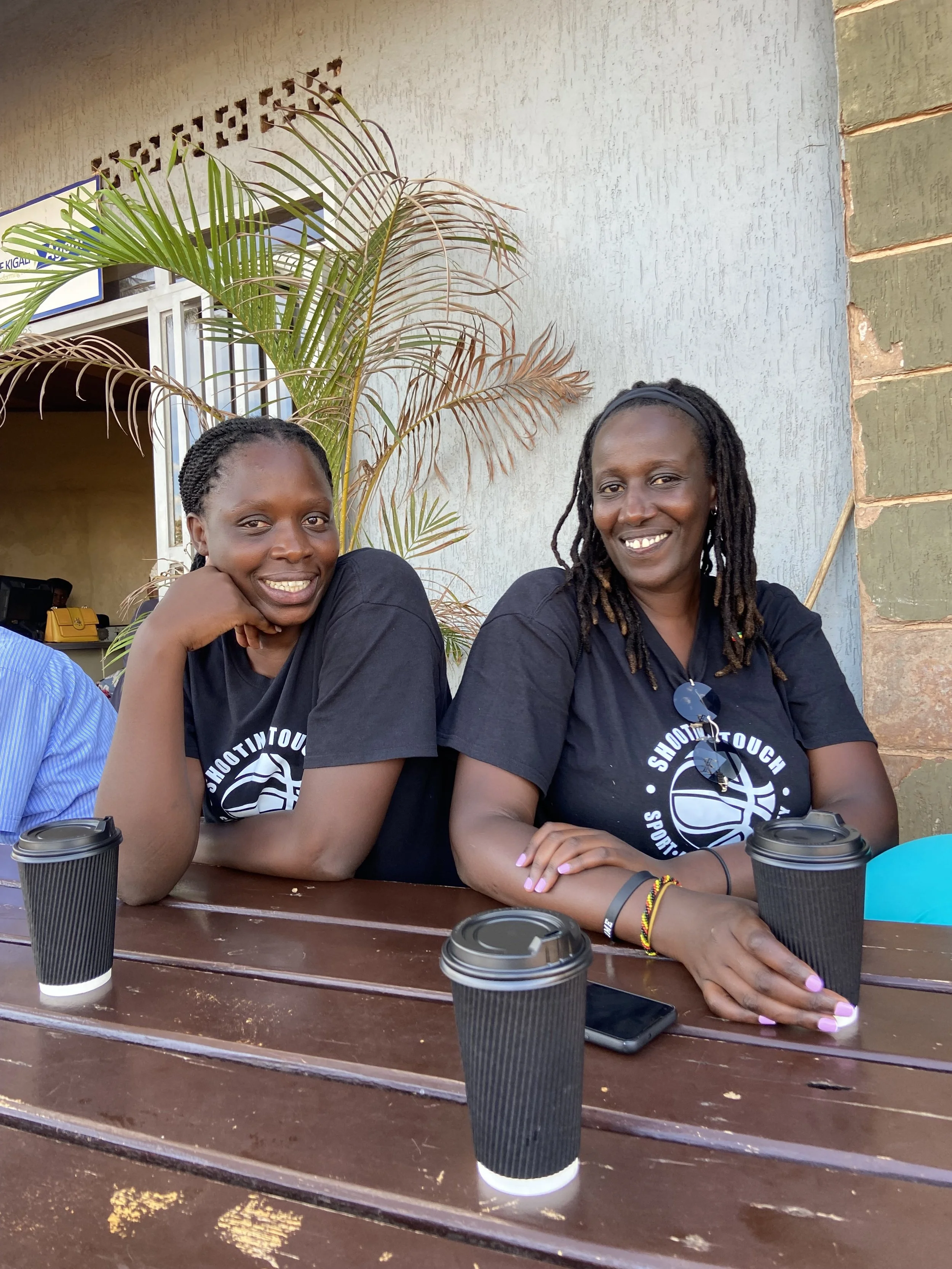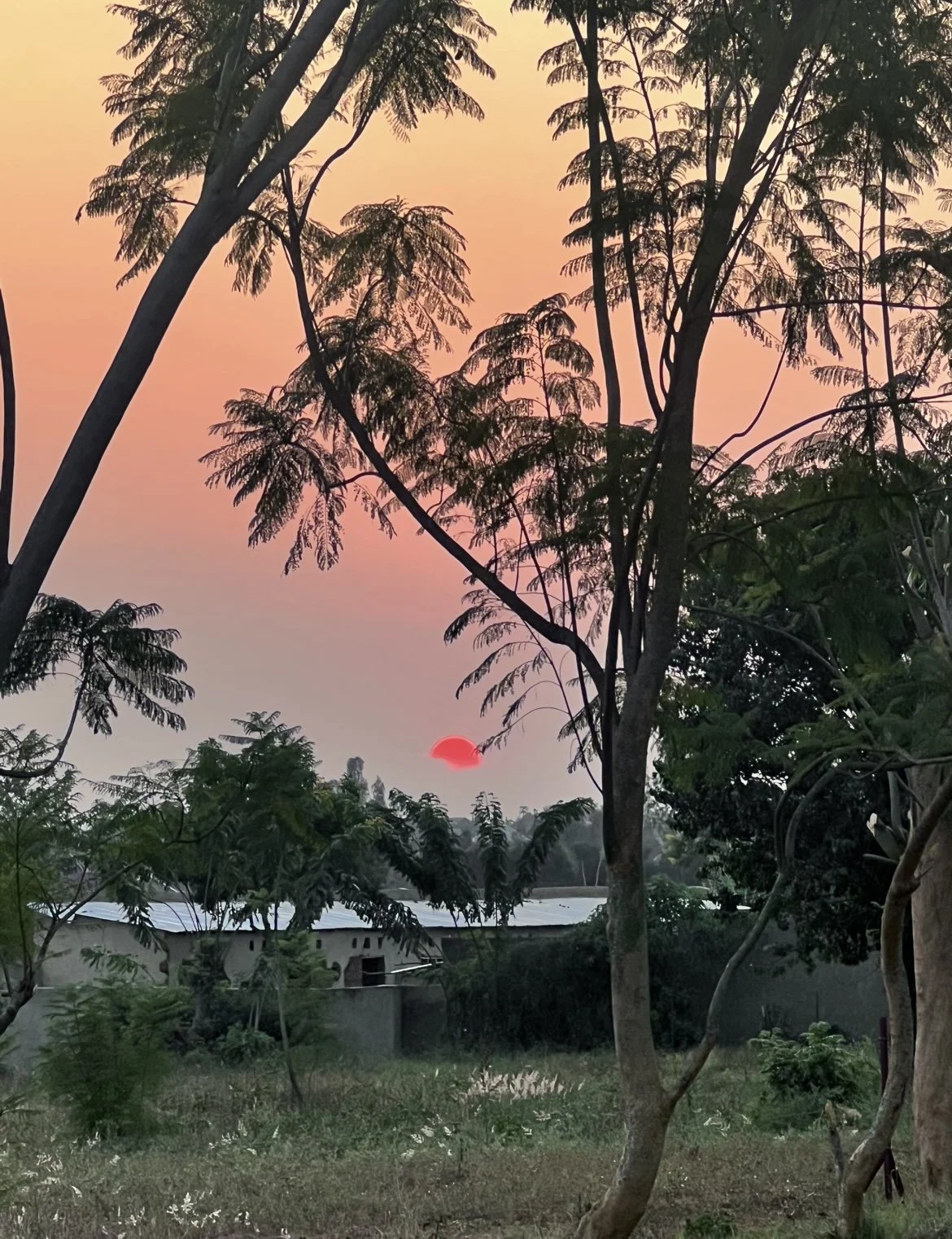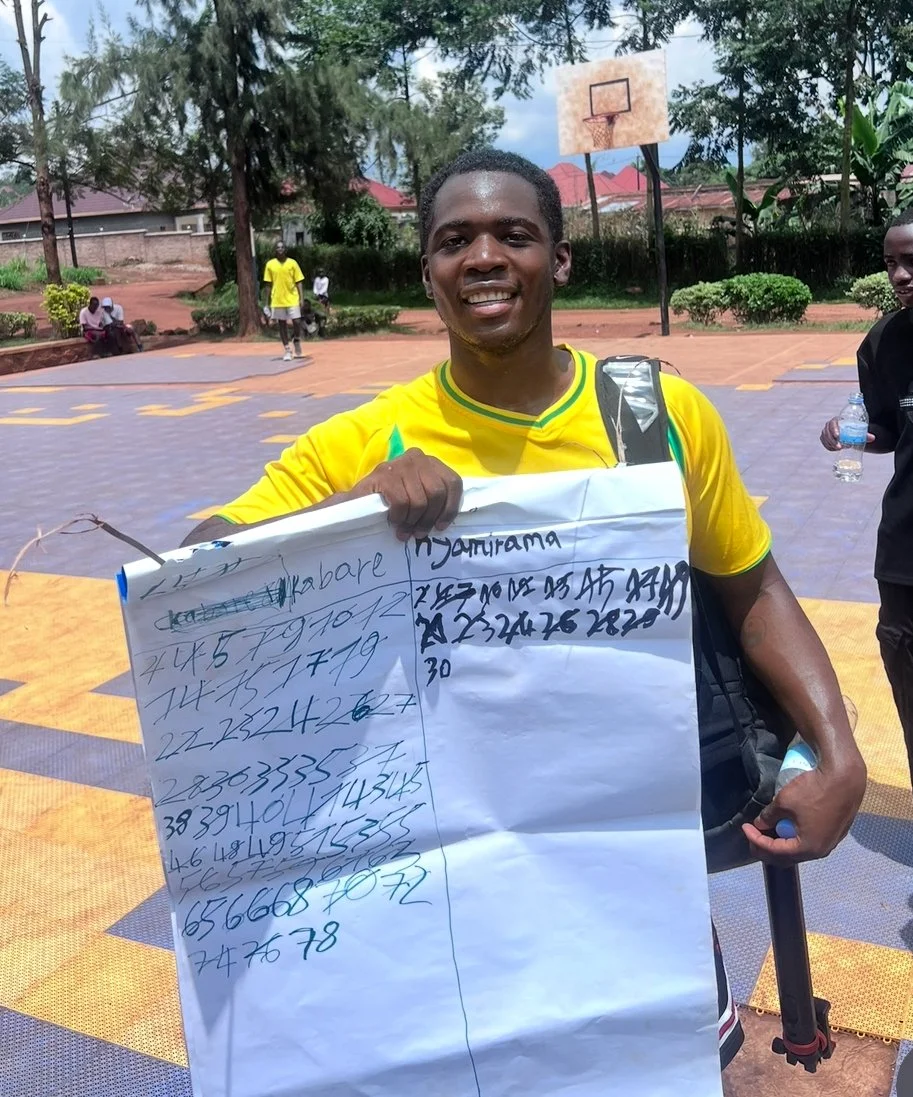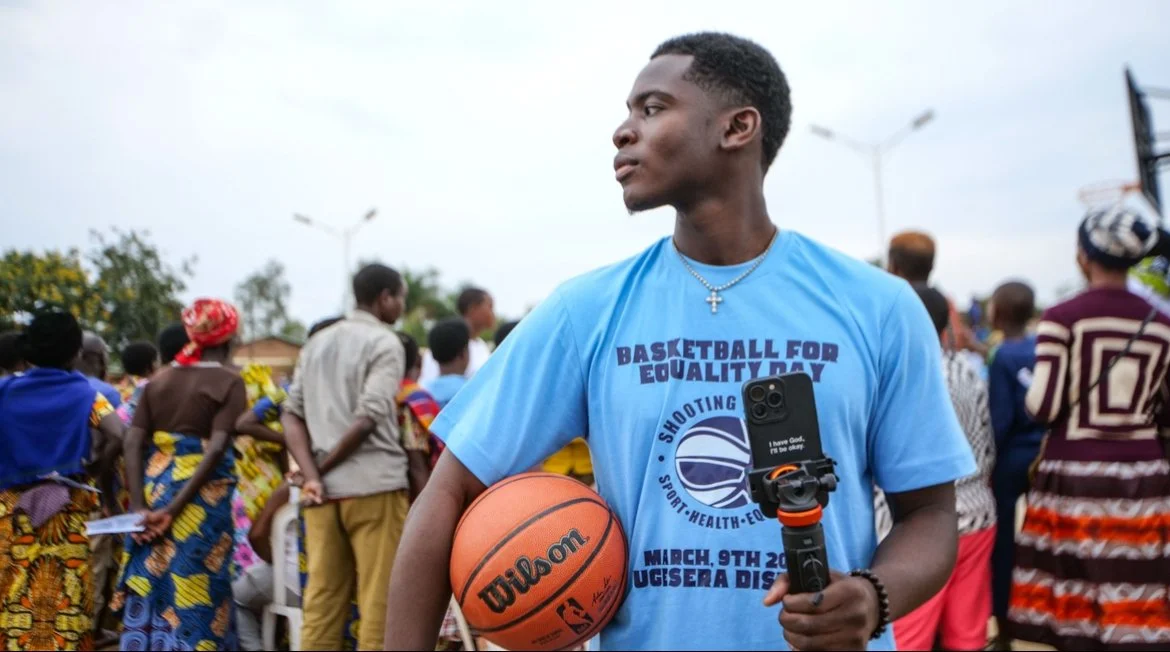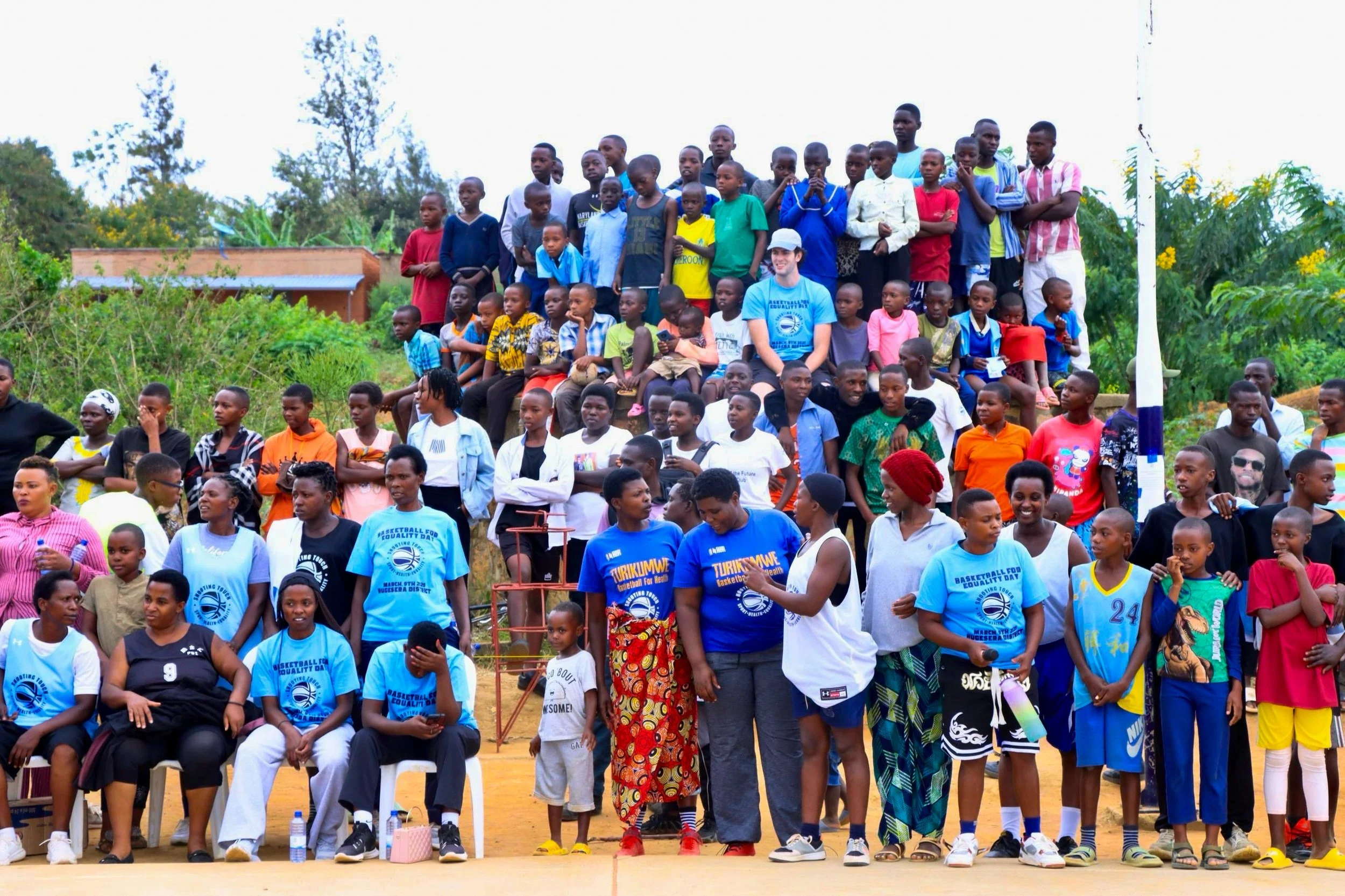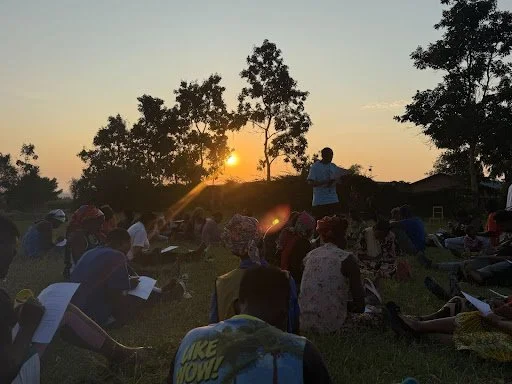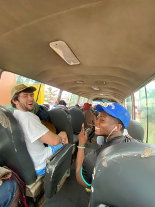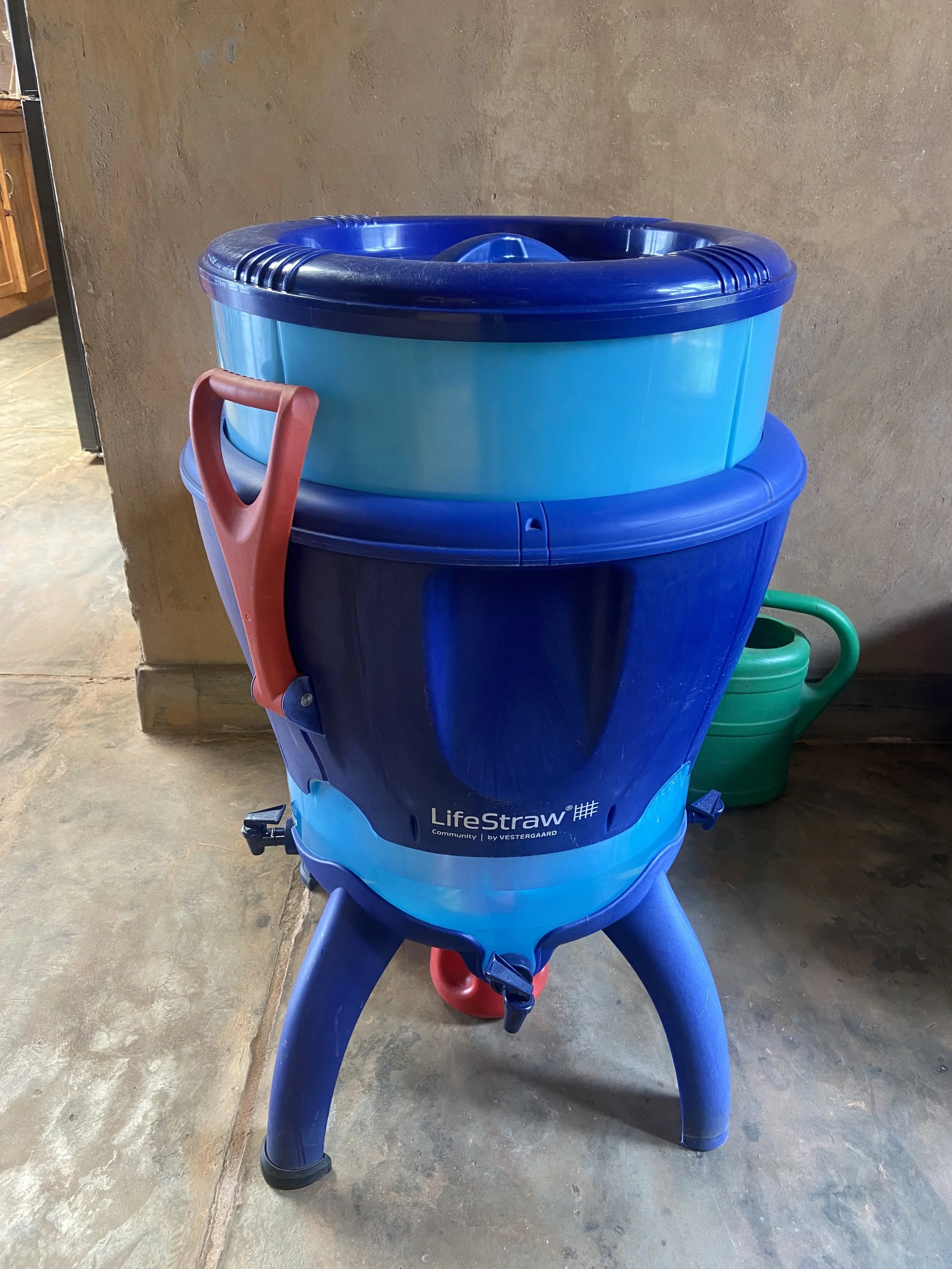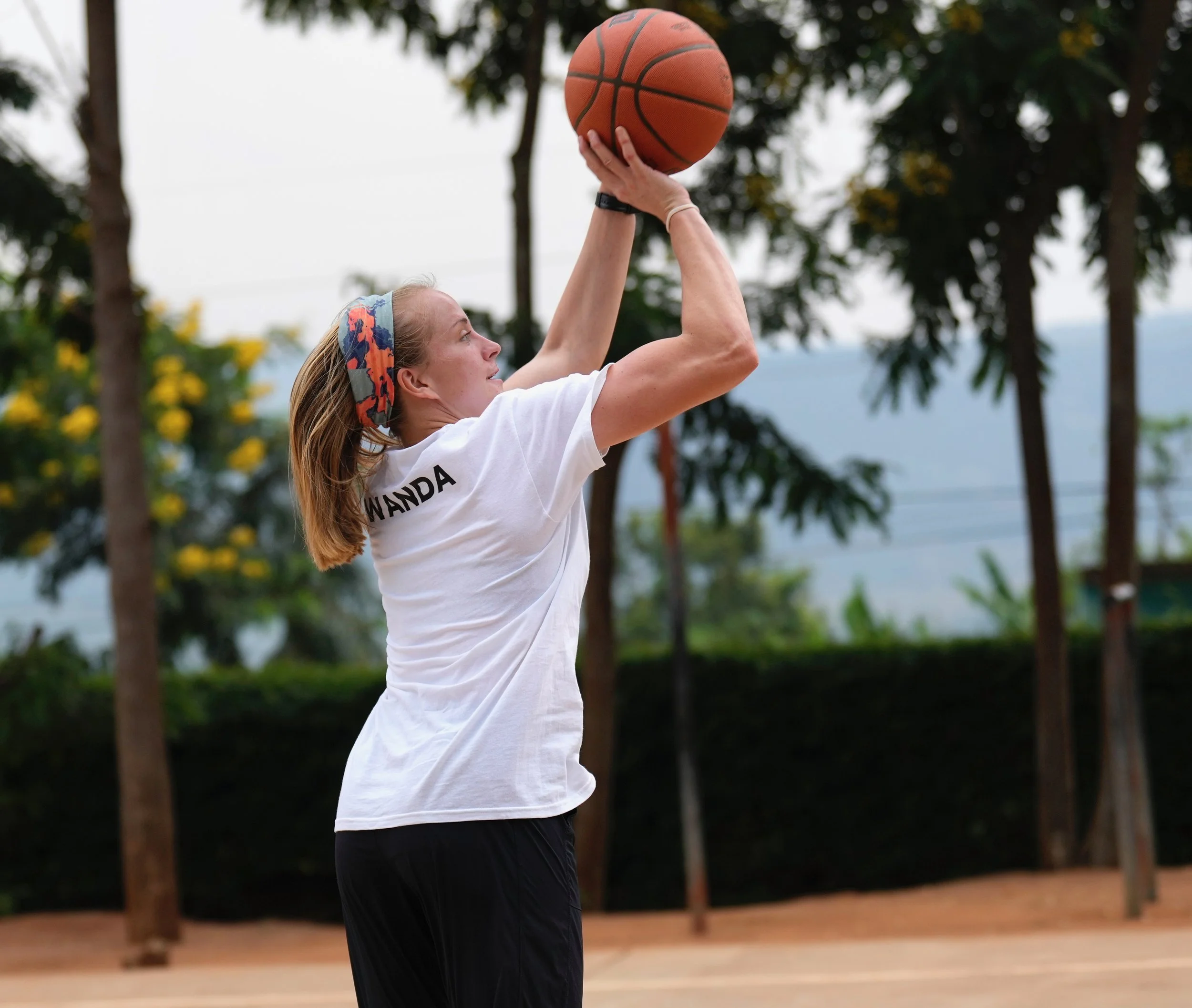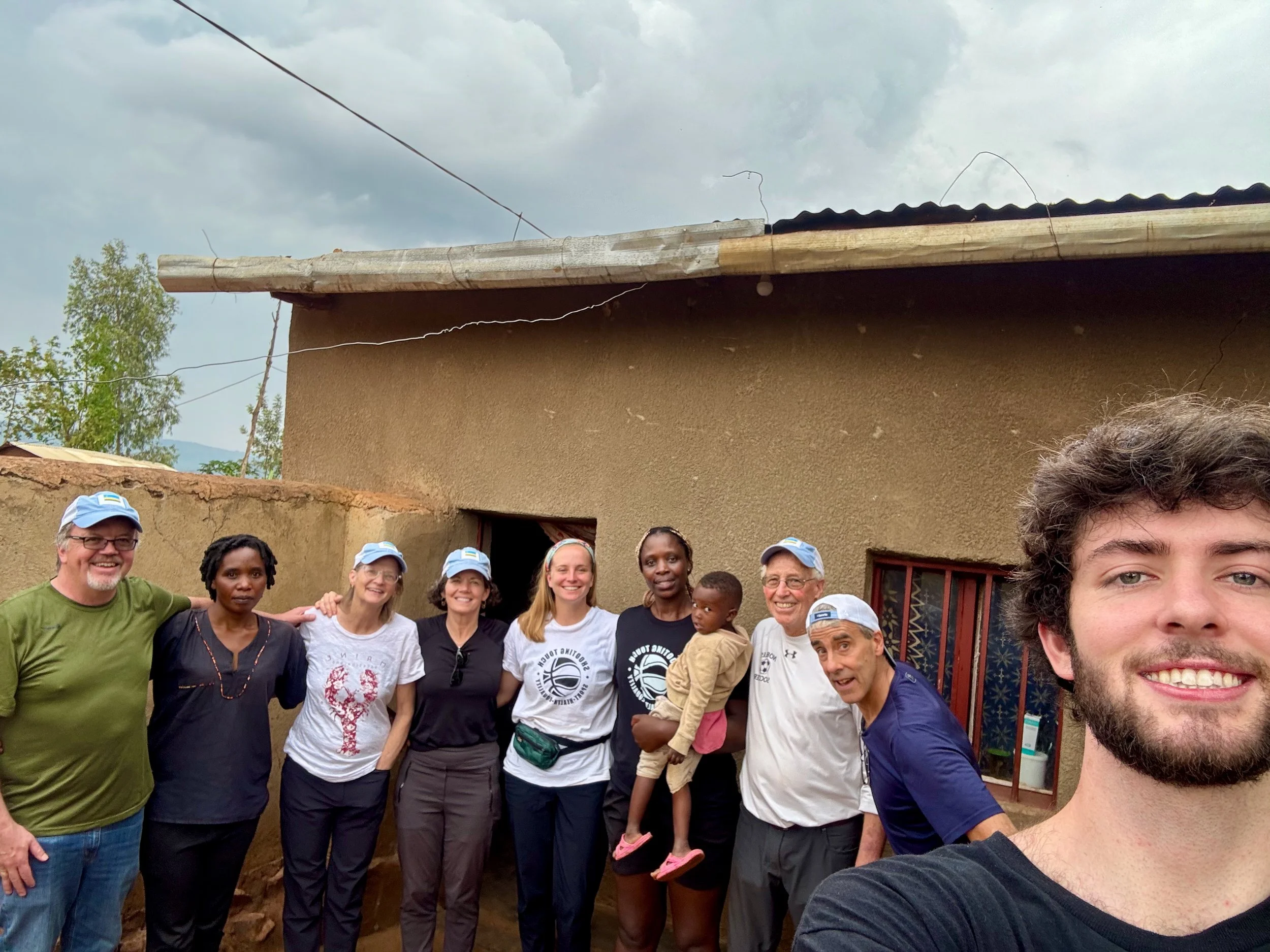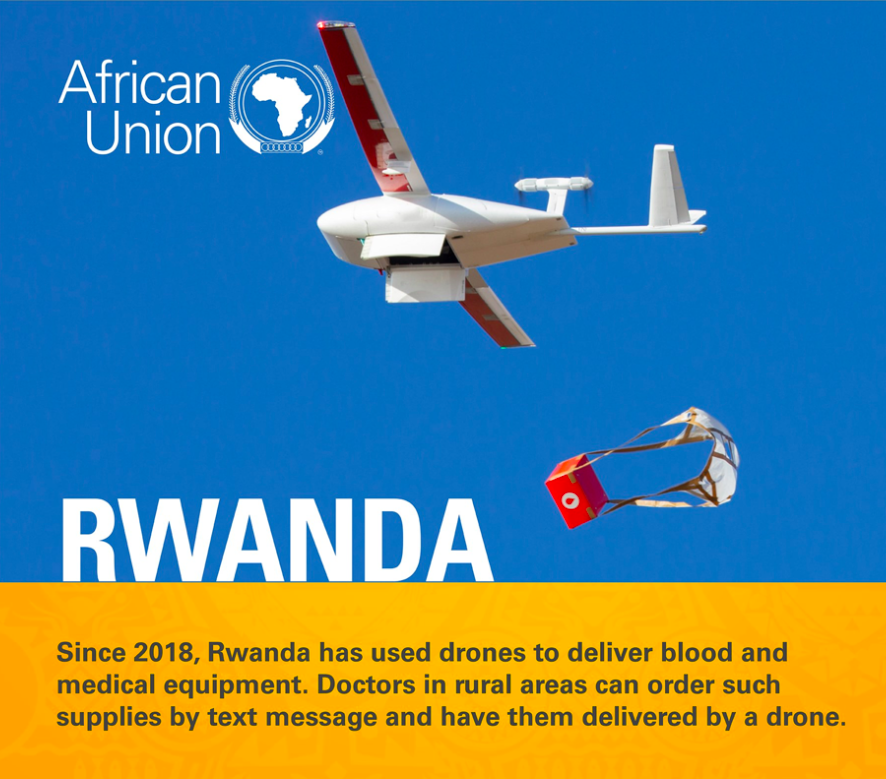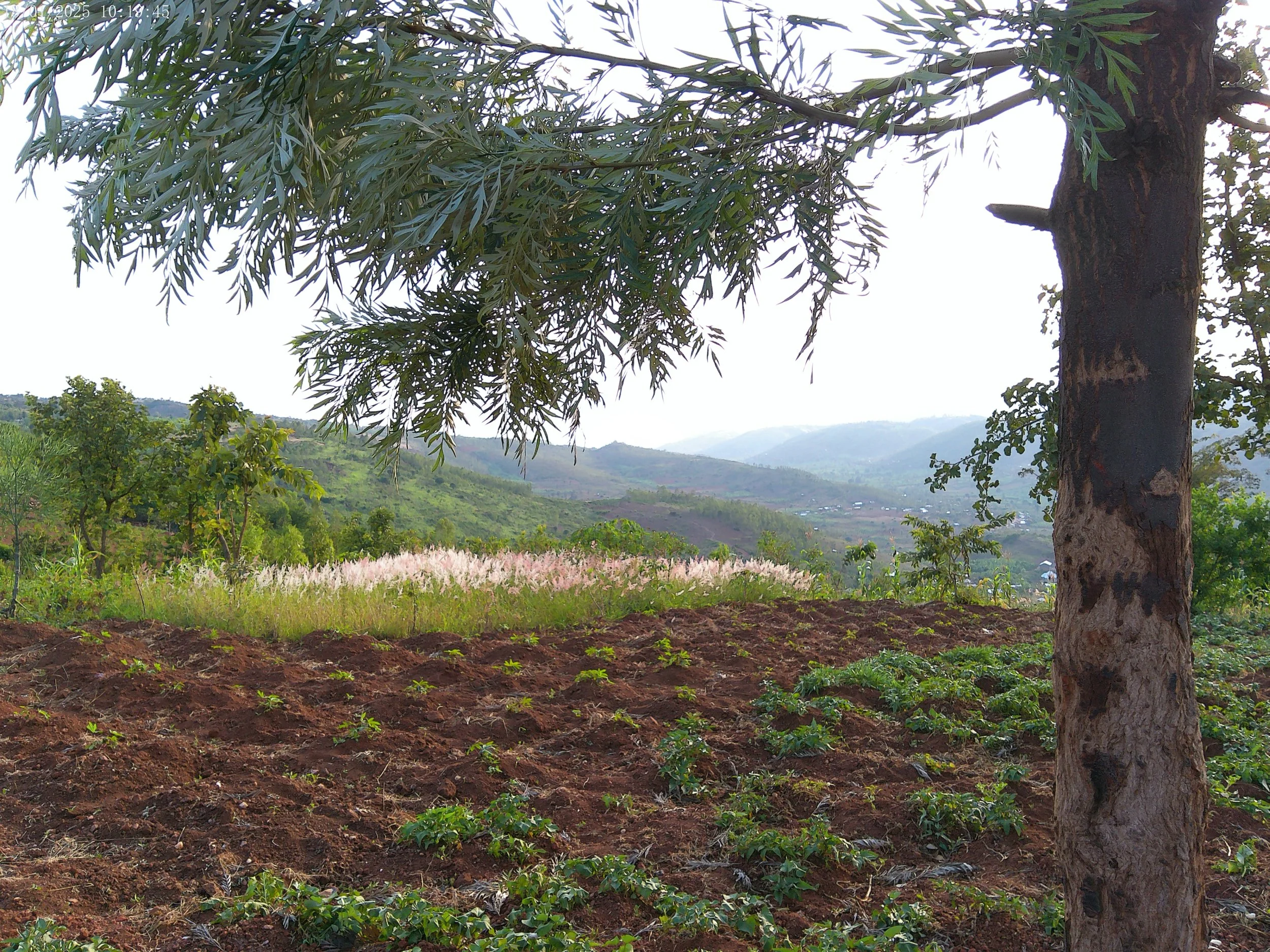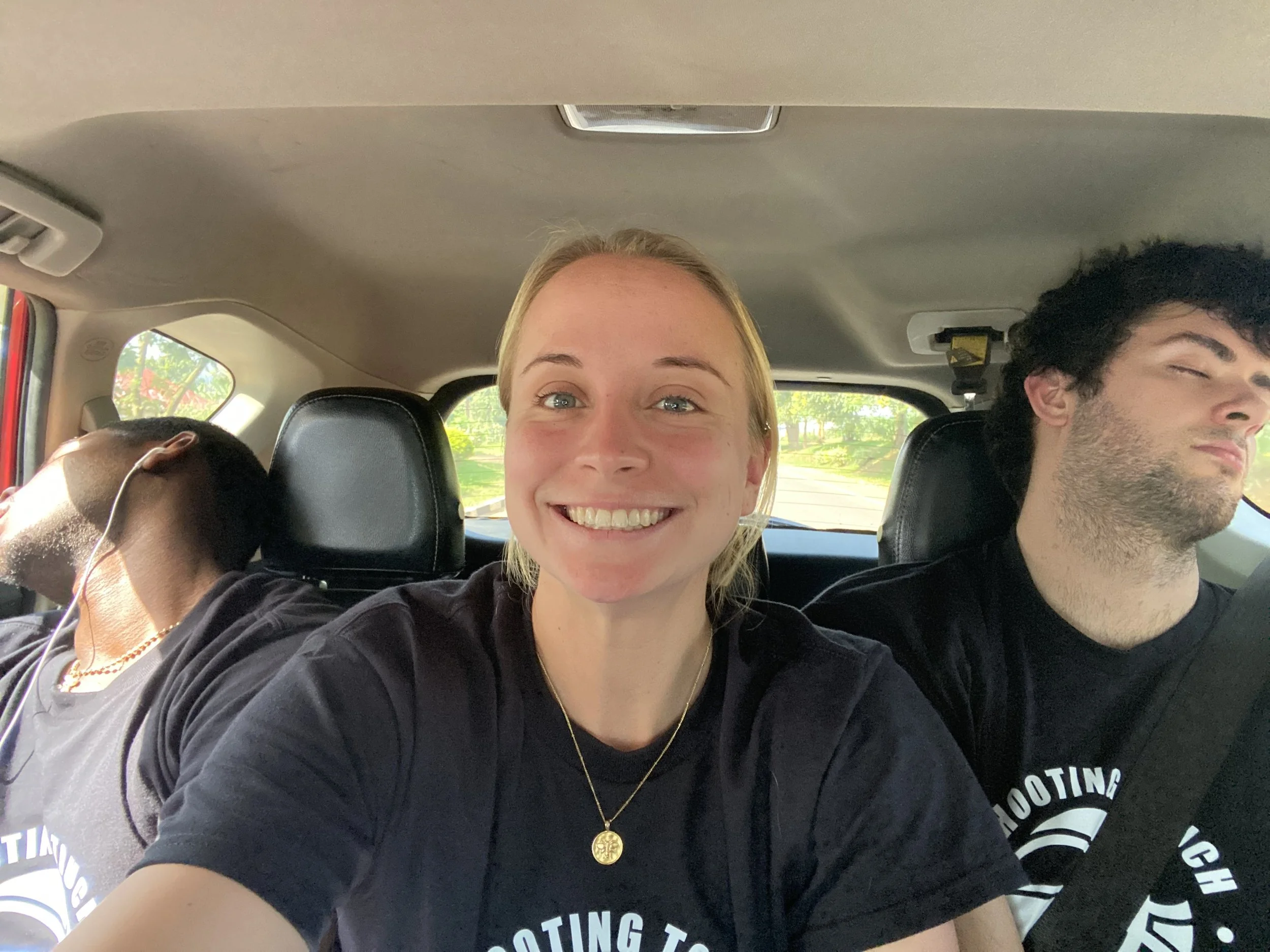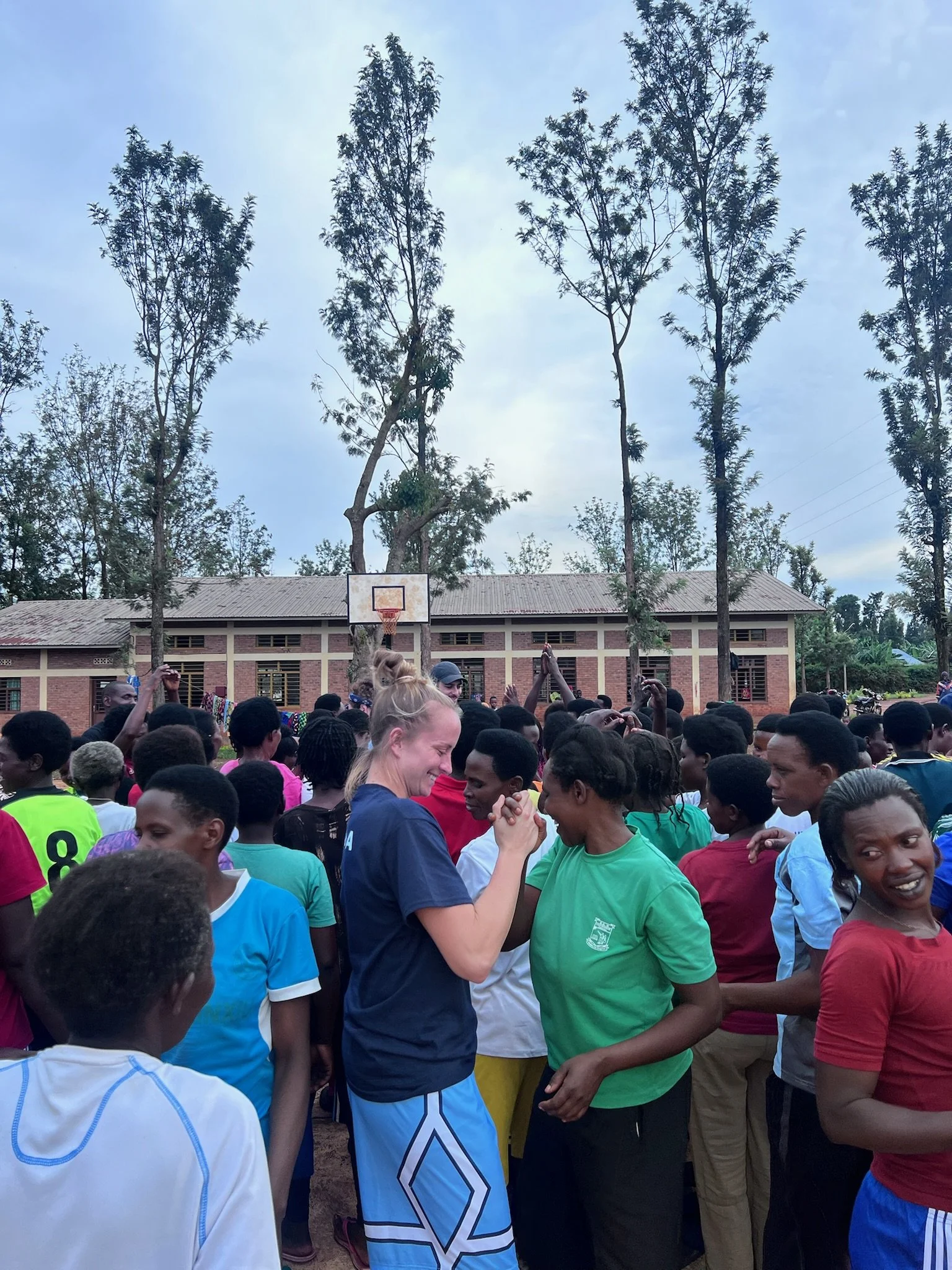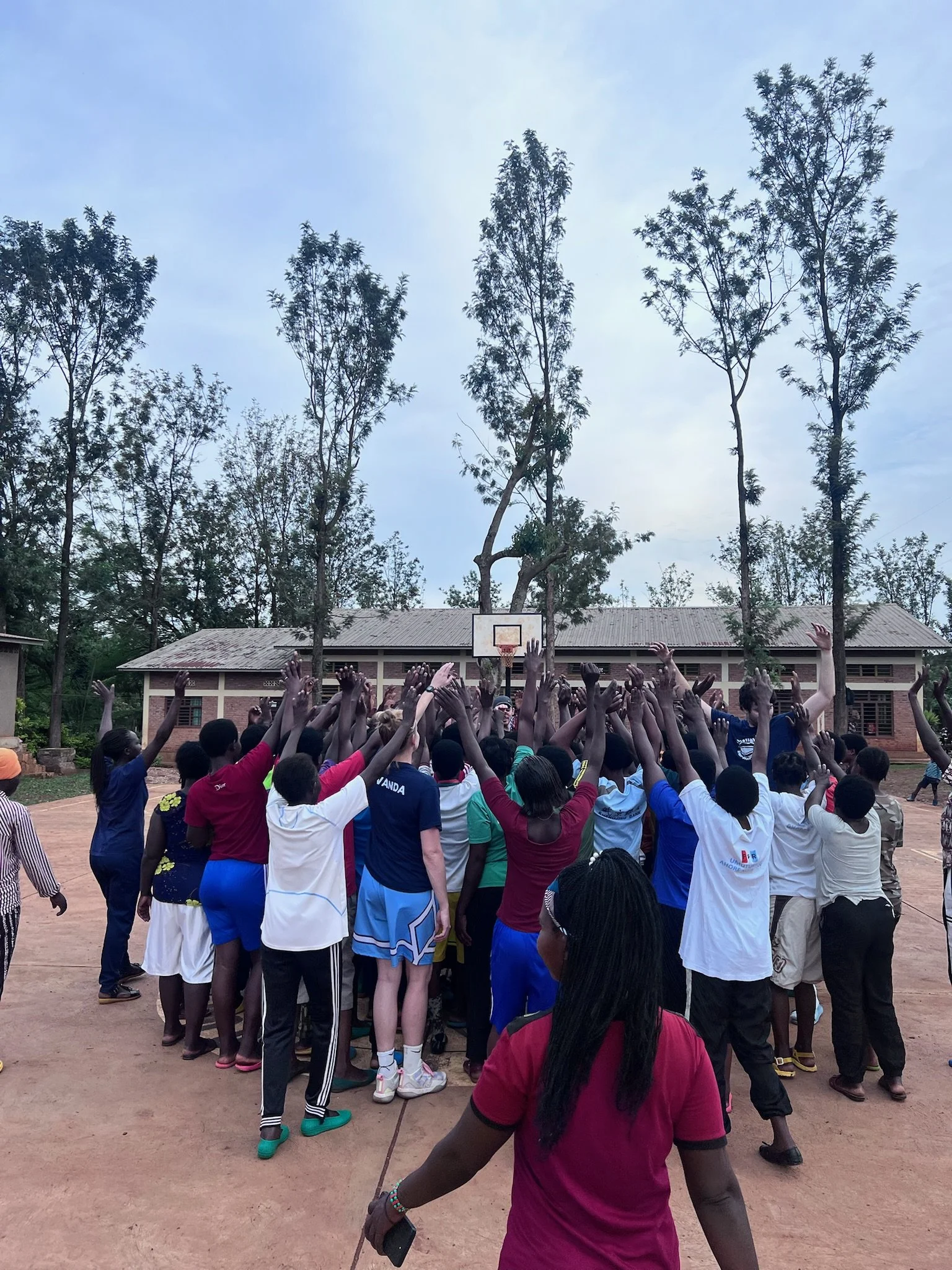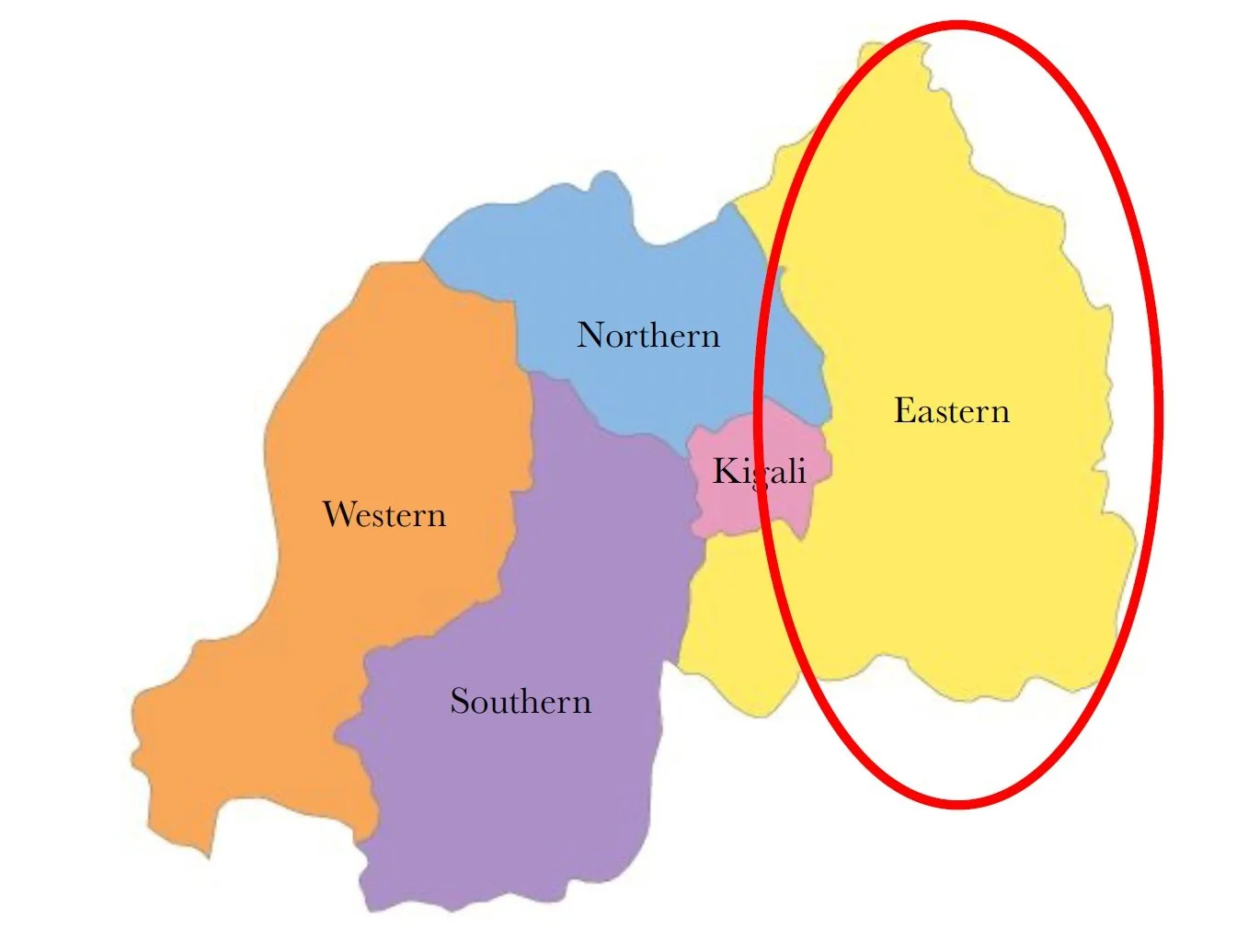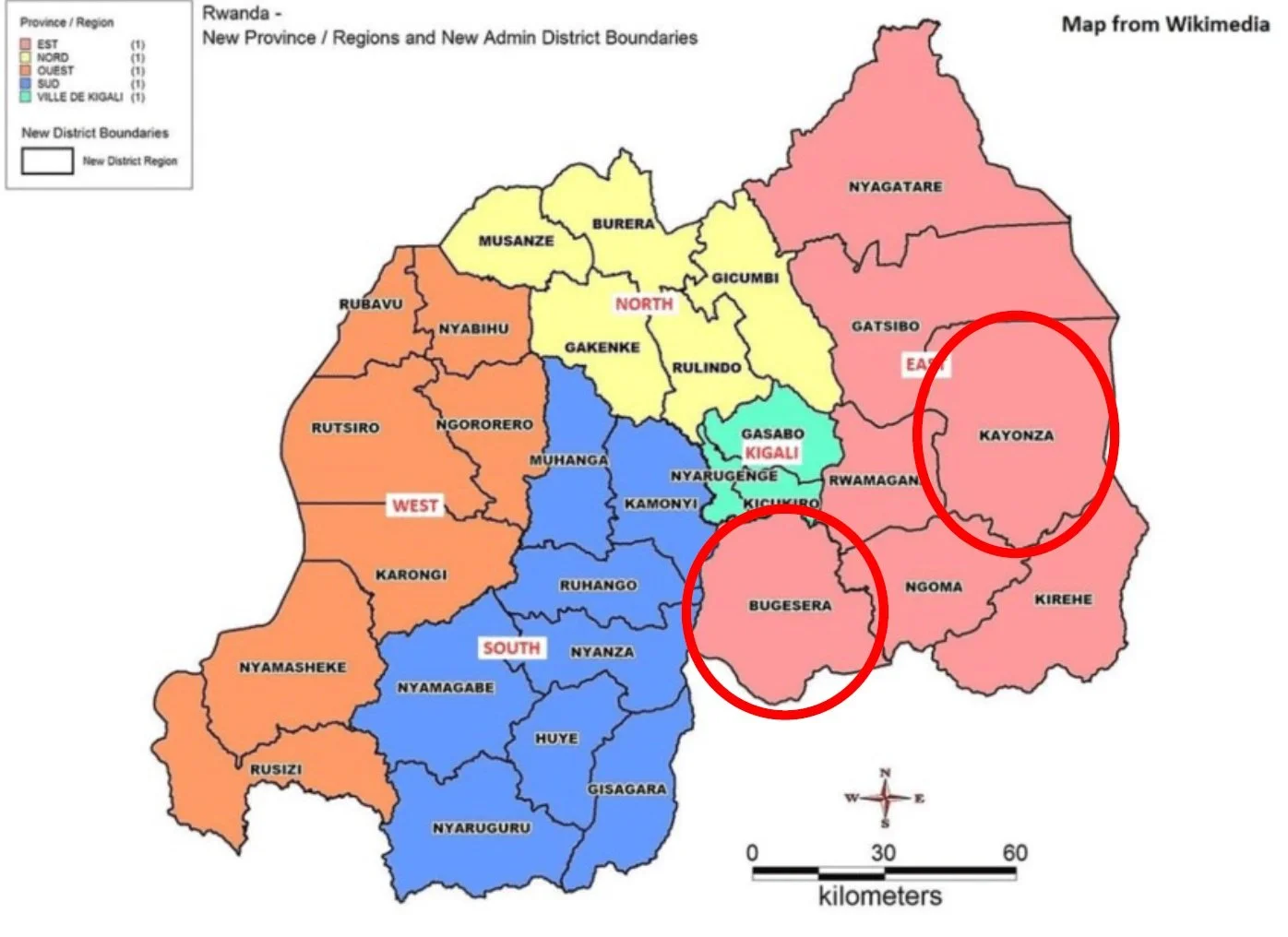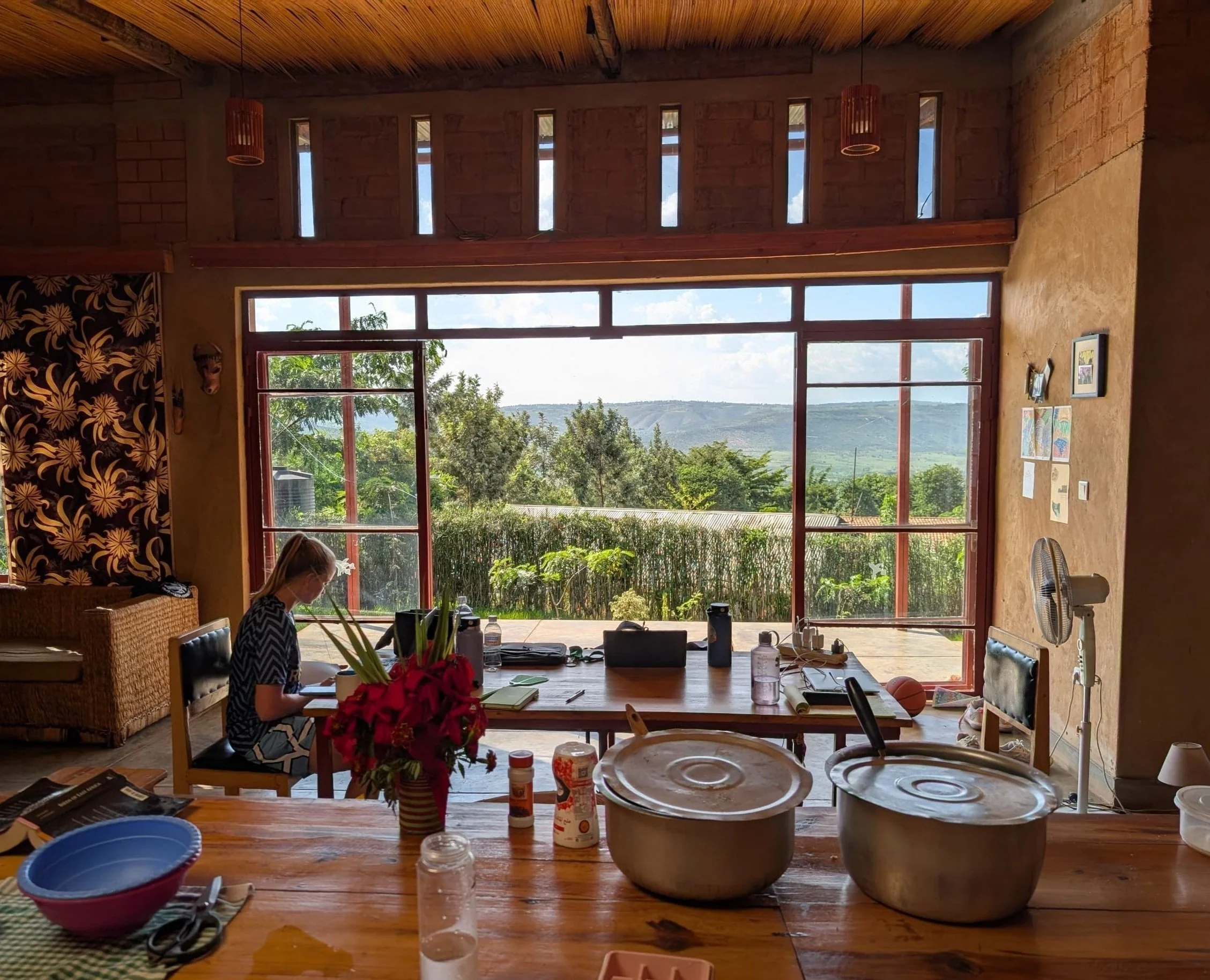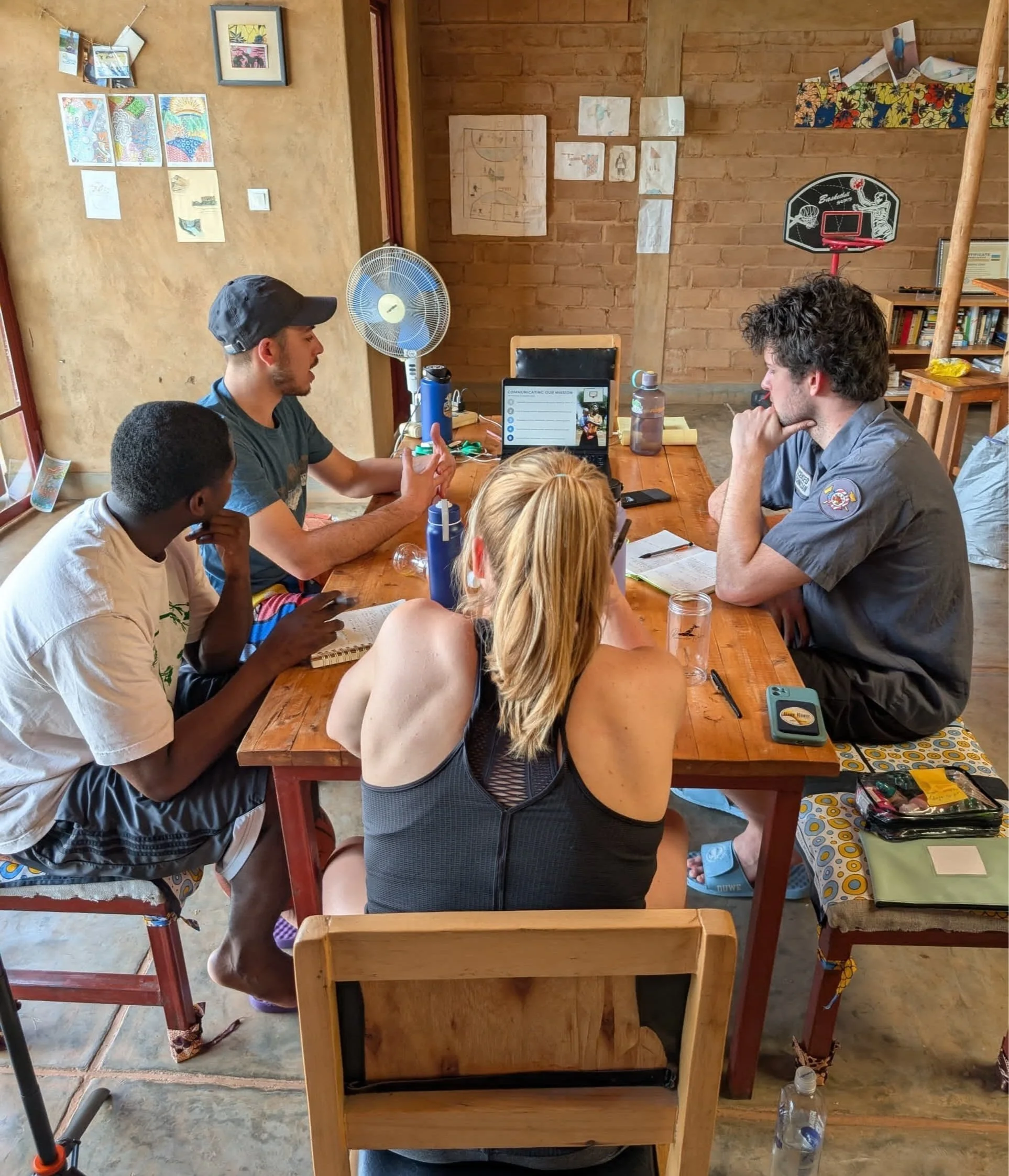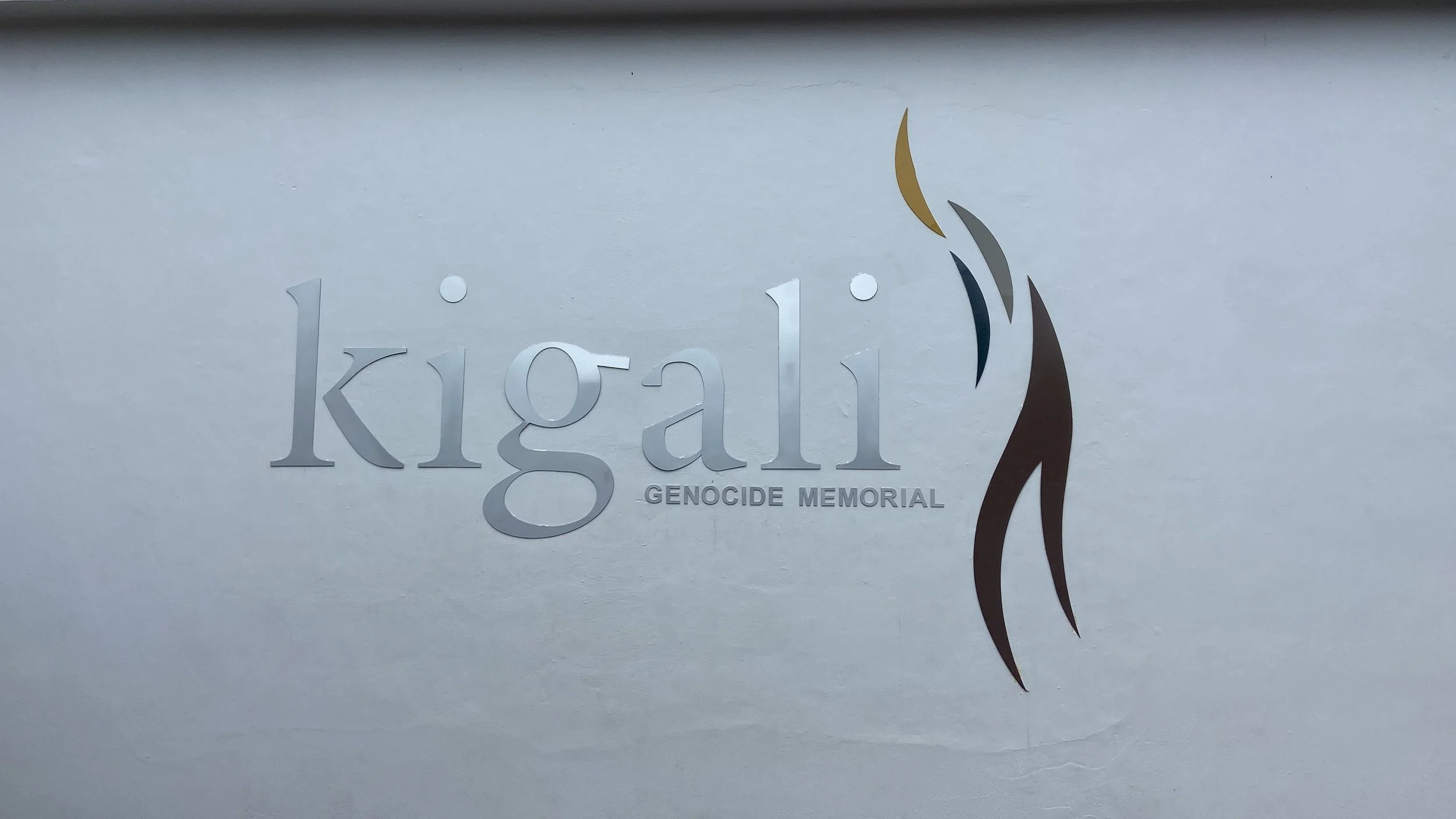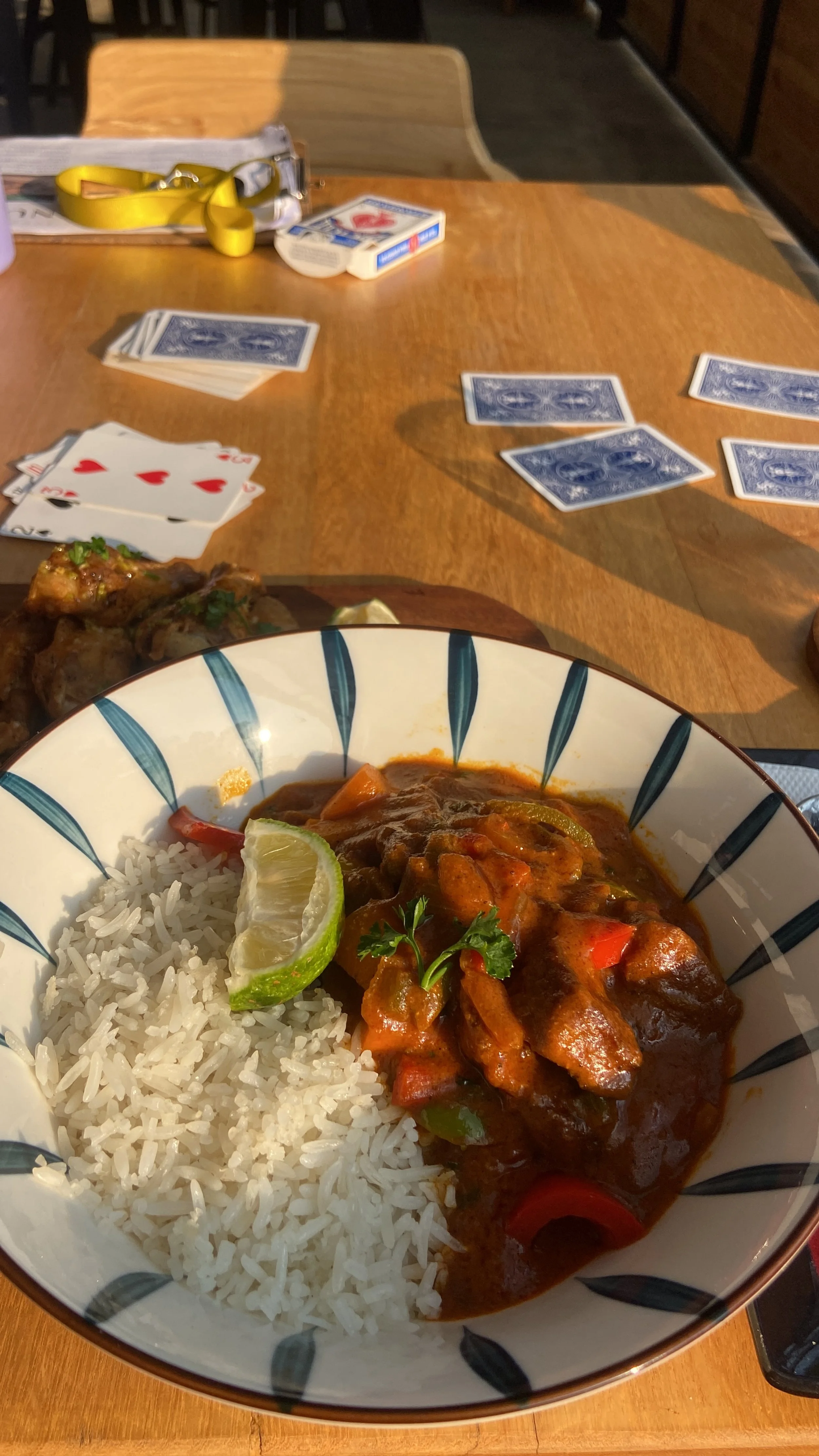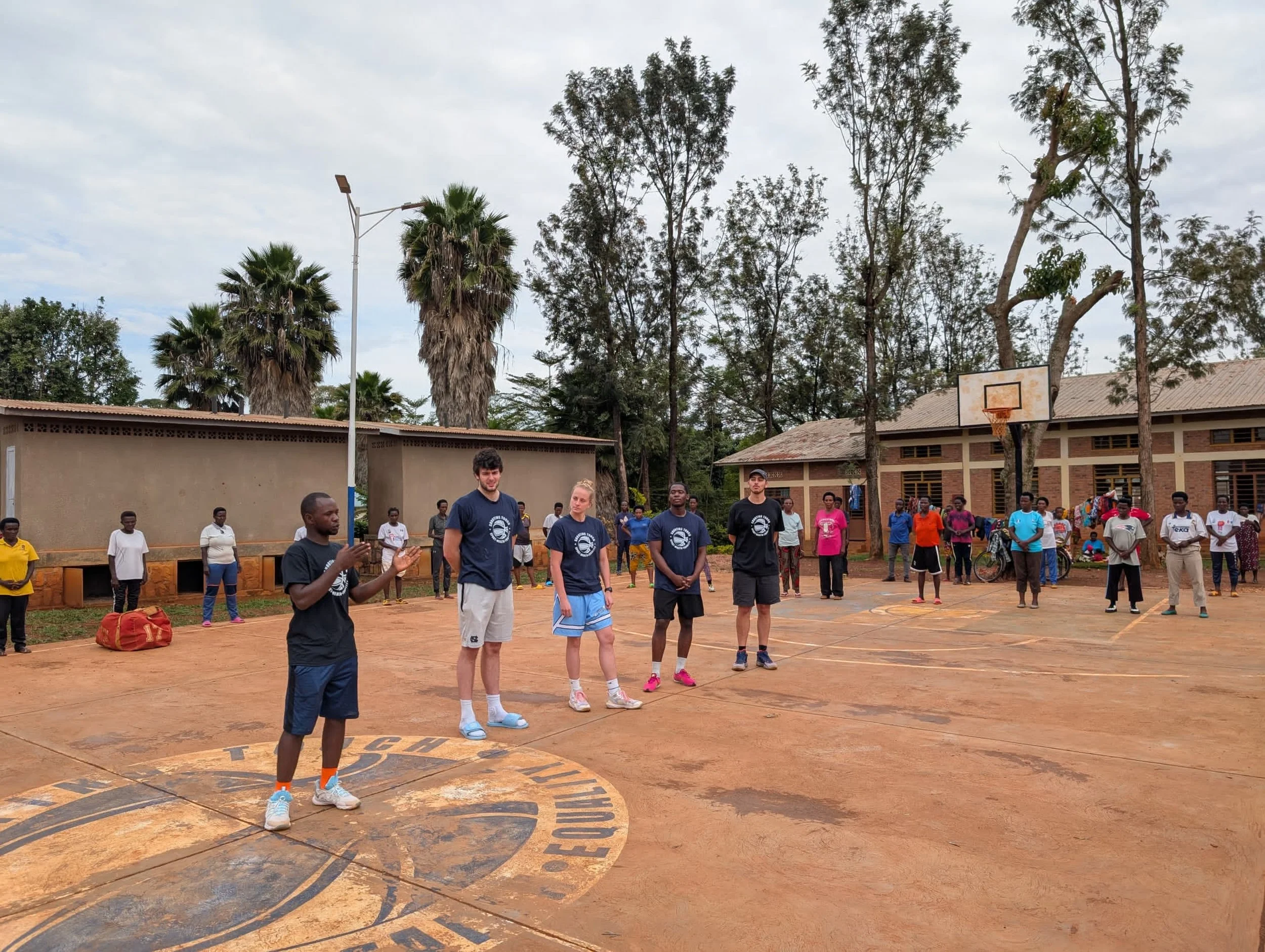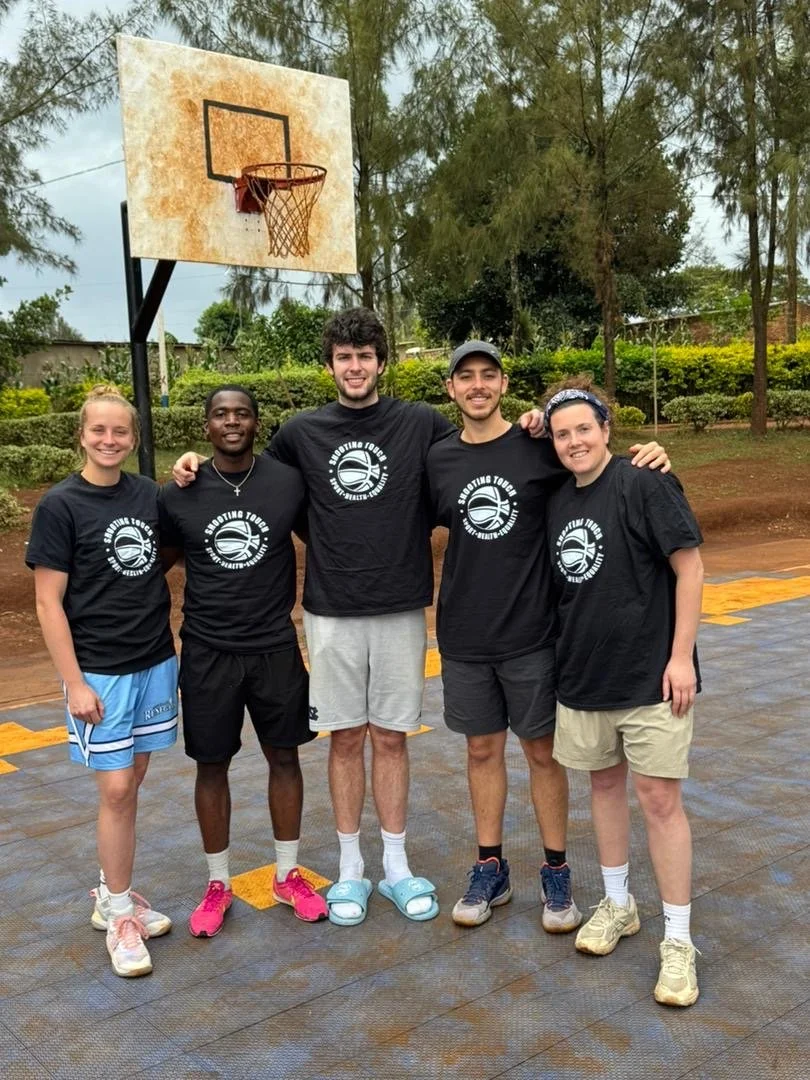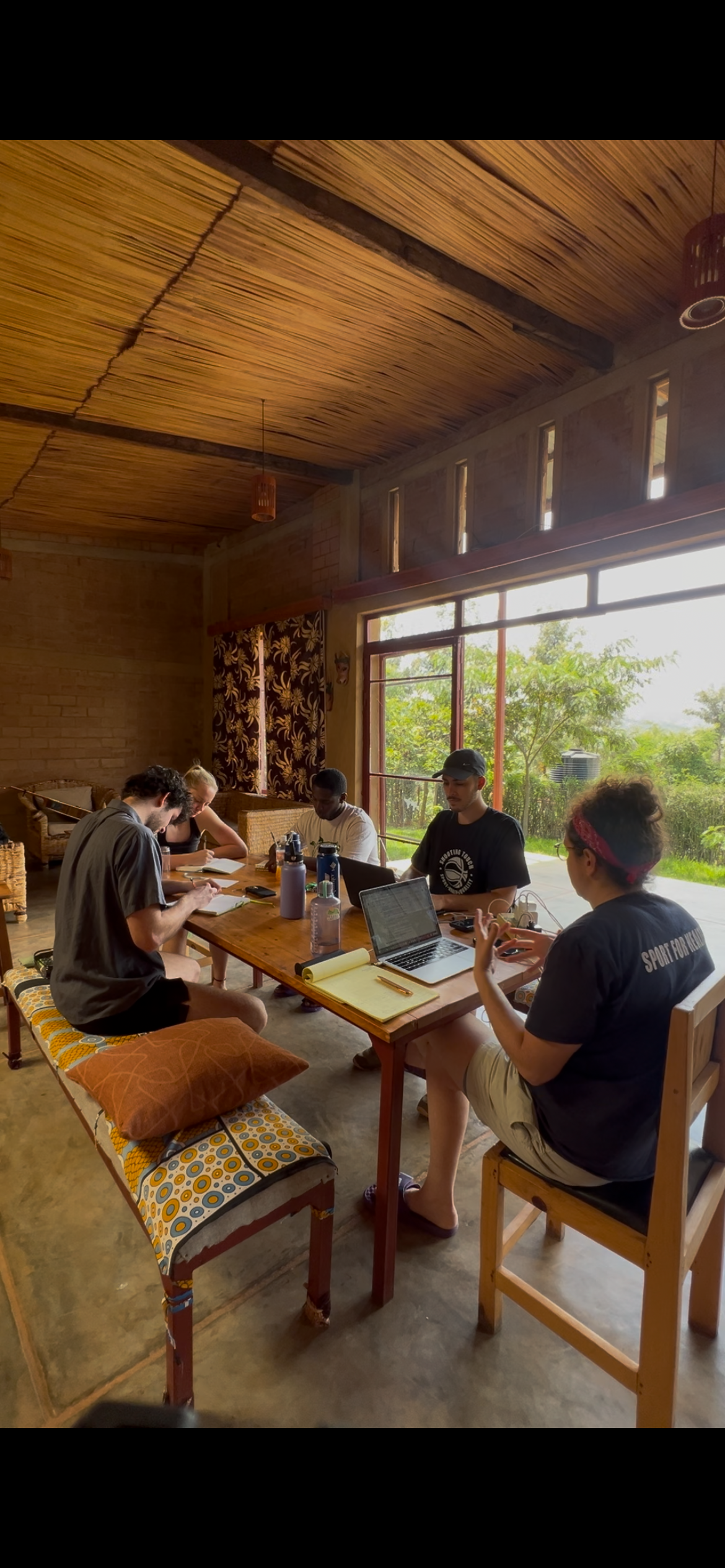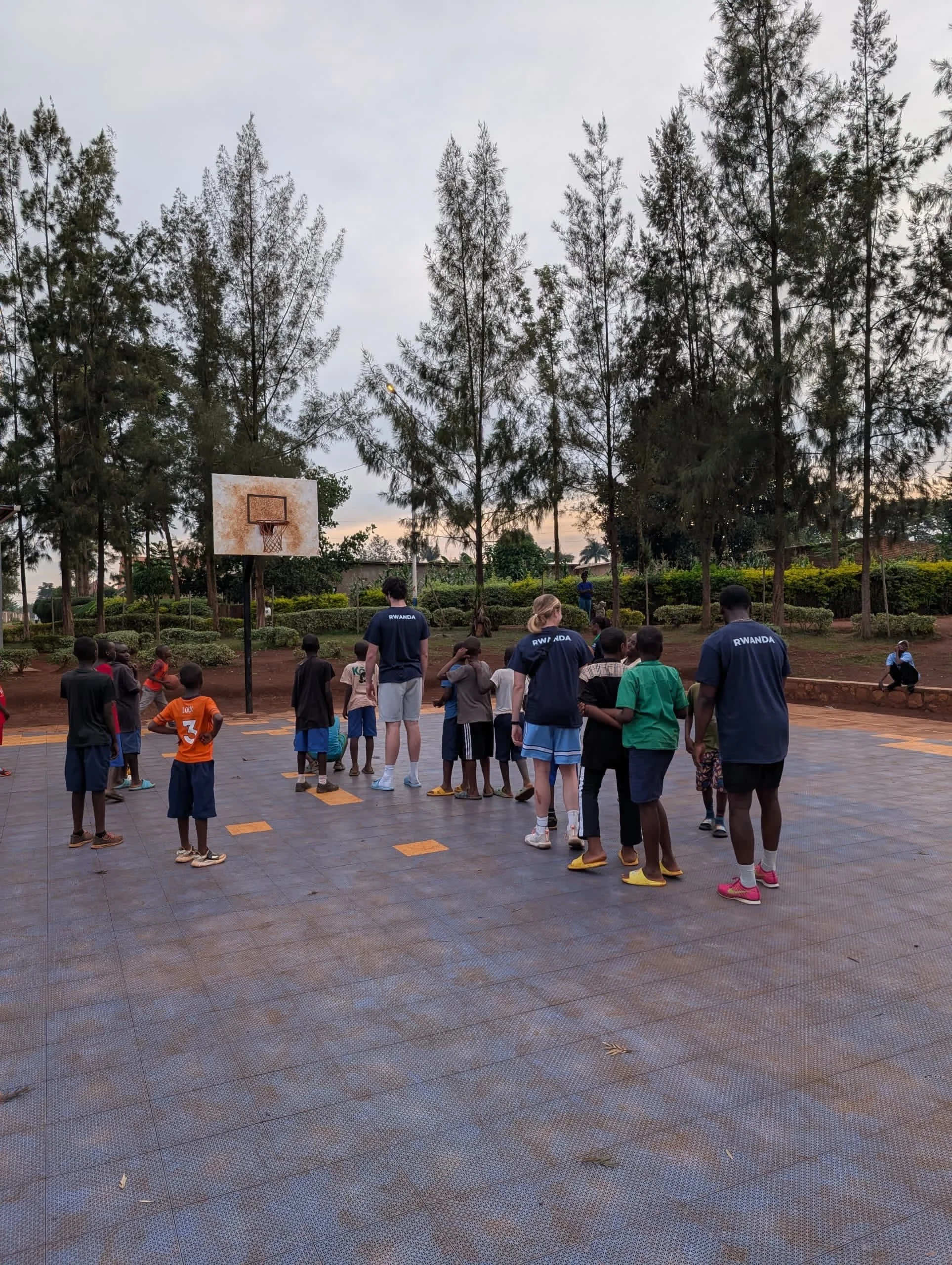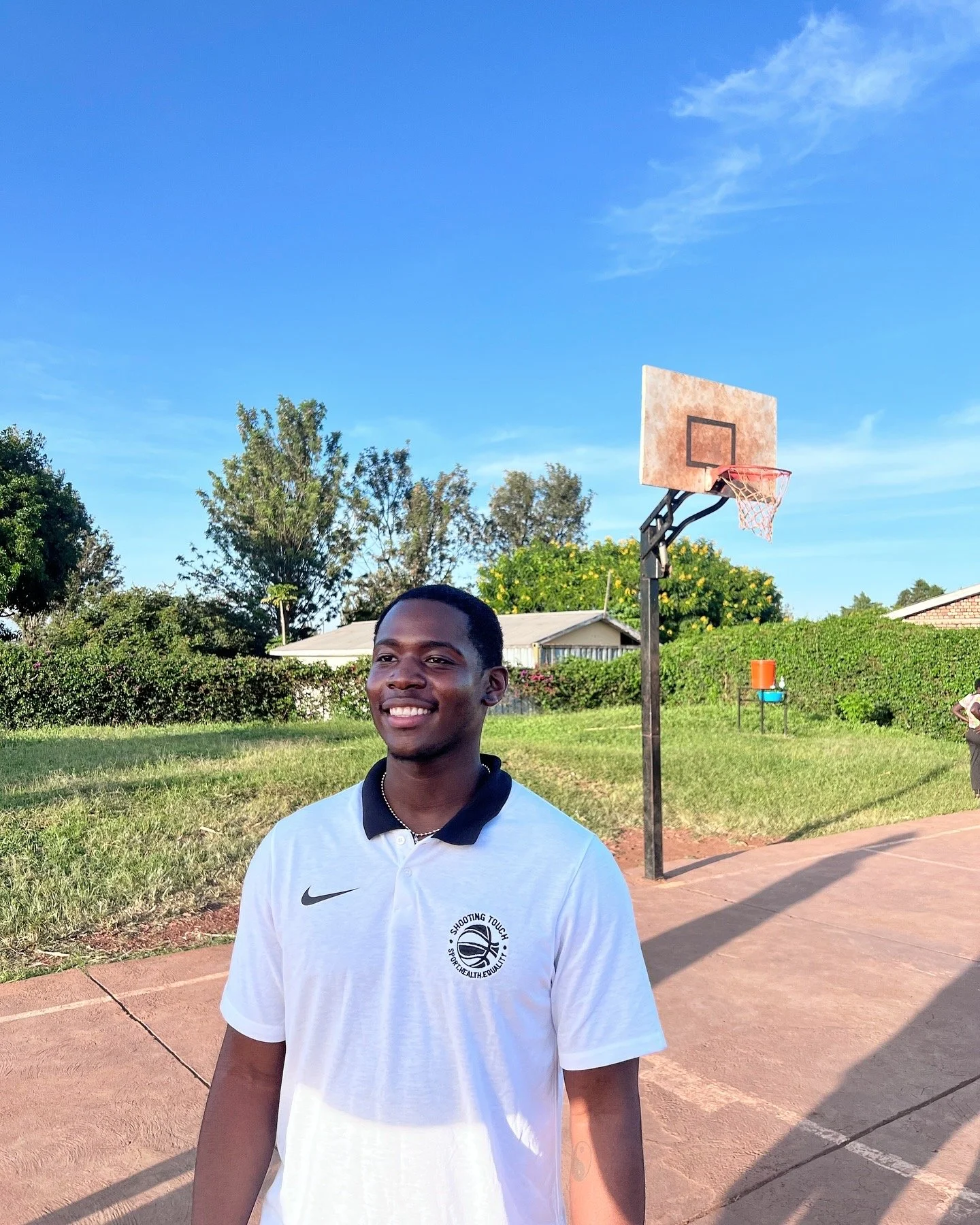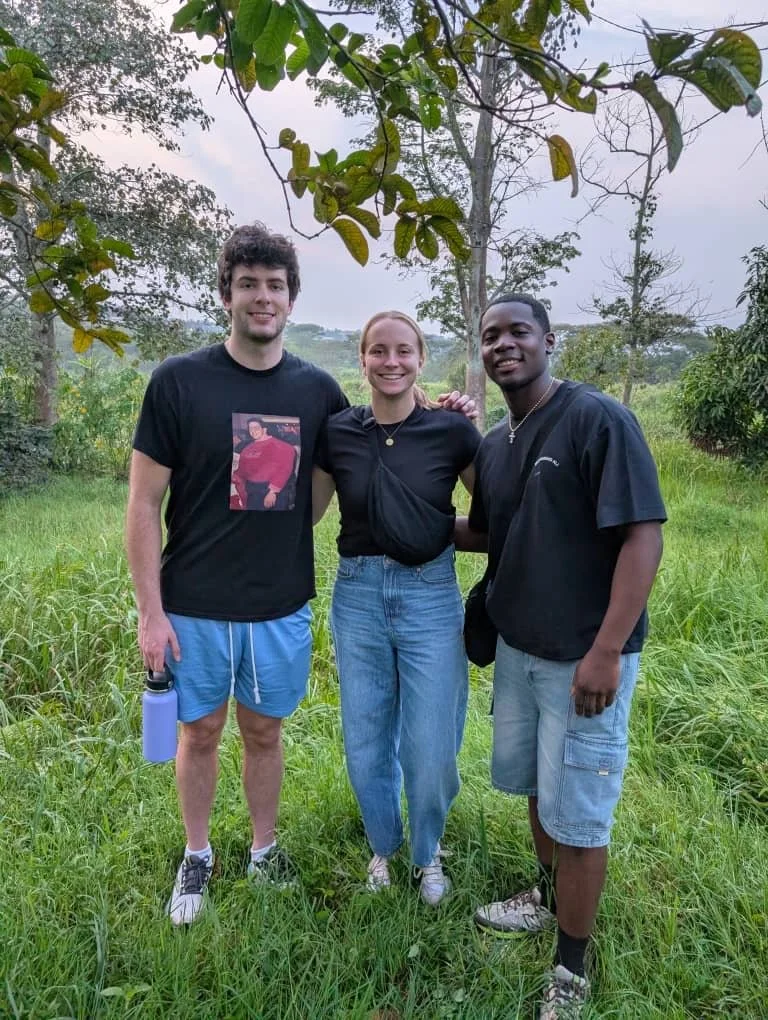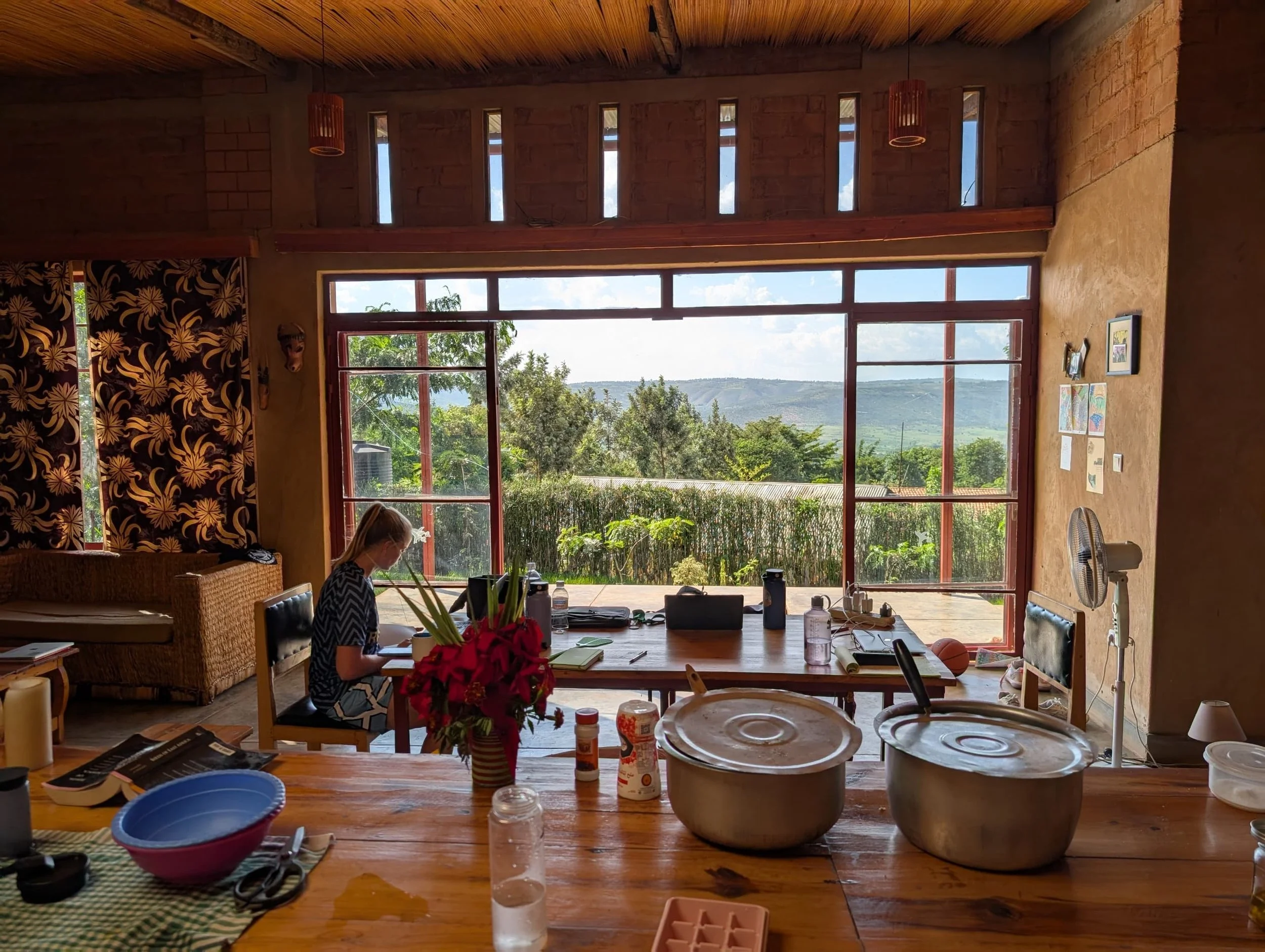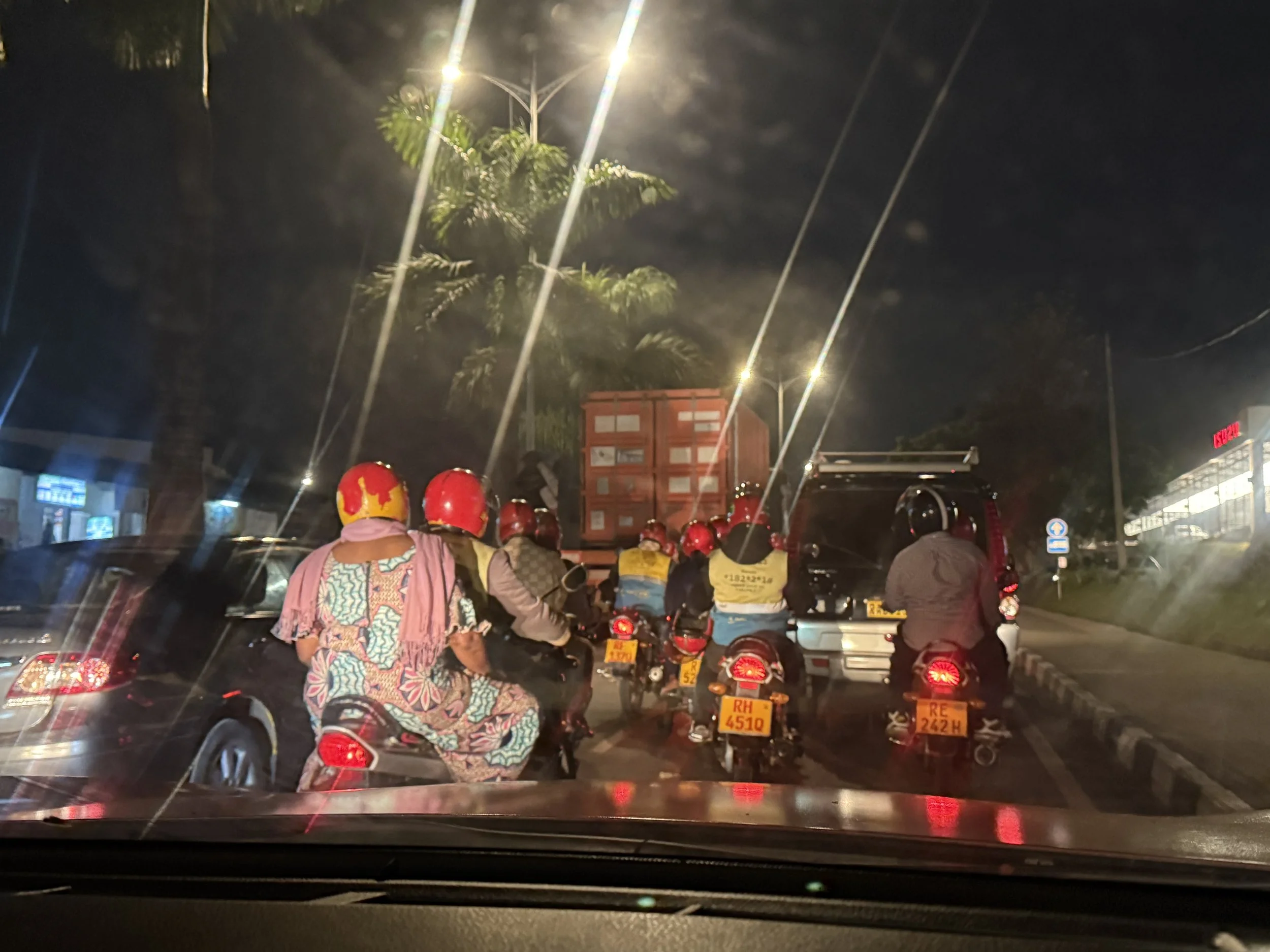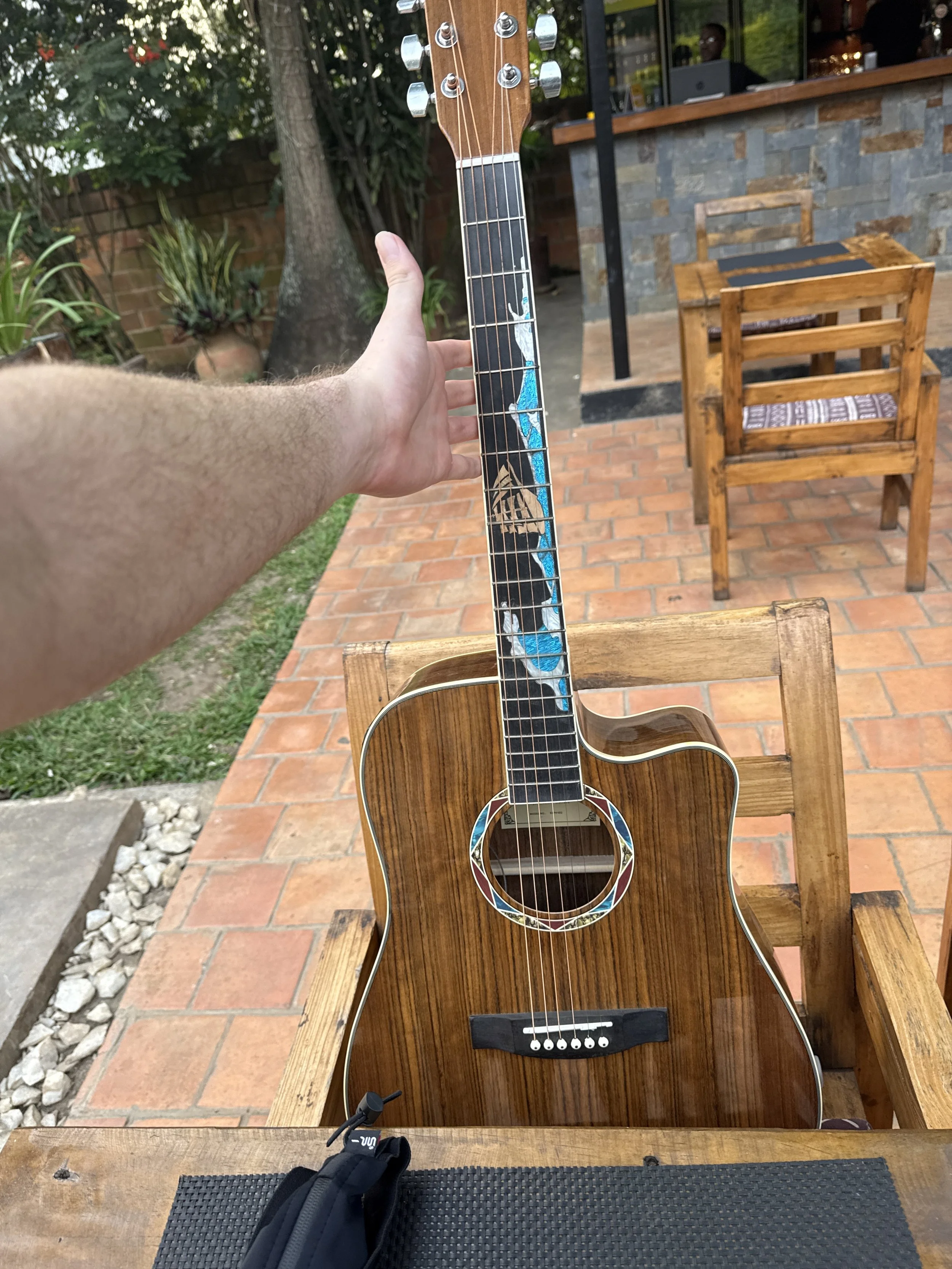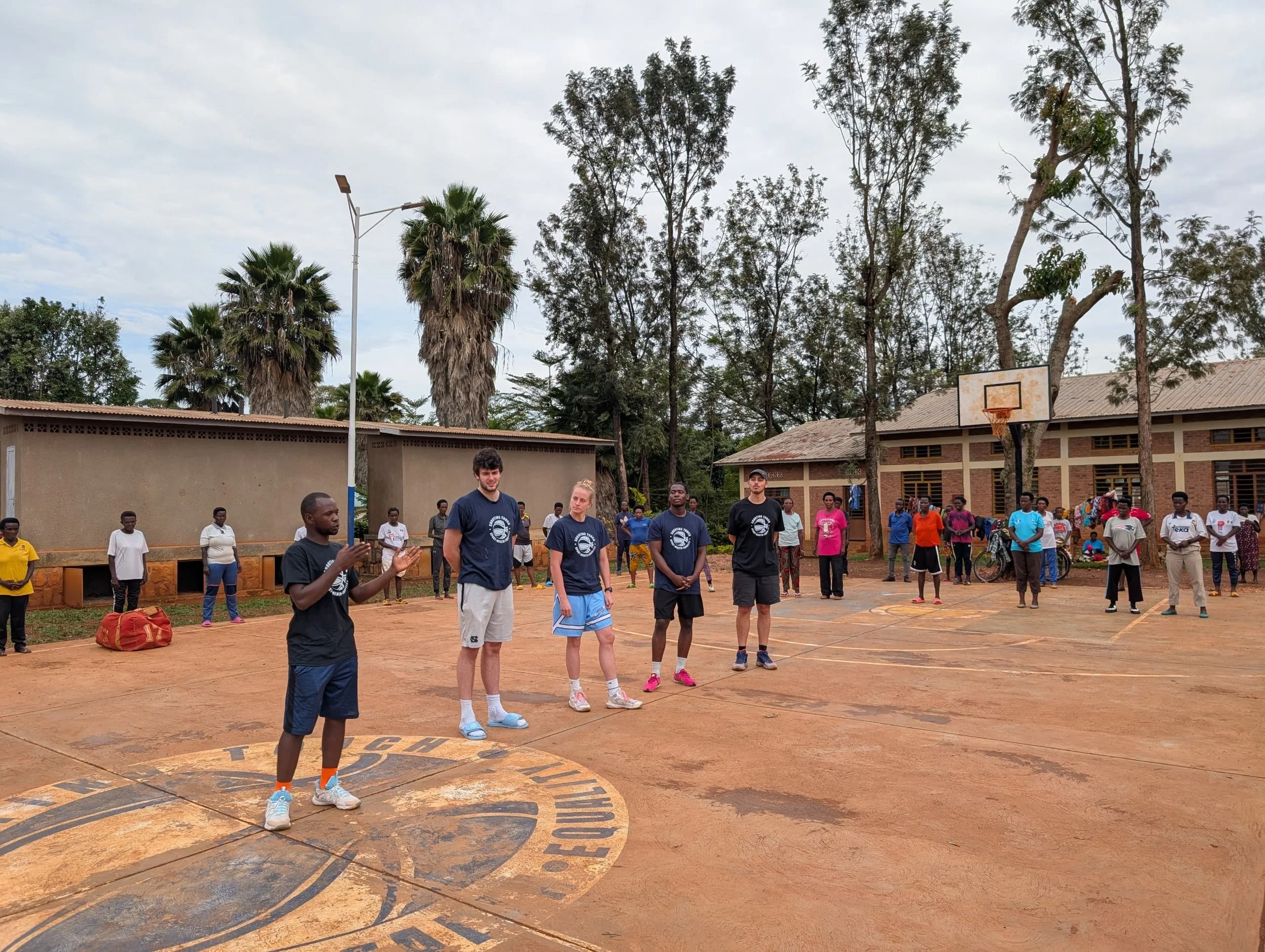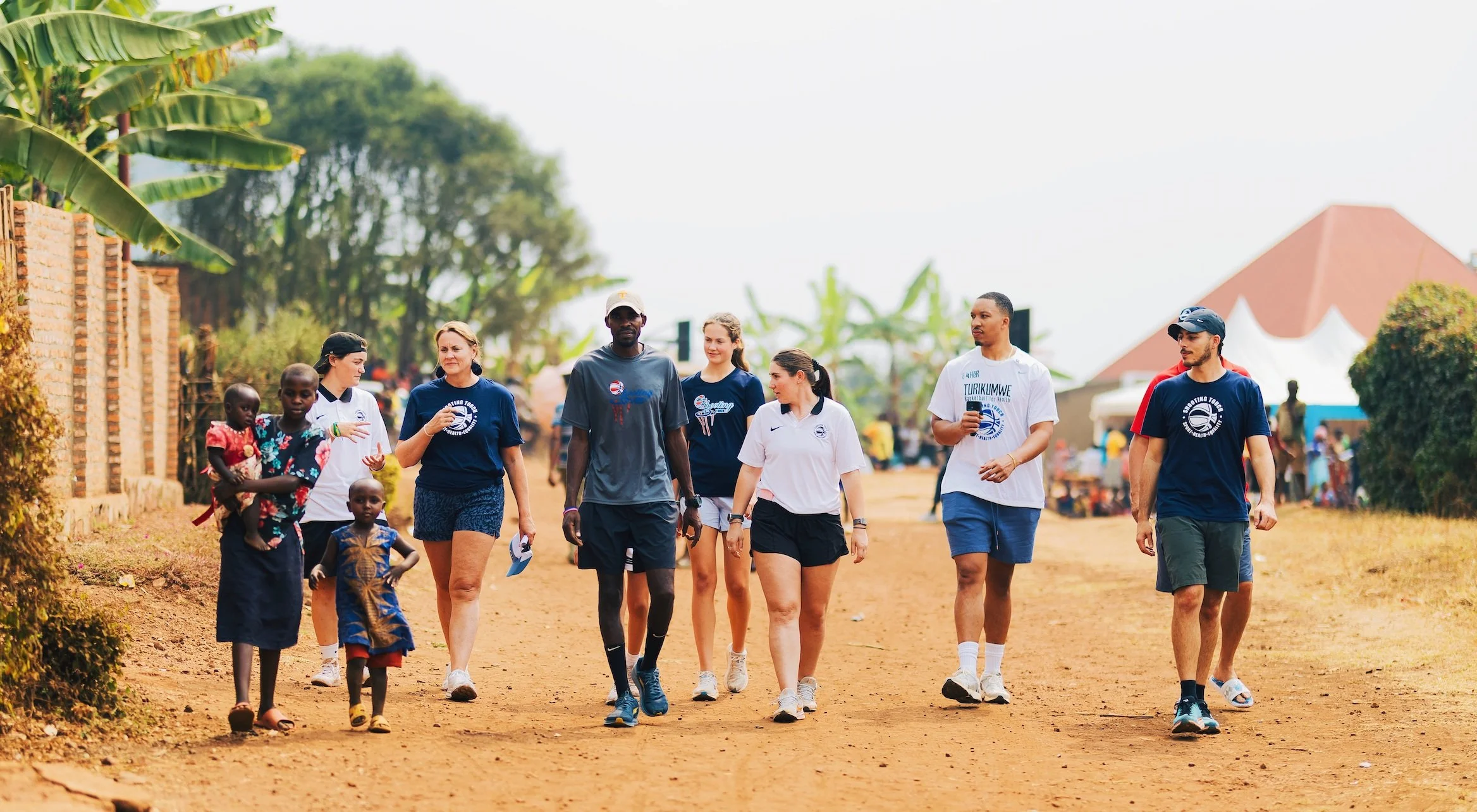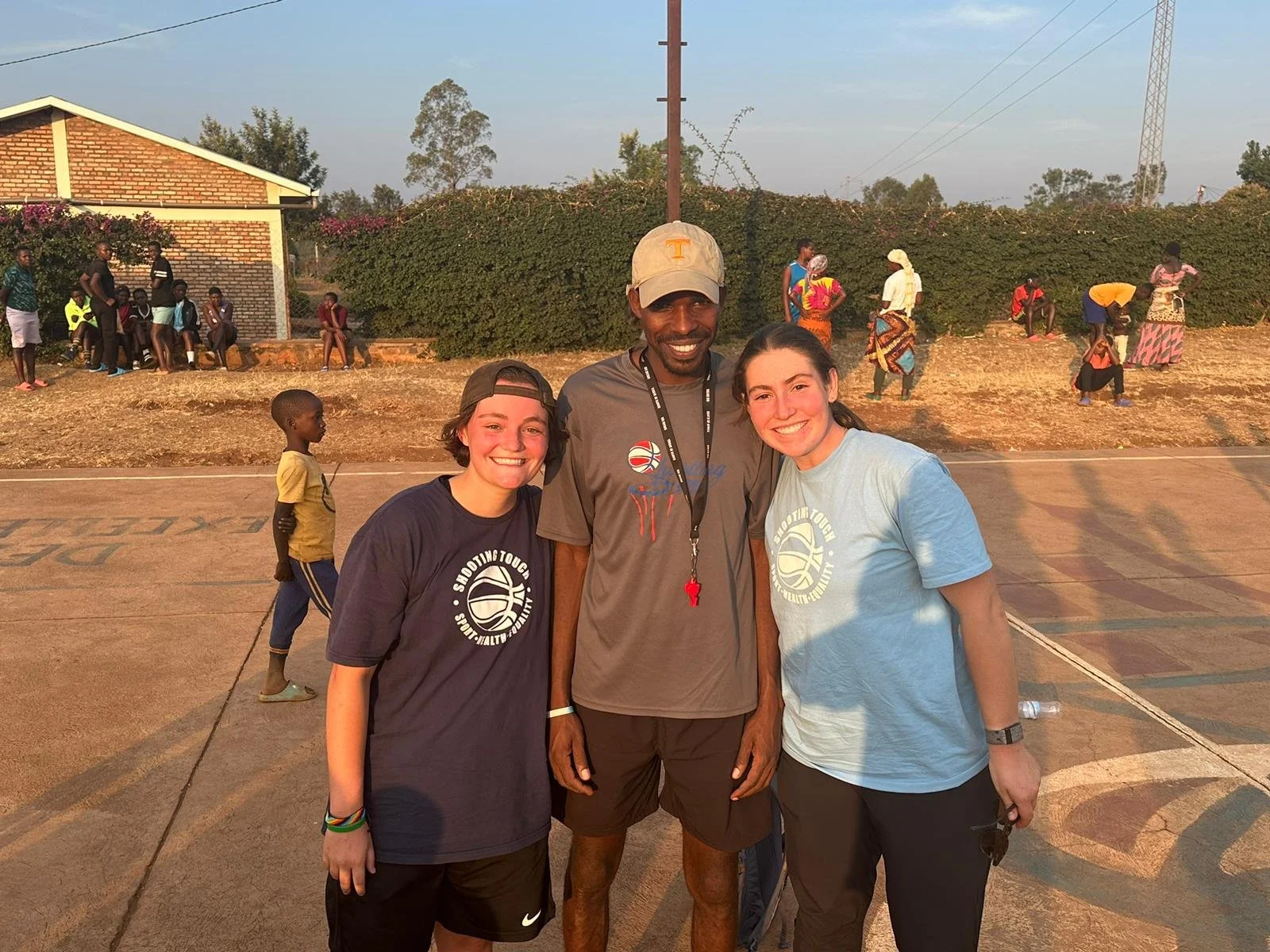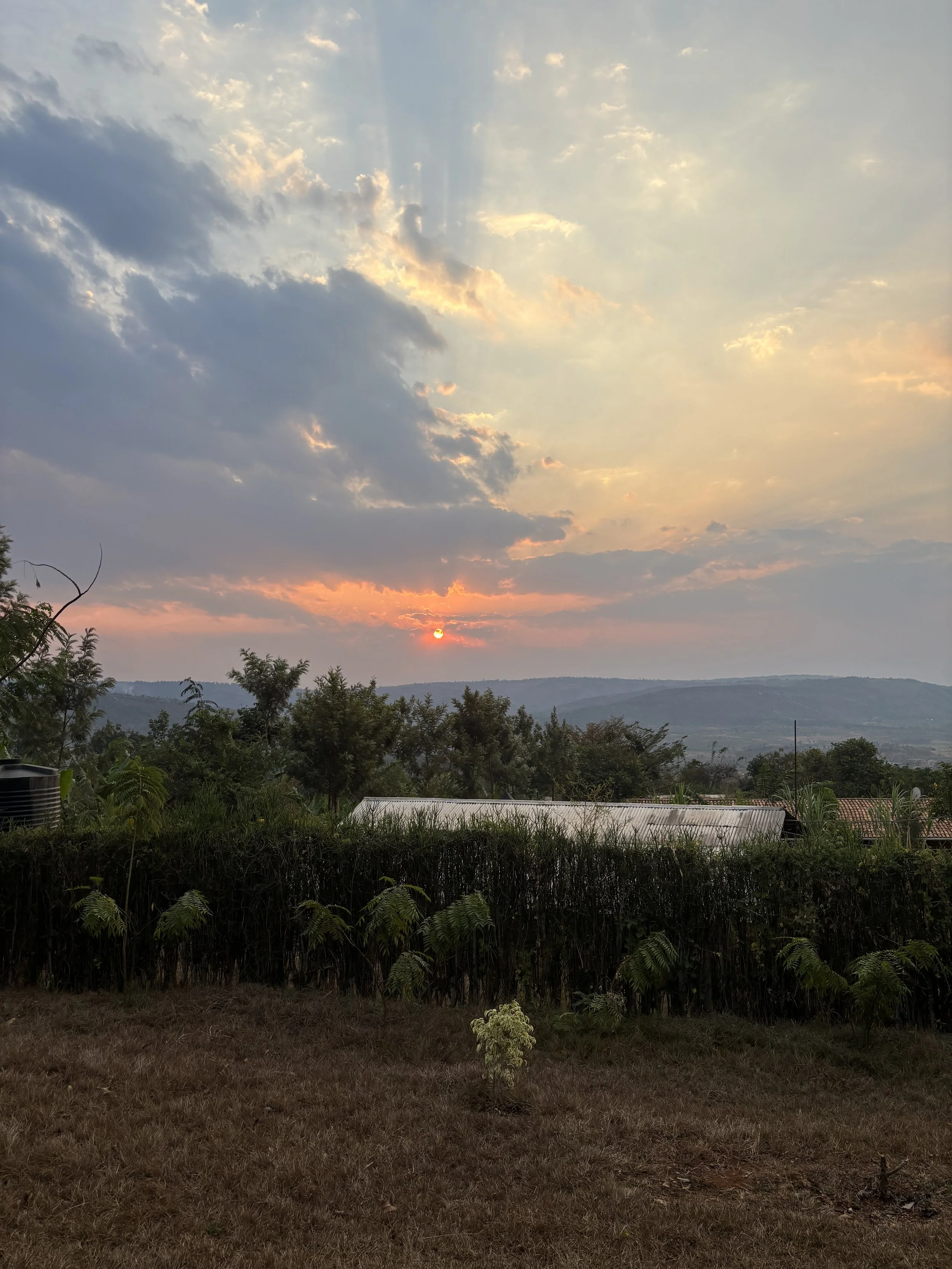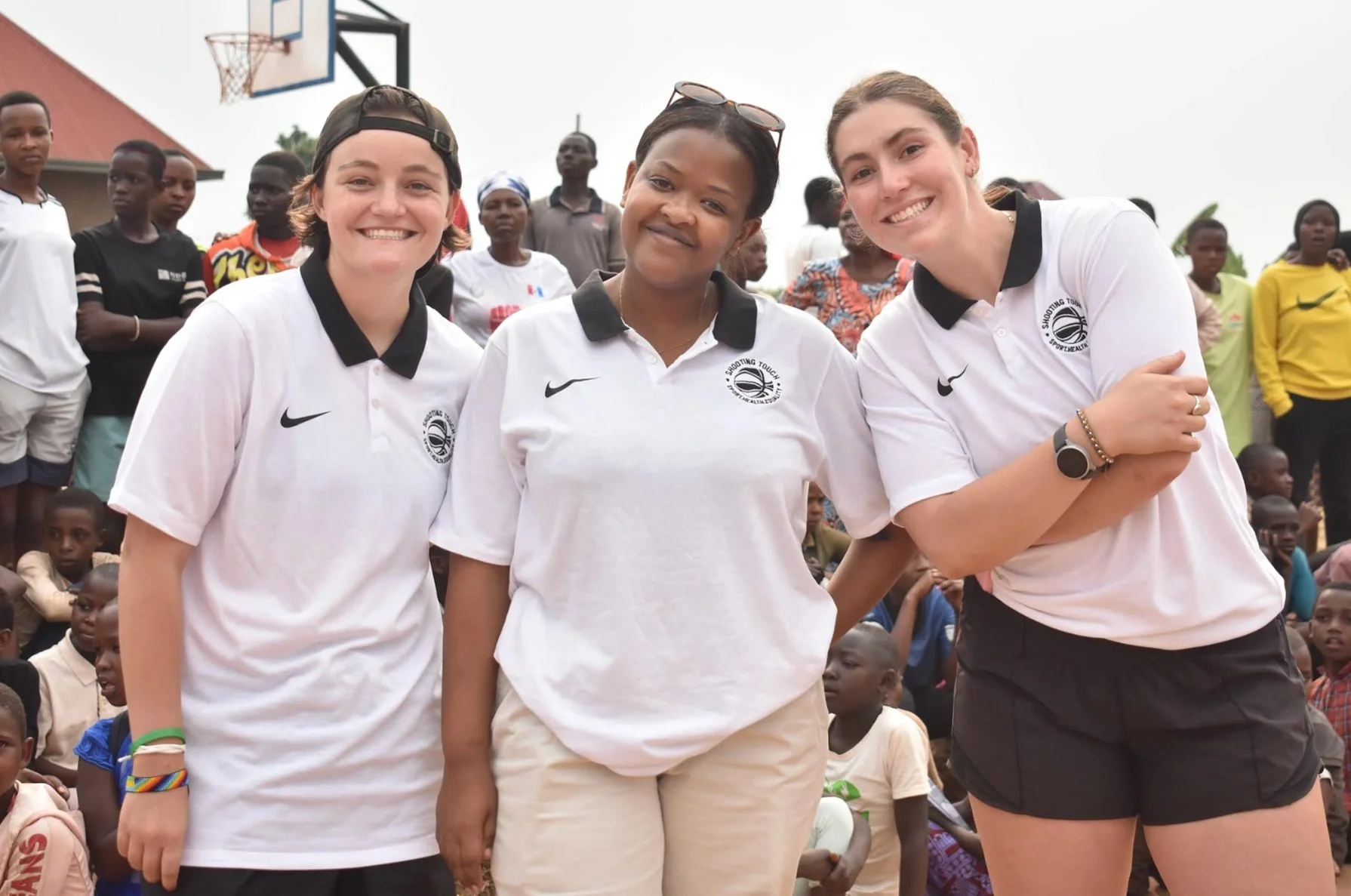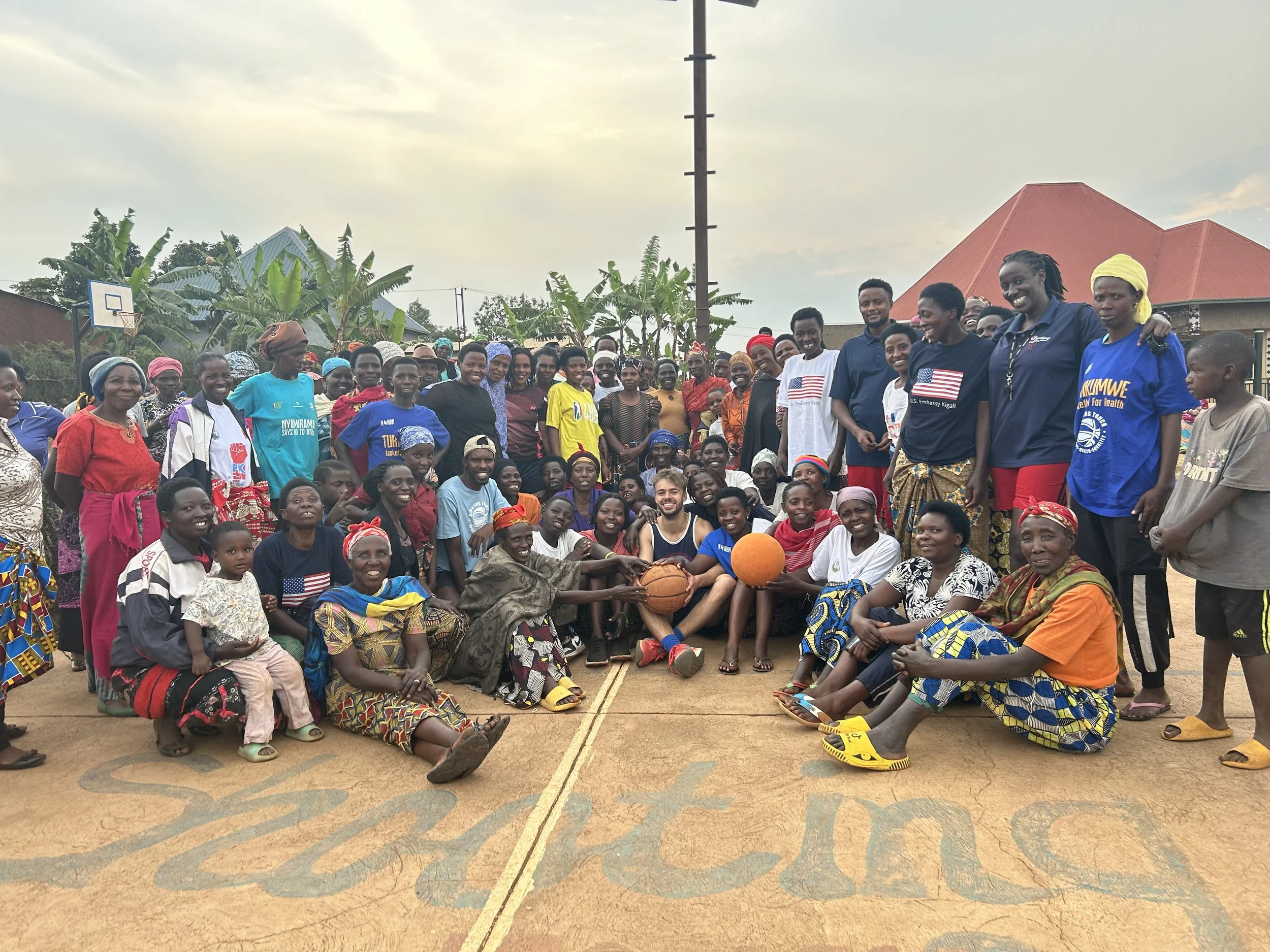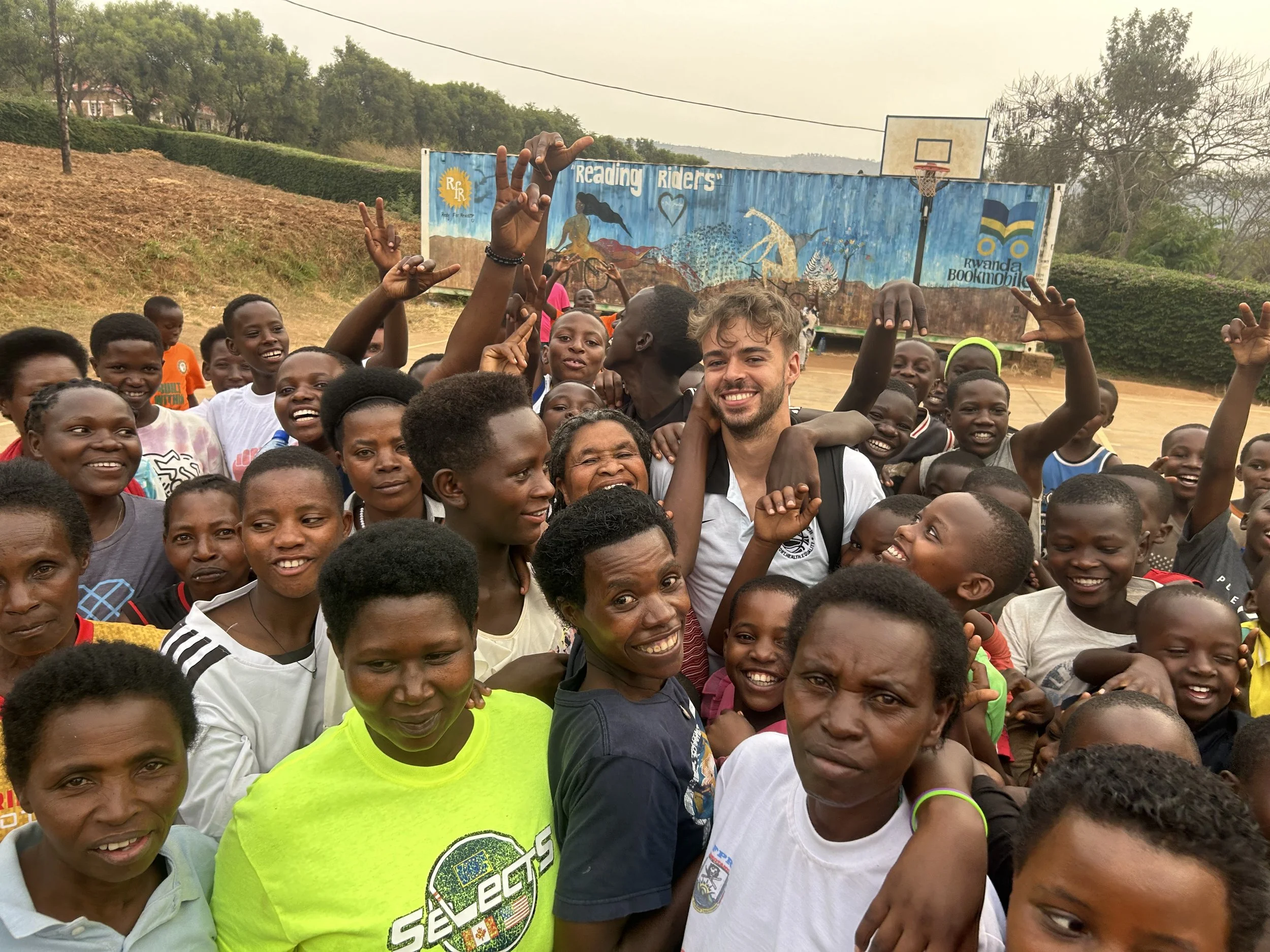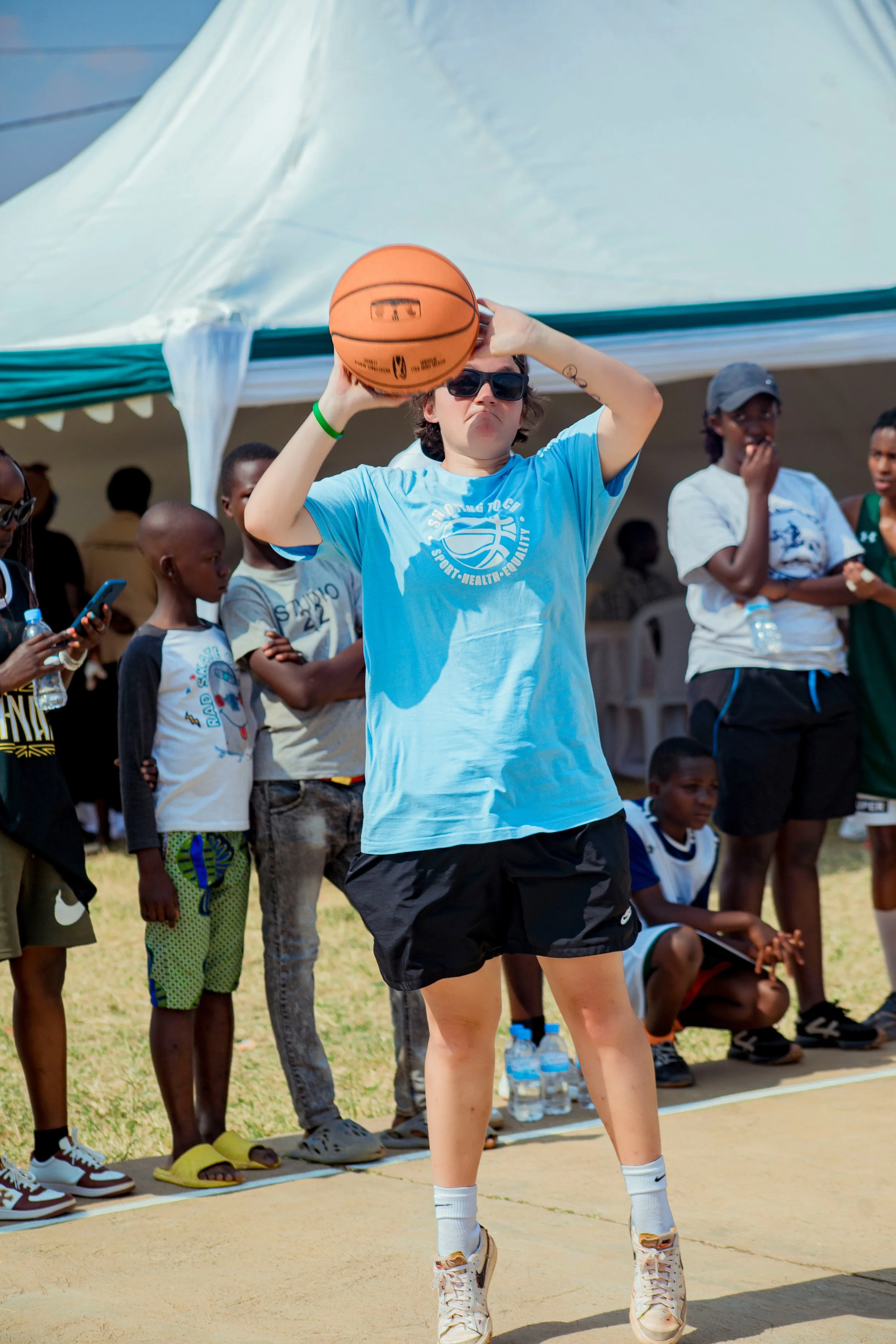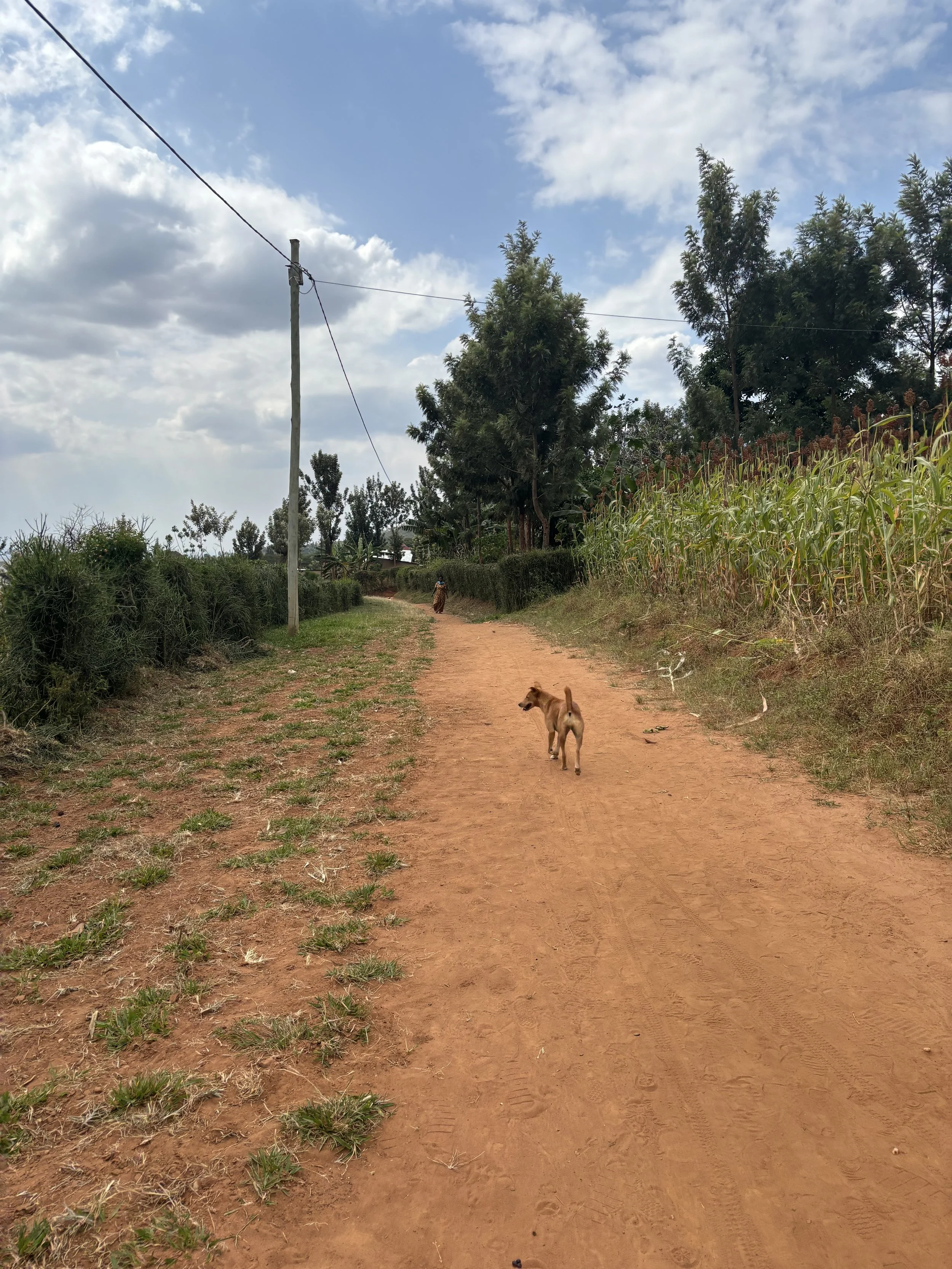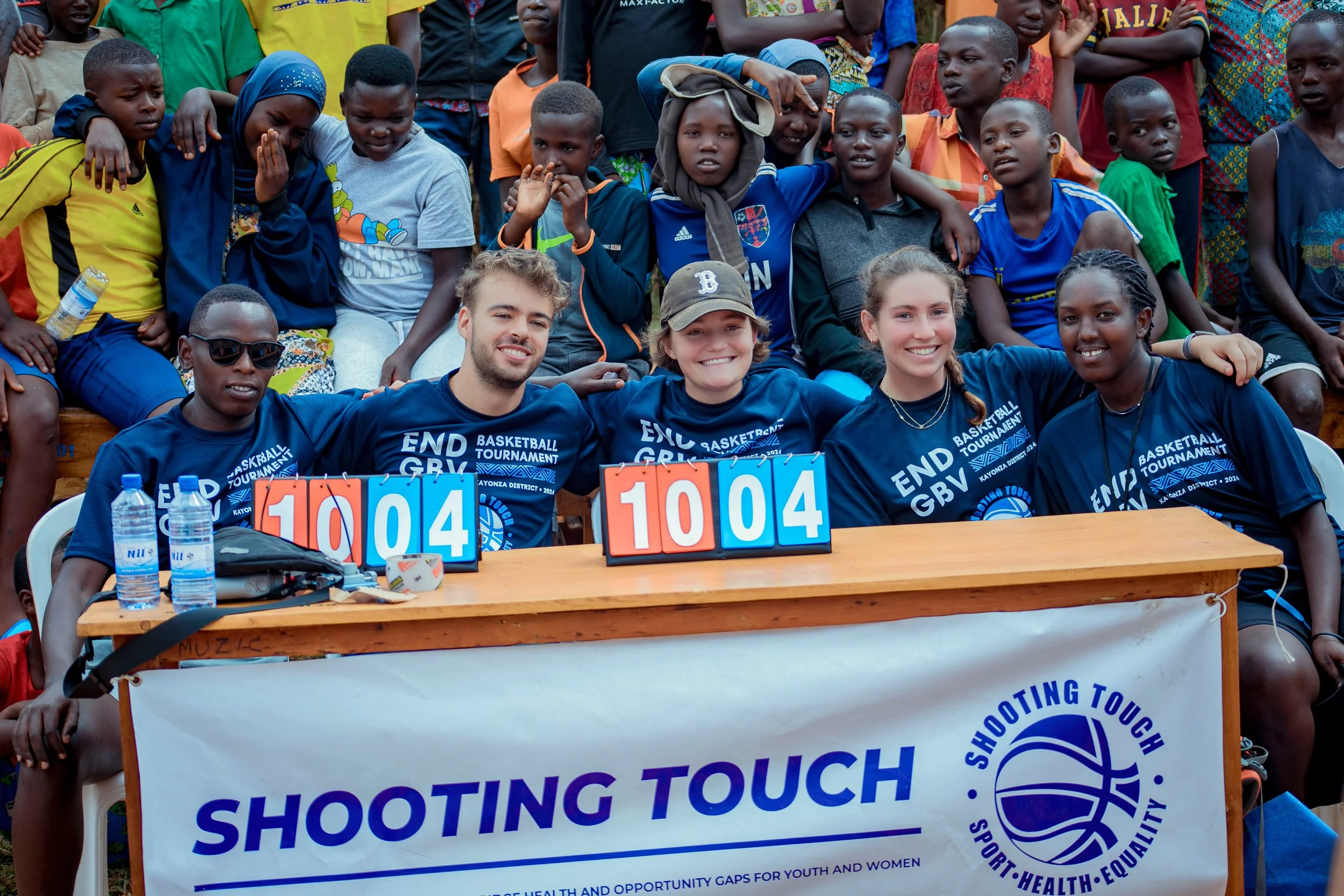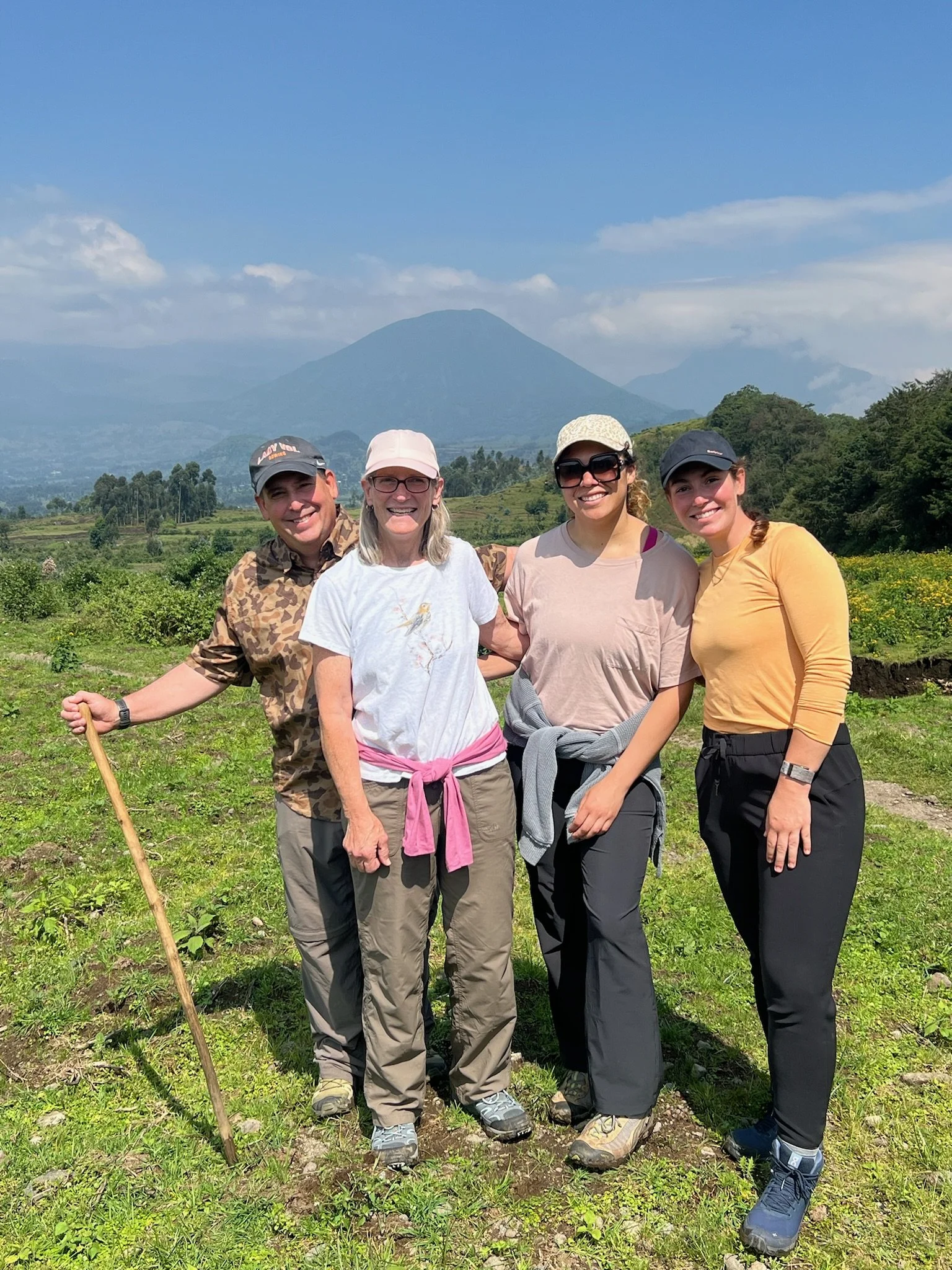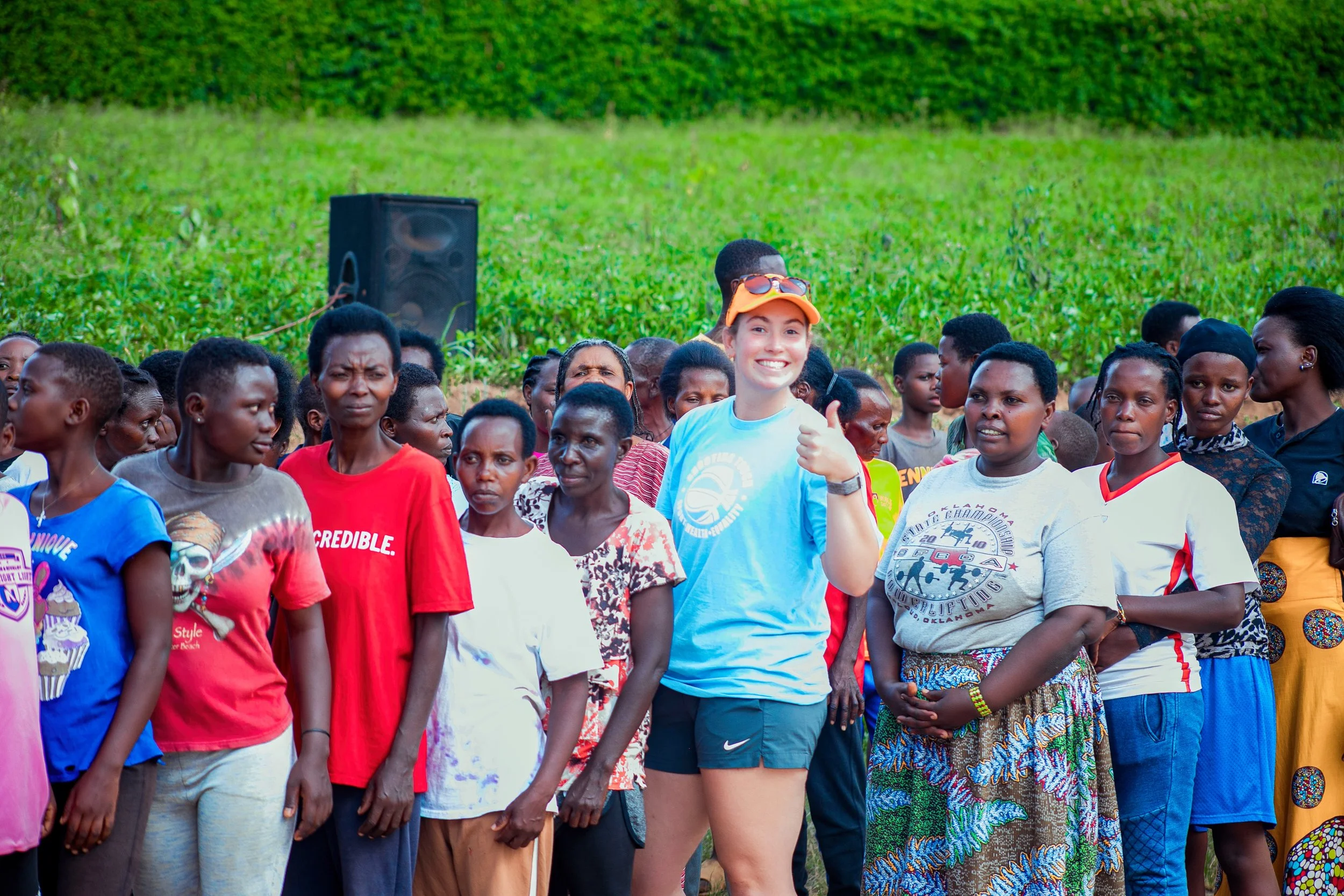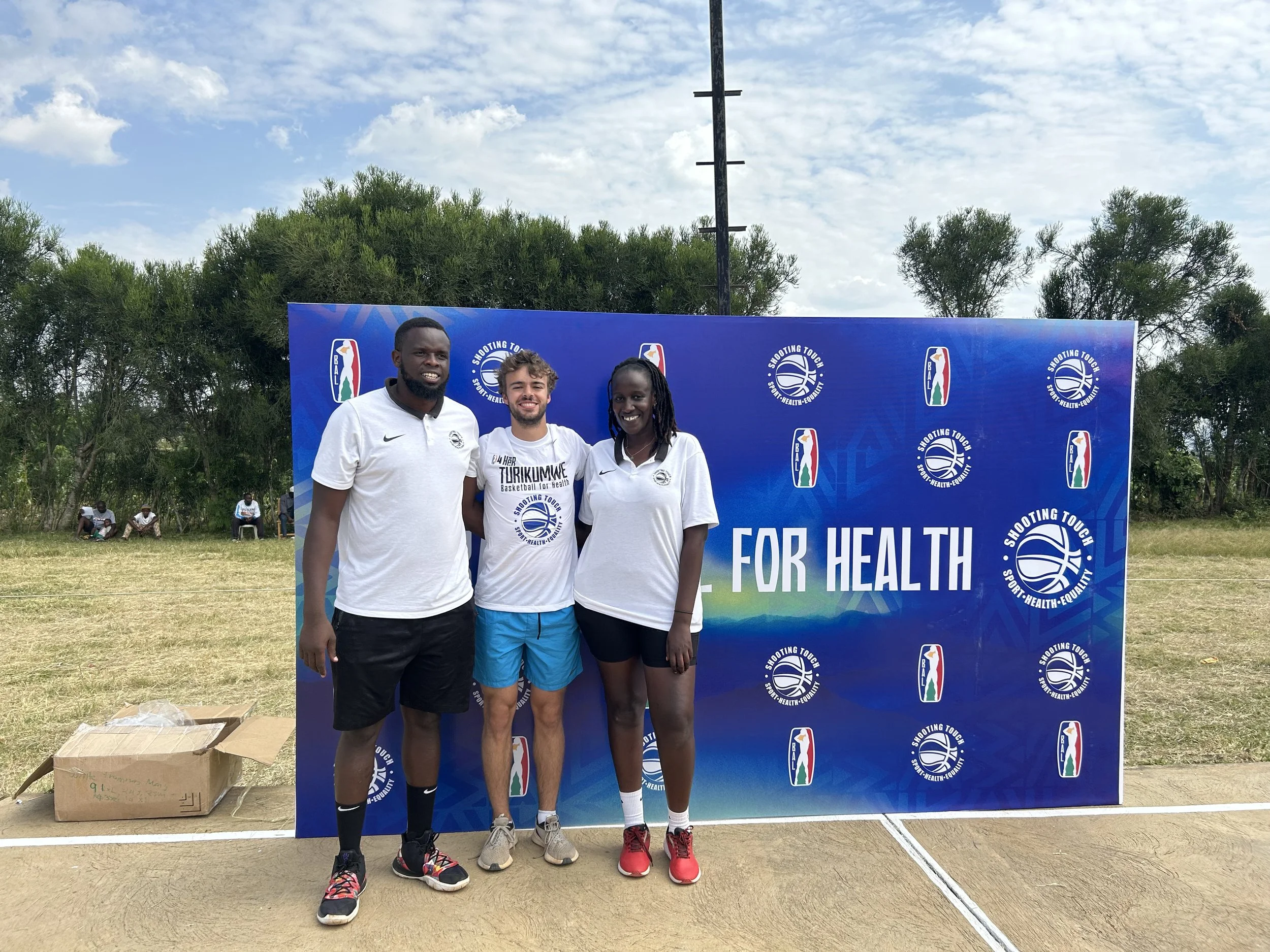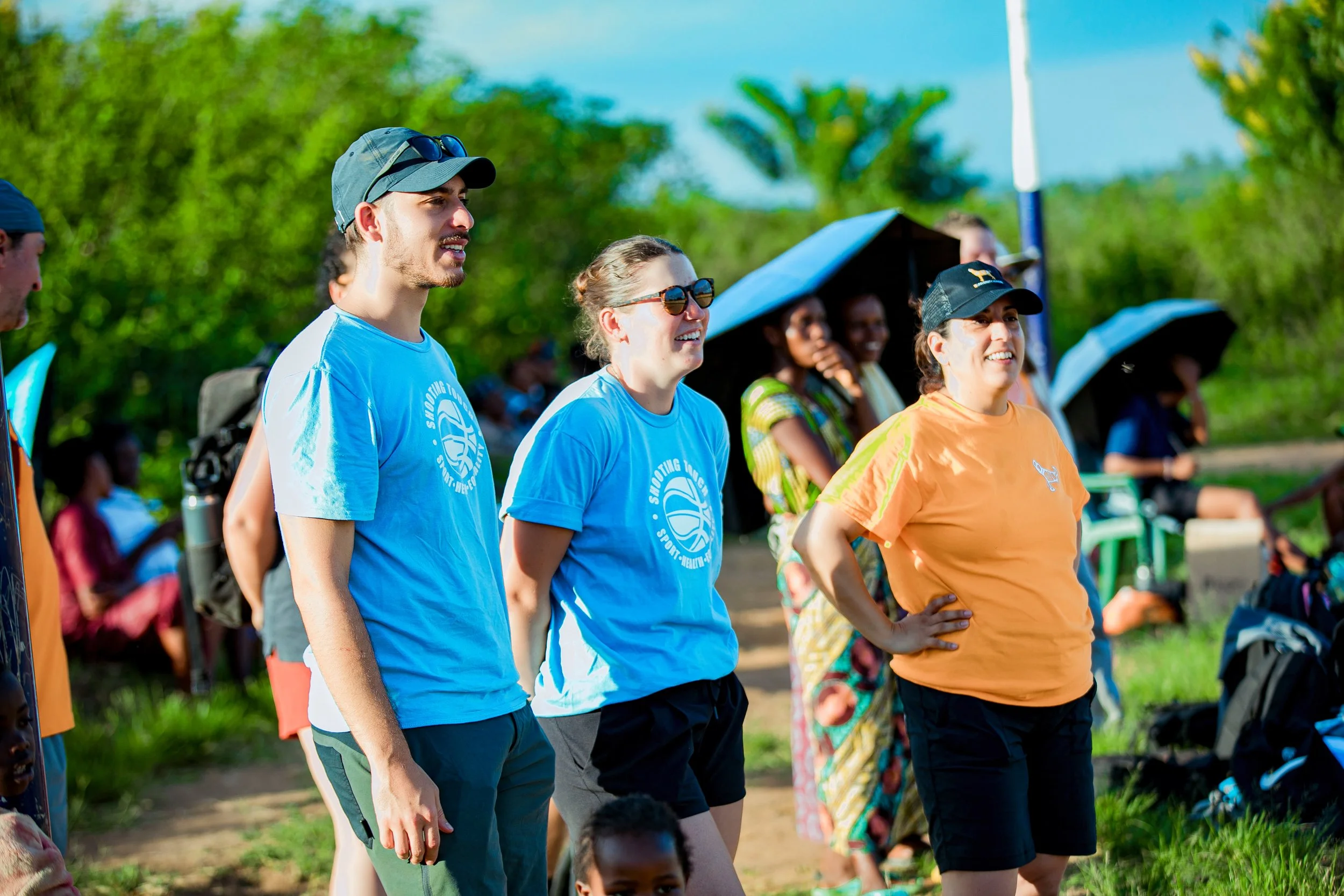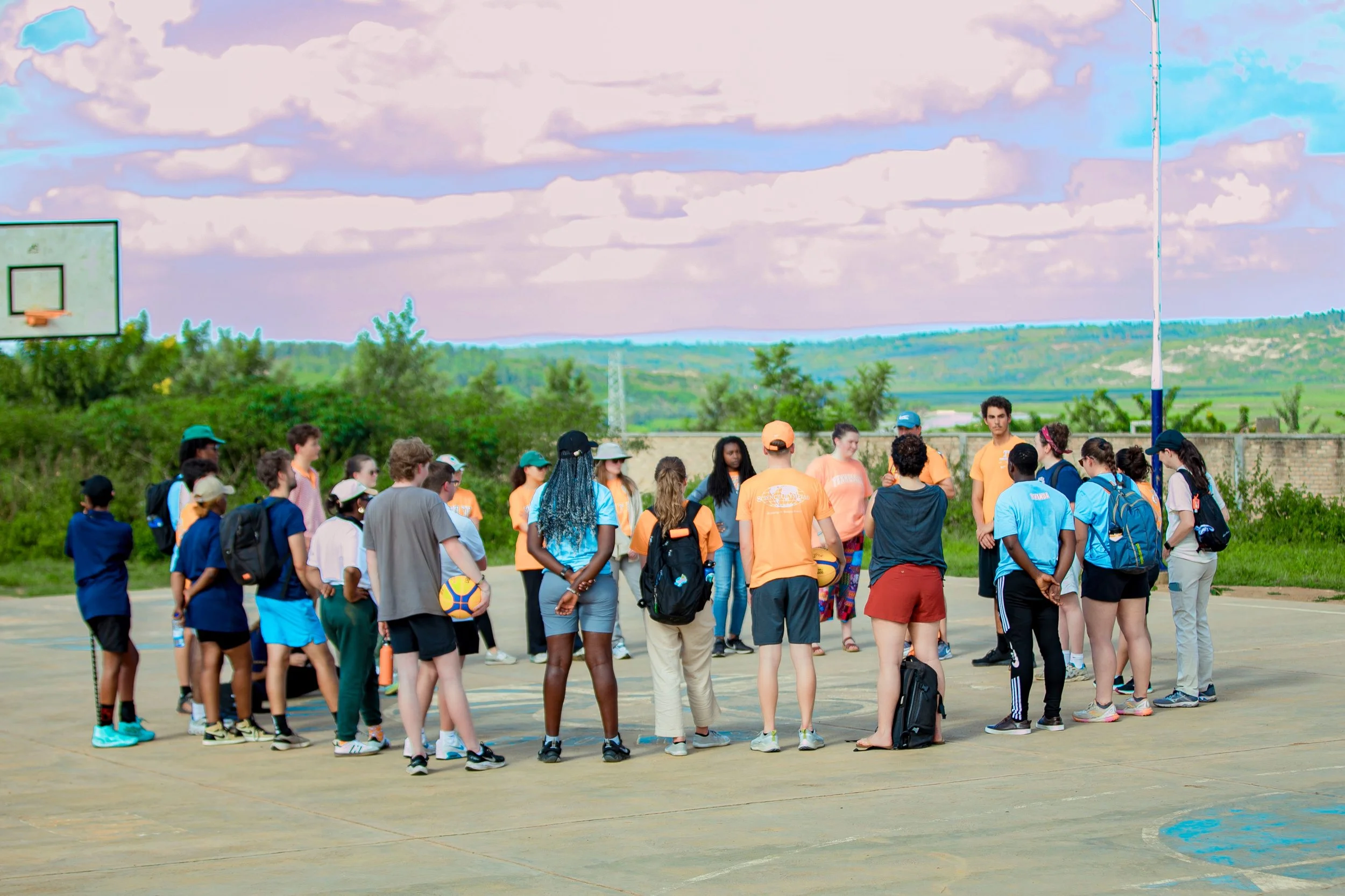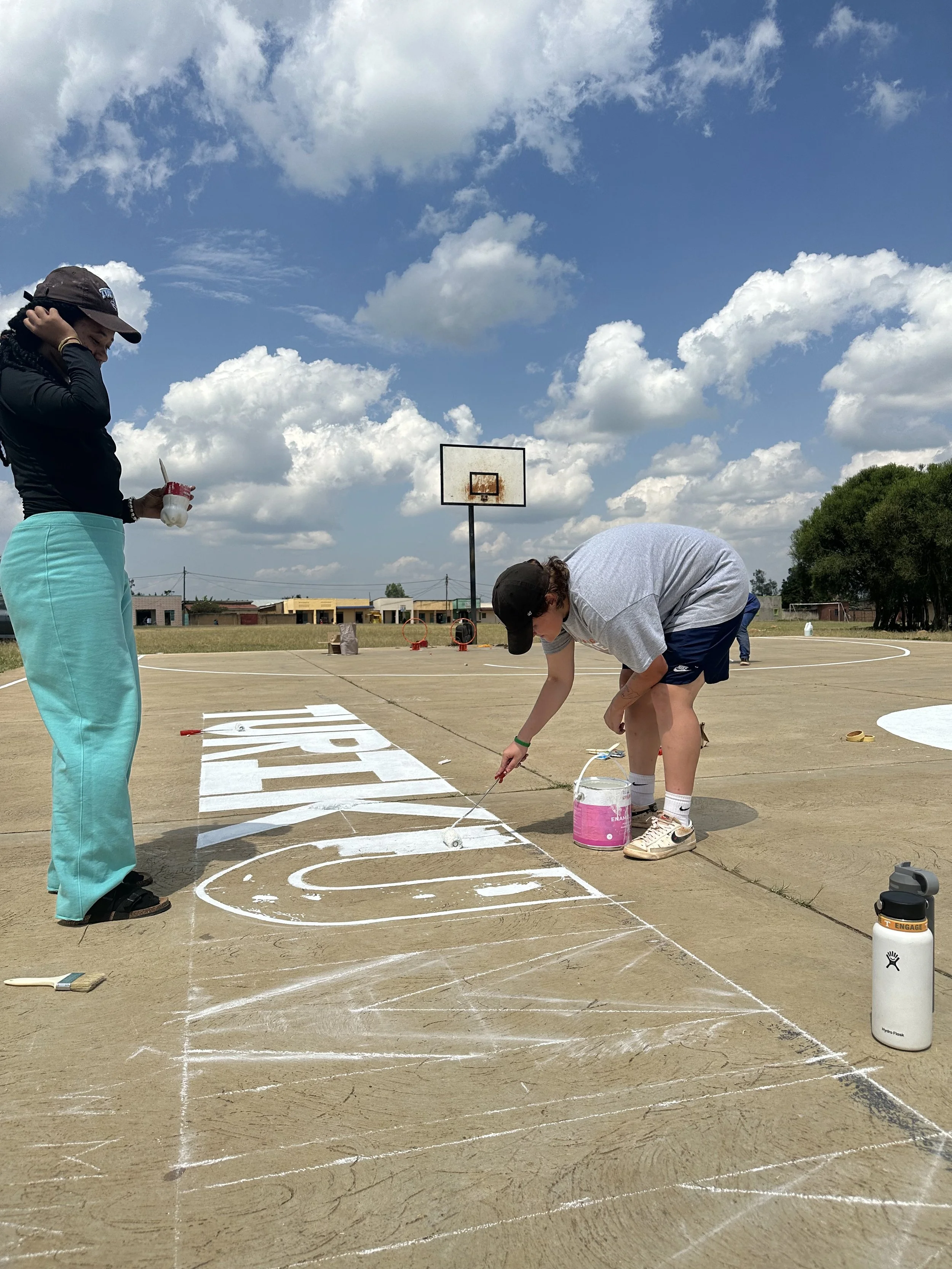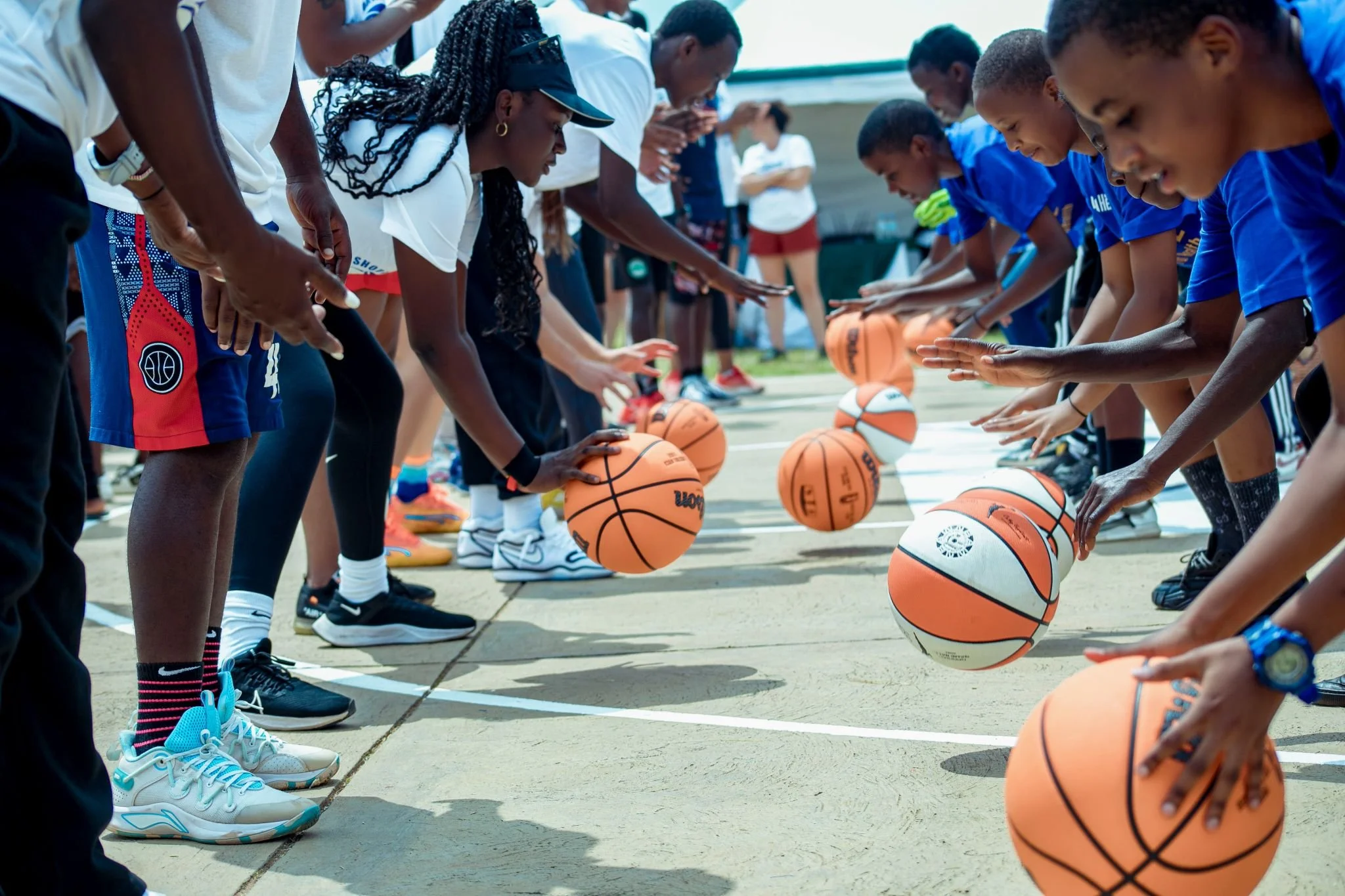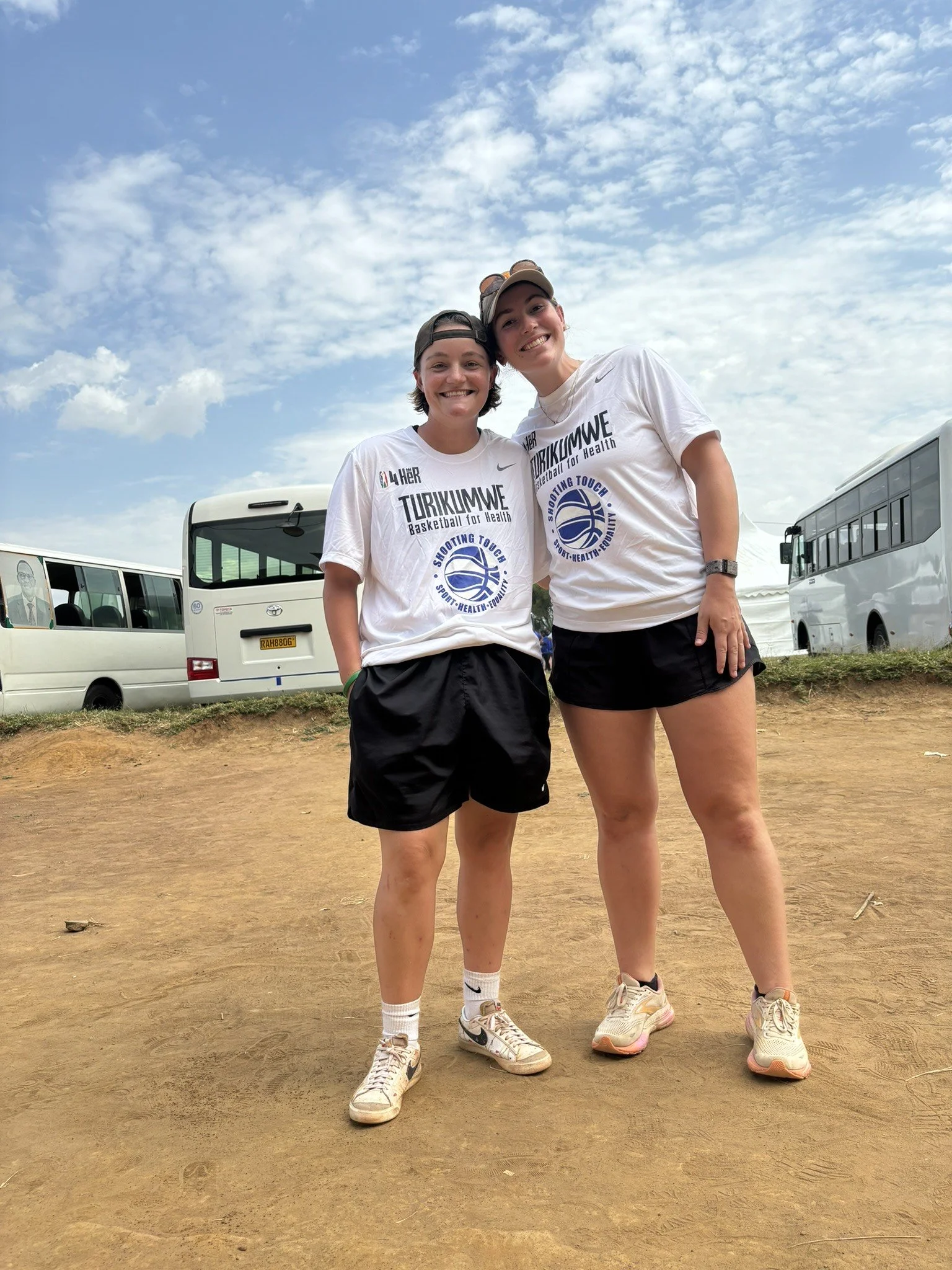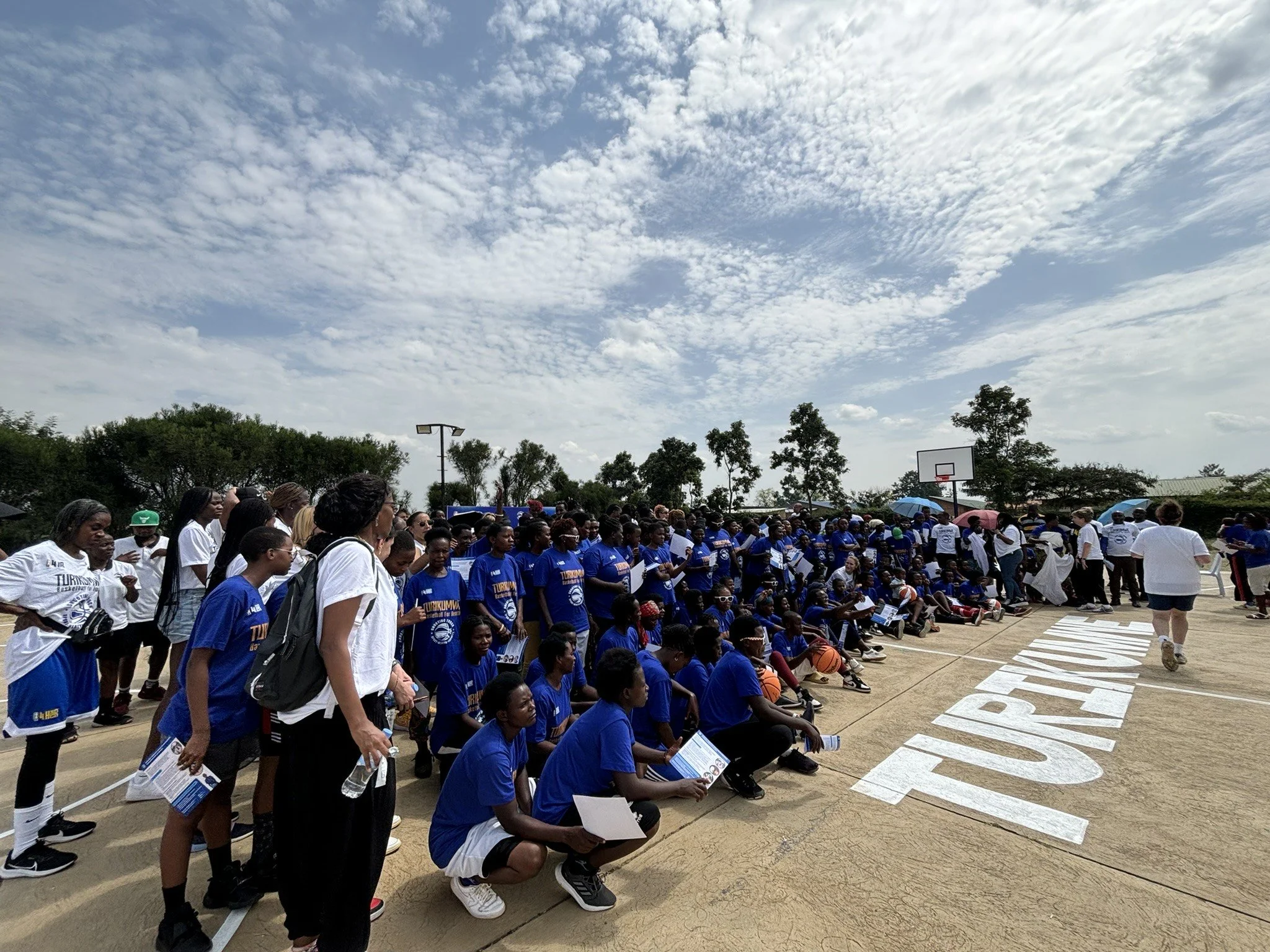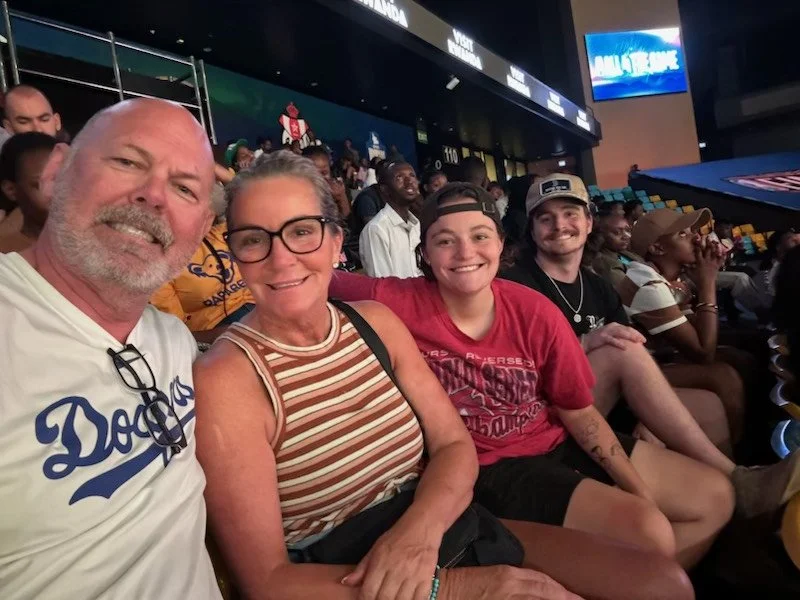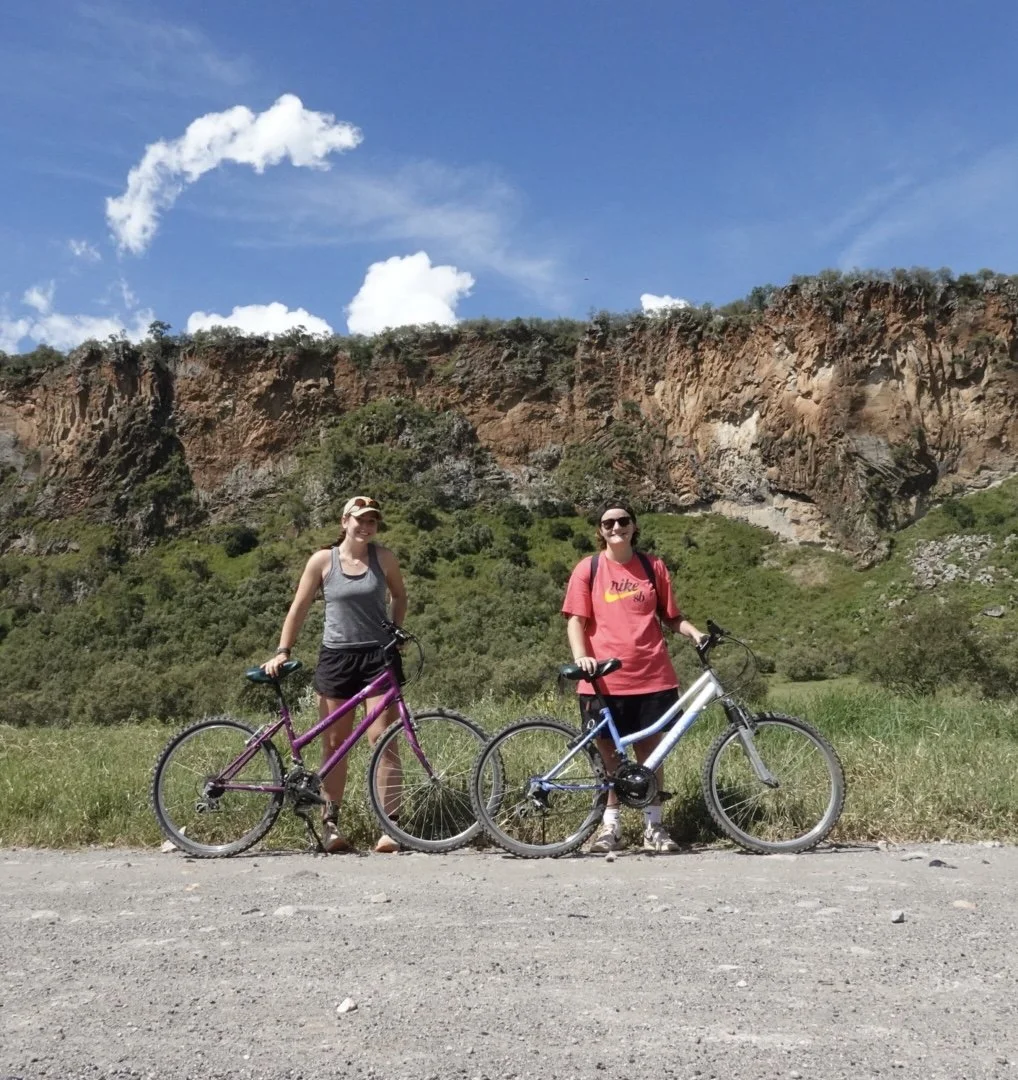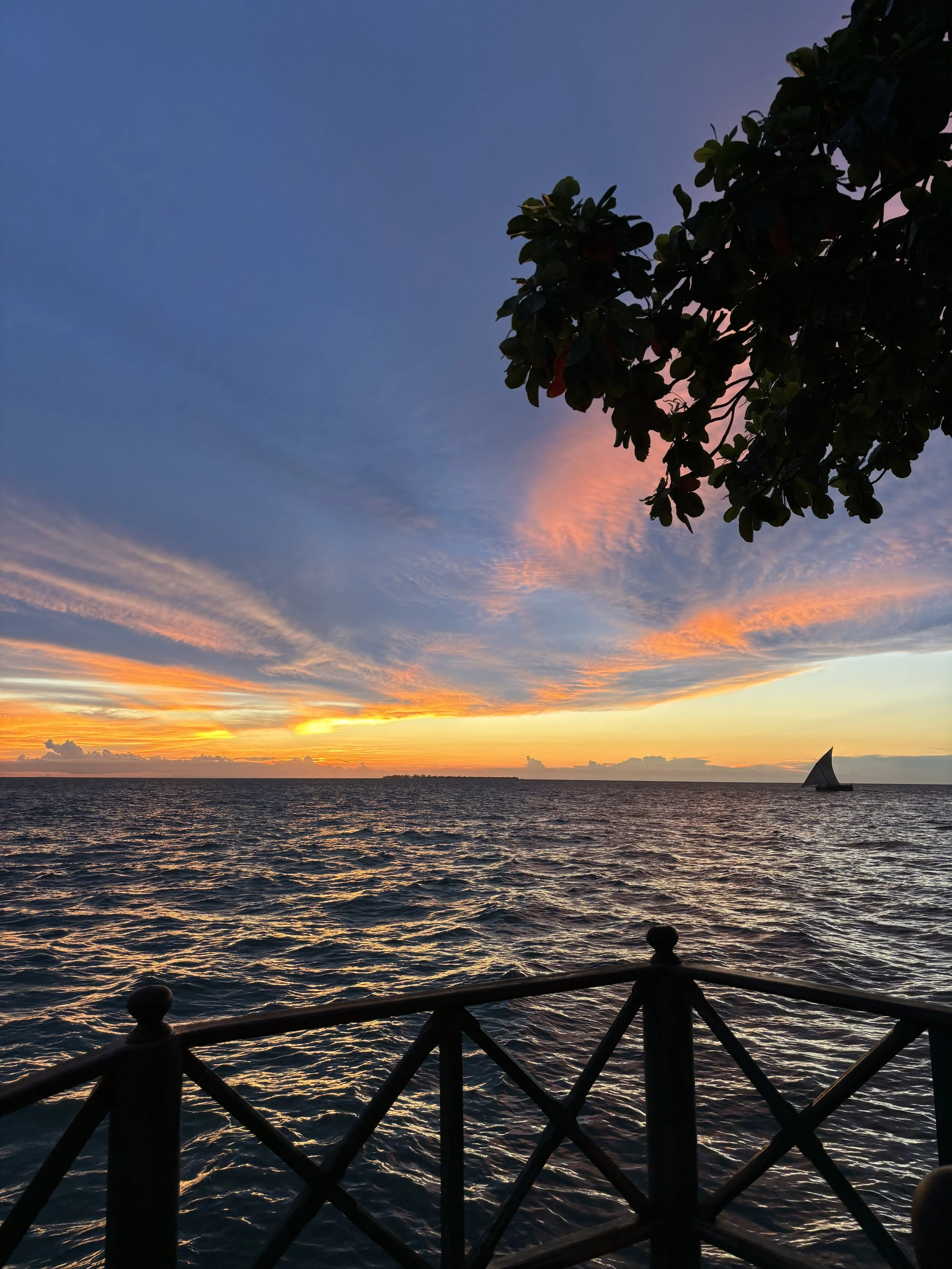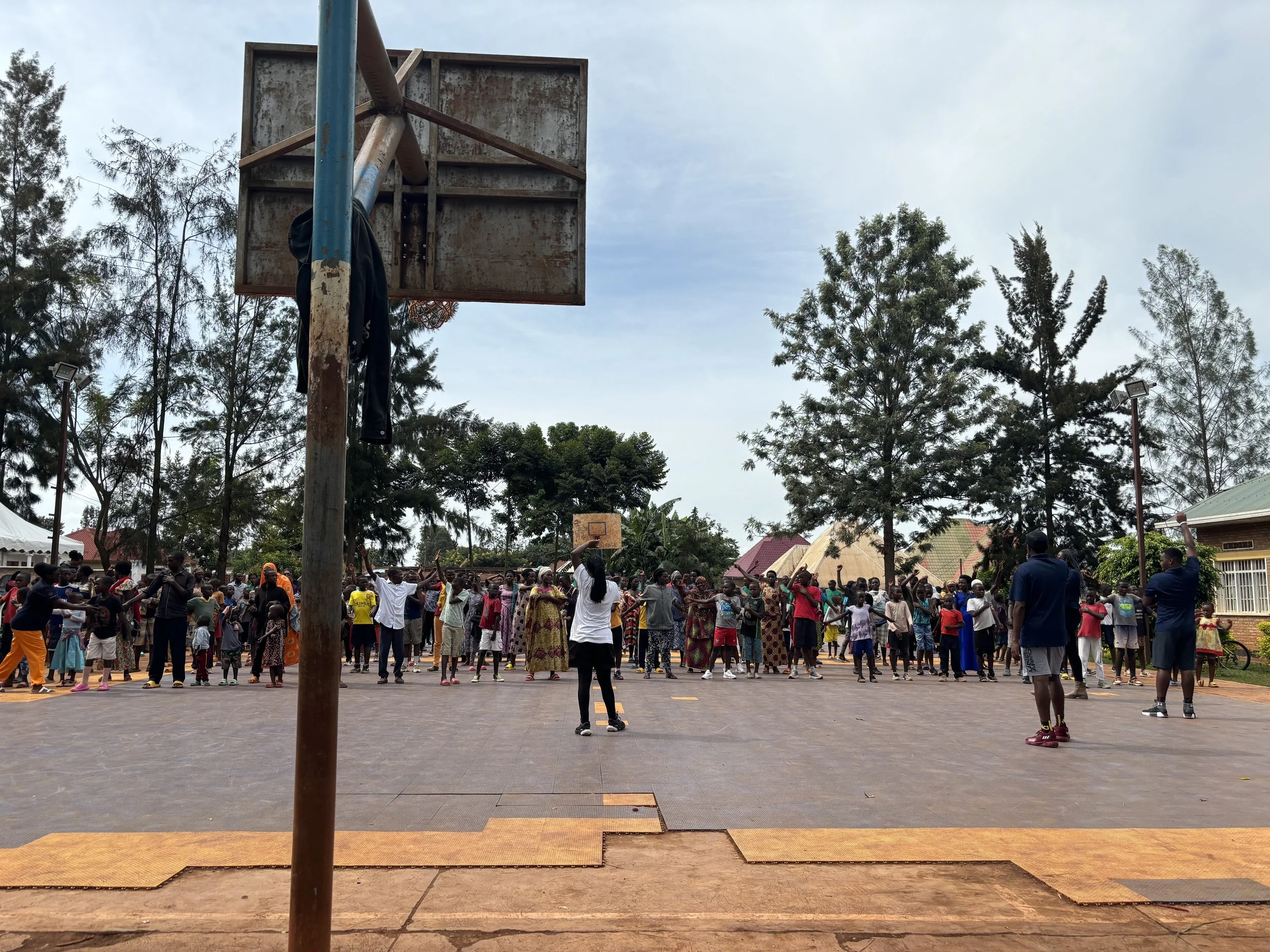On returning, belonging, and choosing again.
Lately, life has felt strangely familiar. For those unaware, I am heading back to Rwanda for my second year as a Shooting Touch Fellow. Between meeting the new Fellowship cohort, figuring out where we all fit in the larger organizational web, and chasing down pre-departure tasks, I’ve found myself stuck in a loop of déjà vu - and an even louder inner question: “Do I actually belong here?” At the same time, I’ve started to become acutely present, soaking in the smallest details of my life - the way the trees shape my neighborhood, the care my parents put into cleaning and decorating the house, the sensation of my heart physically warming when I reconnect with loved ones. I find myself holding onto these moments a little longer as my departure date quickly approaches. Carrying the awareness that my time at home is limited sharpens everything and deepens my gratitude, showing me how much routine can quietly dull our appreciation.
Having completed this Fellowship from last January to August, I exist in a strange contradiction. I am both a veteran and a beginner, familiar and unfamiliar, known and unknown, all at once. On paper, I should feel grounded. I know the rhythms, I recognize the language, and I understand the expectations in ways the new cohort cannot yet. I’ve lived the intensity, the beauty, the frustration, and the growth. I’ve already been shaped by this place. There is a quiet pressure that comes with being the only one who has done this before with no blueprint or comparison point. Just me, holding both the weight of expectation and the privilege of return. And still, sitting in meetings again, introducing myself again, preparing to leave again, the same question keeps rising to the surface: “Do I belong here now?”
The déjà vu isn’t just about the tasks or the timelines. It’s emotional. It’s the way my body remembers what my mind hasn’t yet caught up to. The packing. The goodbyes. The anticipatory grief mixed with excitement. The subtle unraveling of routine. I’ve stood in this doorway before, and maybe that’s why the question of belonging feels sharper this time around, because it’s no longer hypothetical. Last year, I wondered if I was capable. This year, I wonder if I am still worthy of the opportunity, or to put it plainly, if returning means I am taking up space that should belong to someone else. For once, the doubts don’t sound or feel dramatic; they sound practical, and that makes them harder to confront. What complicates it even more is that this return is intentional. I chose to come back. I said yes again knowing how hard it would be, how deeply it would stretch me, how much it would demand physically, emotionally, and spiritually. This was not a blind leap, but a conscious one. So why does the ground still feel unsteady beneath my feet?
Maybe because growth is not meant to feel familiar, even when the setting is. Maybe the second time through is not about comfort, but about refinement. About meeting the work, and myself, with clearer eyes. About discovering not whether I can do this, but who I am when I no longer need to prove that I belong. Right now, I am learning that returning does not mean repeating. It means re-entering with more honesty, fewer illusions, and deeper awareness of both my limits and my capacity. The question “Do I belong here?” hasn’t disappeared, but it has softened. It now feels like an invitation, not an accusation - an invitation to show up not as the version of myself who was eager to be chosen, but as the version who has already been shaped by the choosing.
And maybe that is the quiet work of this second year: not to earn belonging, but to practice receiving it.
And still, beneath the self doubt, there are the quiet reasons - the ones that don’t shout, but steady me when the questions get loud. The reasons I gave a second yes, even when saying no would have been the easier, more comfortable choice. I return because this work asks something real of me. It pulls me out of performance and into presence. It stretches my faith, my patience, my compassion, and my understanding of service. I return for the version of myself that only emerged in that place, refusing to let me remain who I was when I first arrived, and waiting to be met again. I return because I saw clearly where I grew and where I held back, and because last year cracked something open that I am not ready to close. I return because that quiet and persistent inner voice keeps saying that if I don’t, I will always wonder who I might have become if I had stayed. Yet above all these reasons, the one that burns the brightest and deepest within me is: I return because there are faces I cannot forget. Stories that rooted themselves in me. Communities that feel like both mirrors and teachers. After all, some callings don’t resolve neatly after one season; they linger, reverberate, and echo.
So as I return to Shooting Touch for a second year, I am learning that belonging in this work is not proven through certainty, but practiced through commitment. I carry forward what last year taught me - the rhythms of the work, the trust built with coaches and communities, and the lessons that only come from staying present through complexity. This year asks me not just to participate, but to contribute with greater care: to listen more closely, to support my colleagues more intentionally, and to approach the work with patience rather than urgency. I return not to take up space, but to tend to it - showing up with humility, responsibility, and openness to being shaped again by the people at the heart of this organization. And if belonging is something we choose again and again, then this second year is my choice: to keep showing up, to keep learning, and to grow alongside the work that first called me here.

